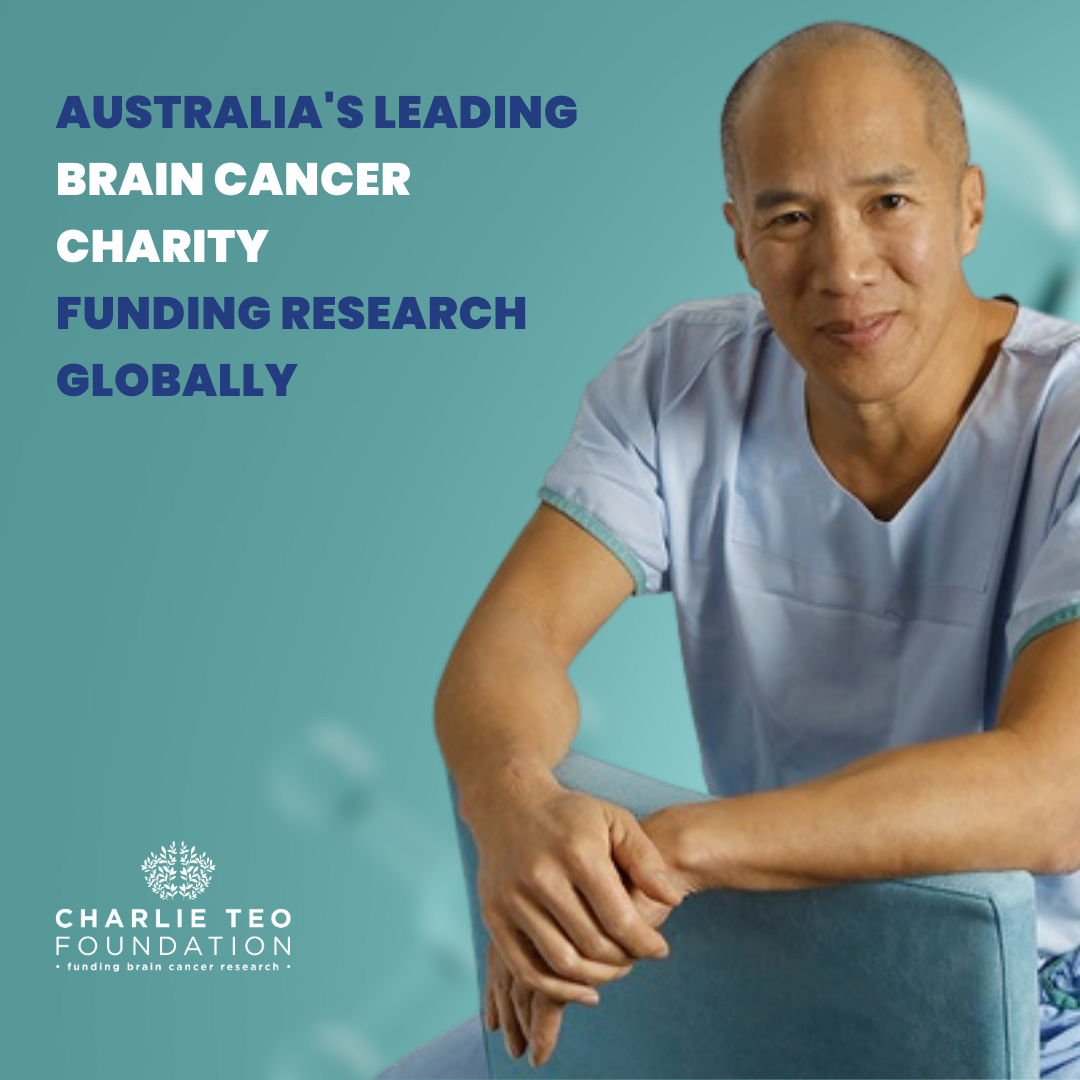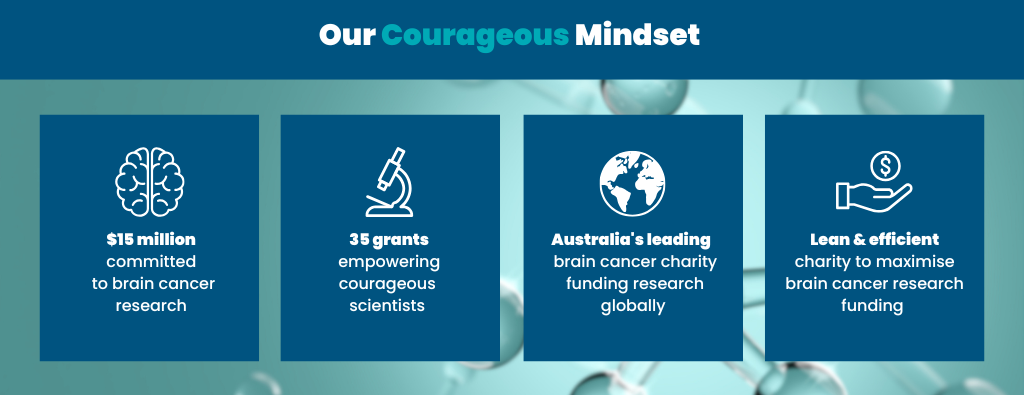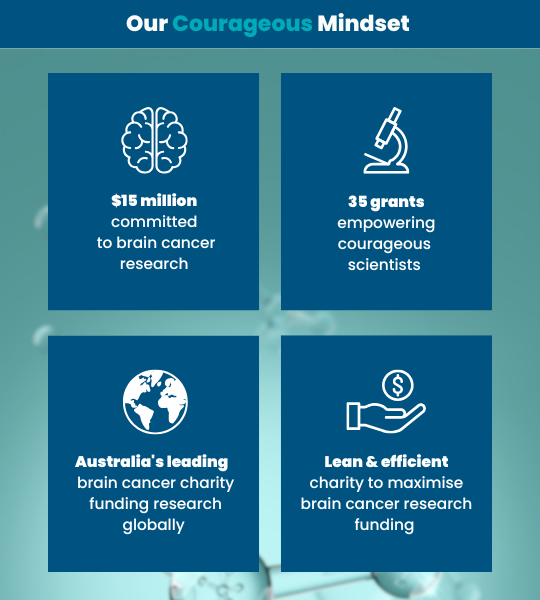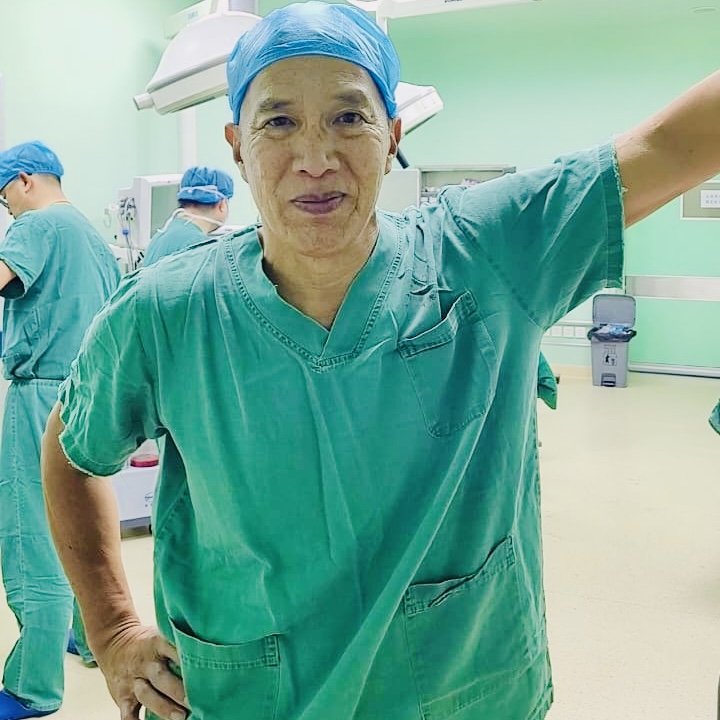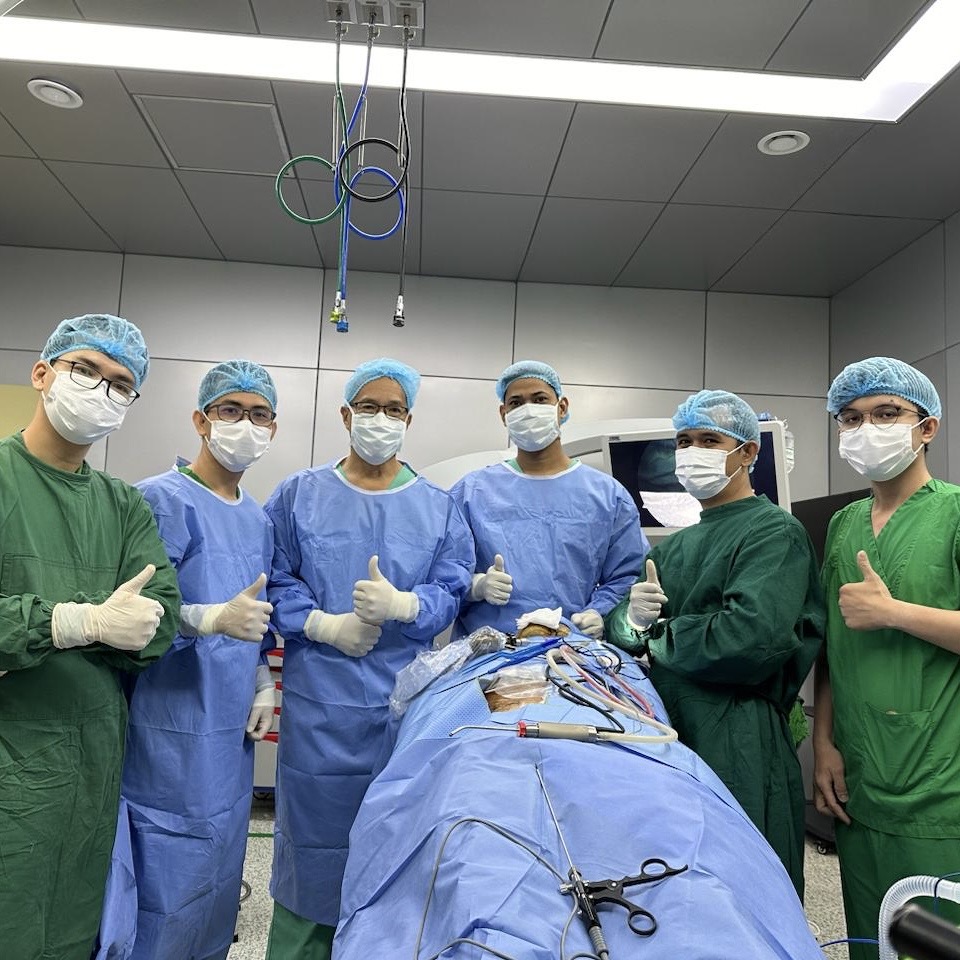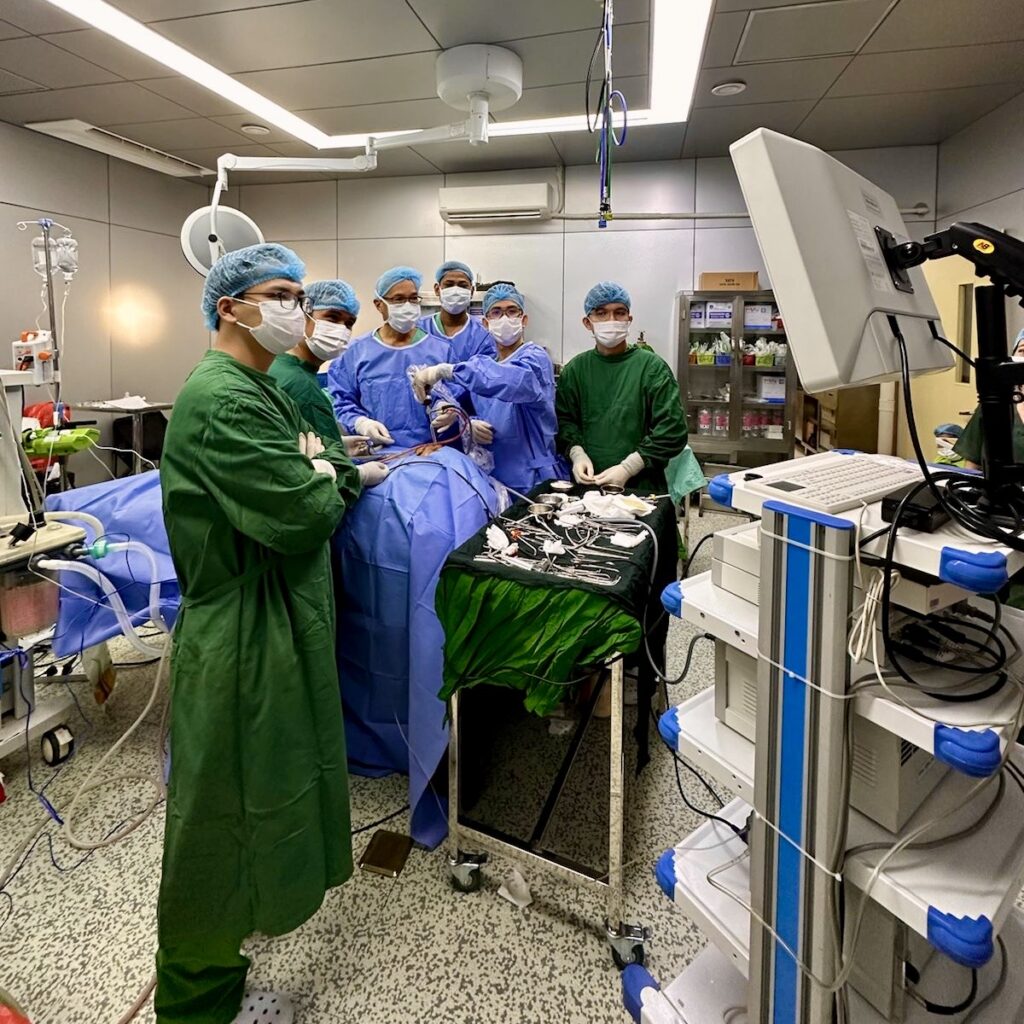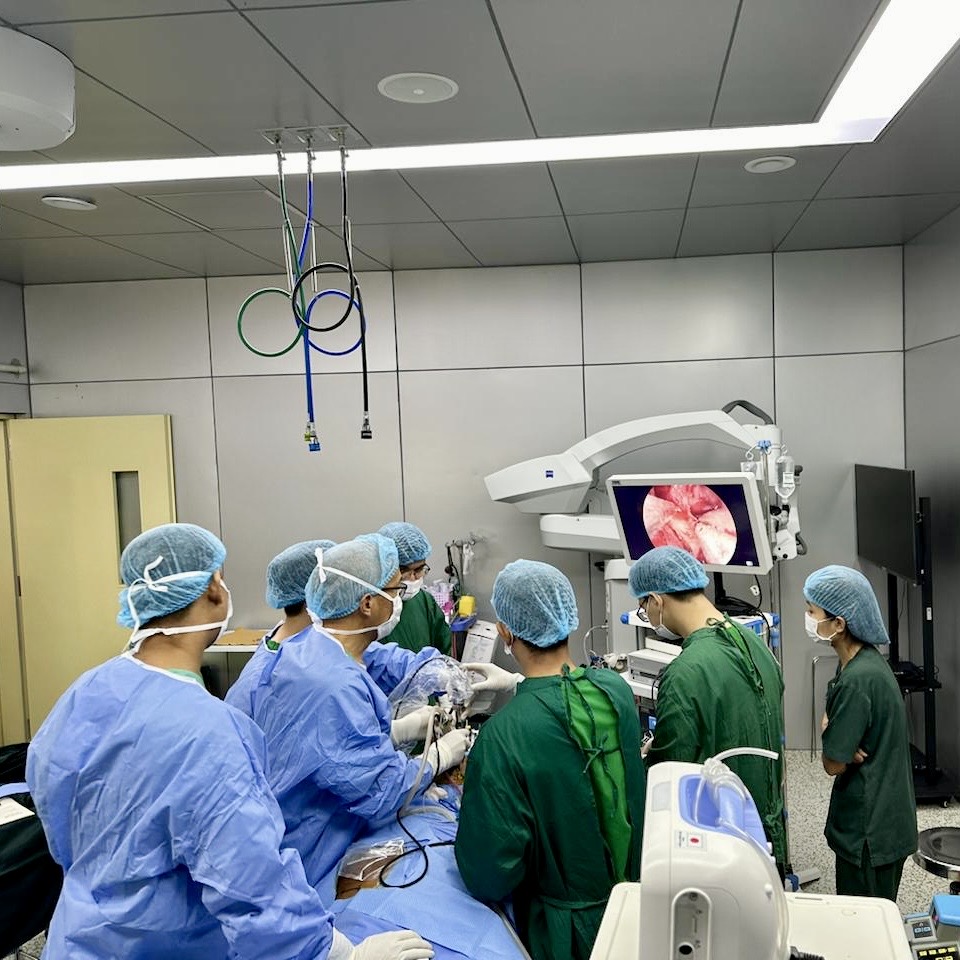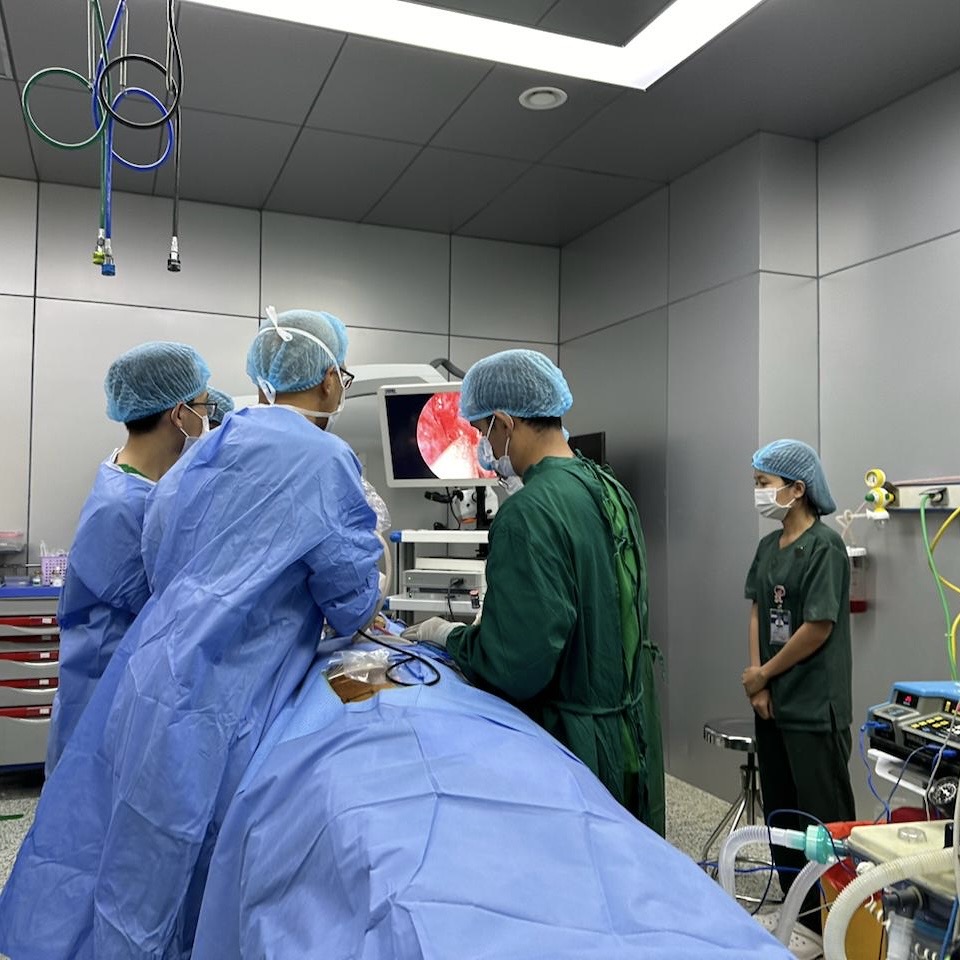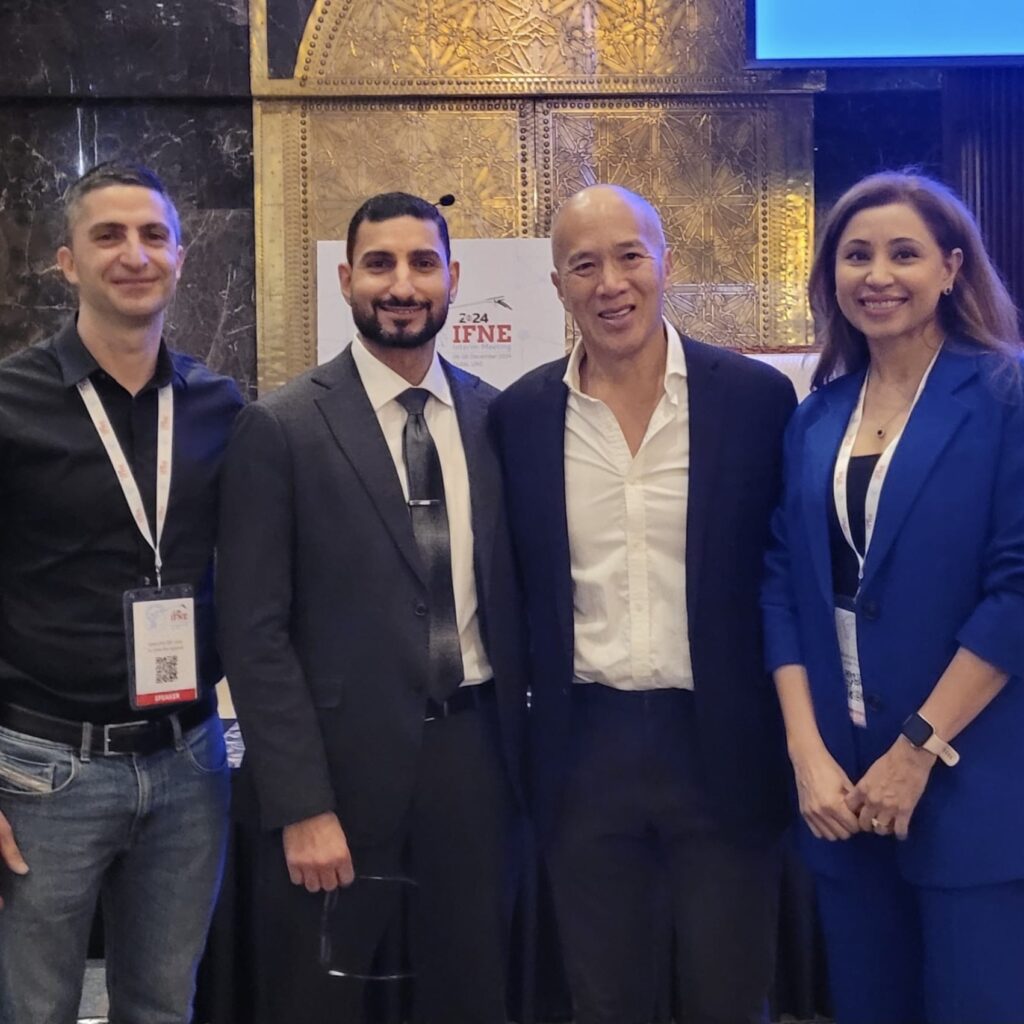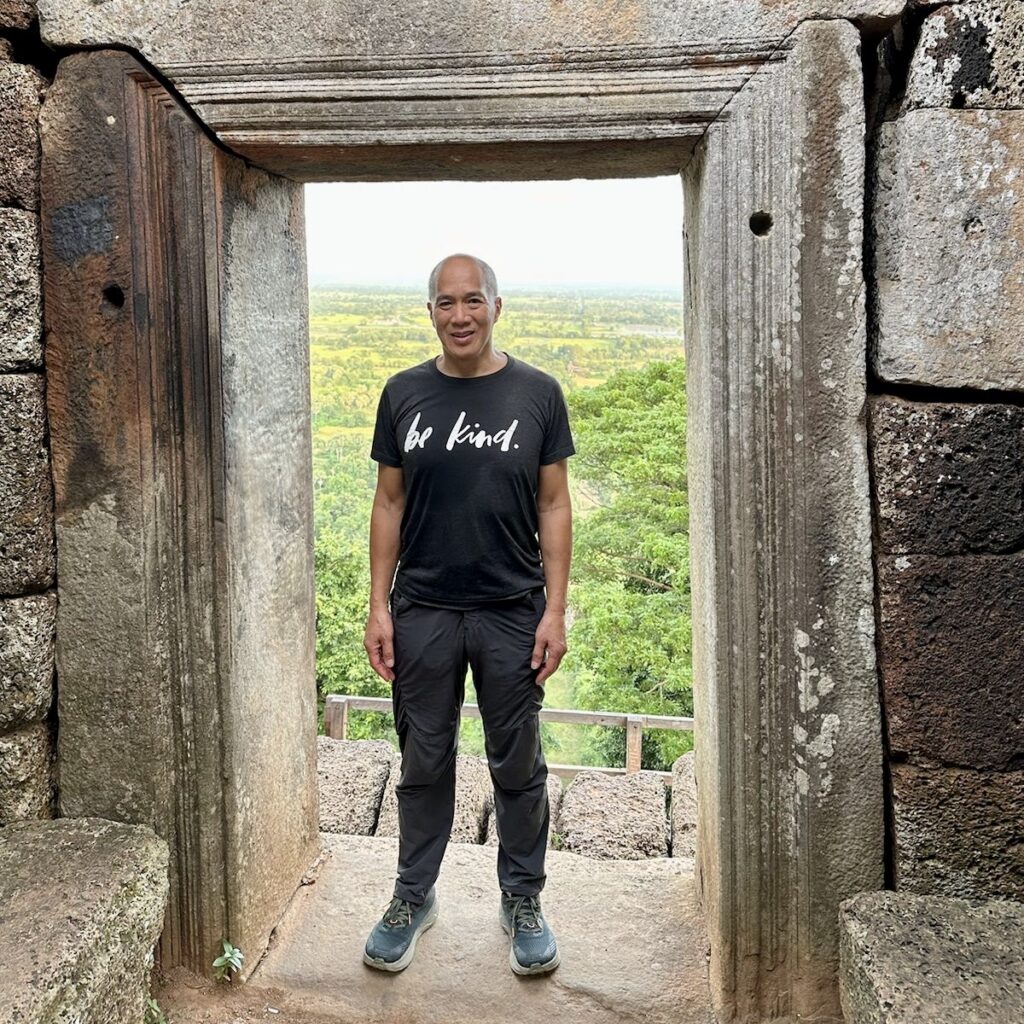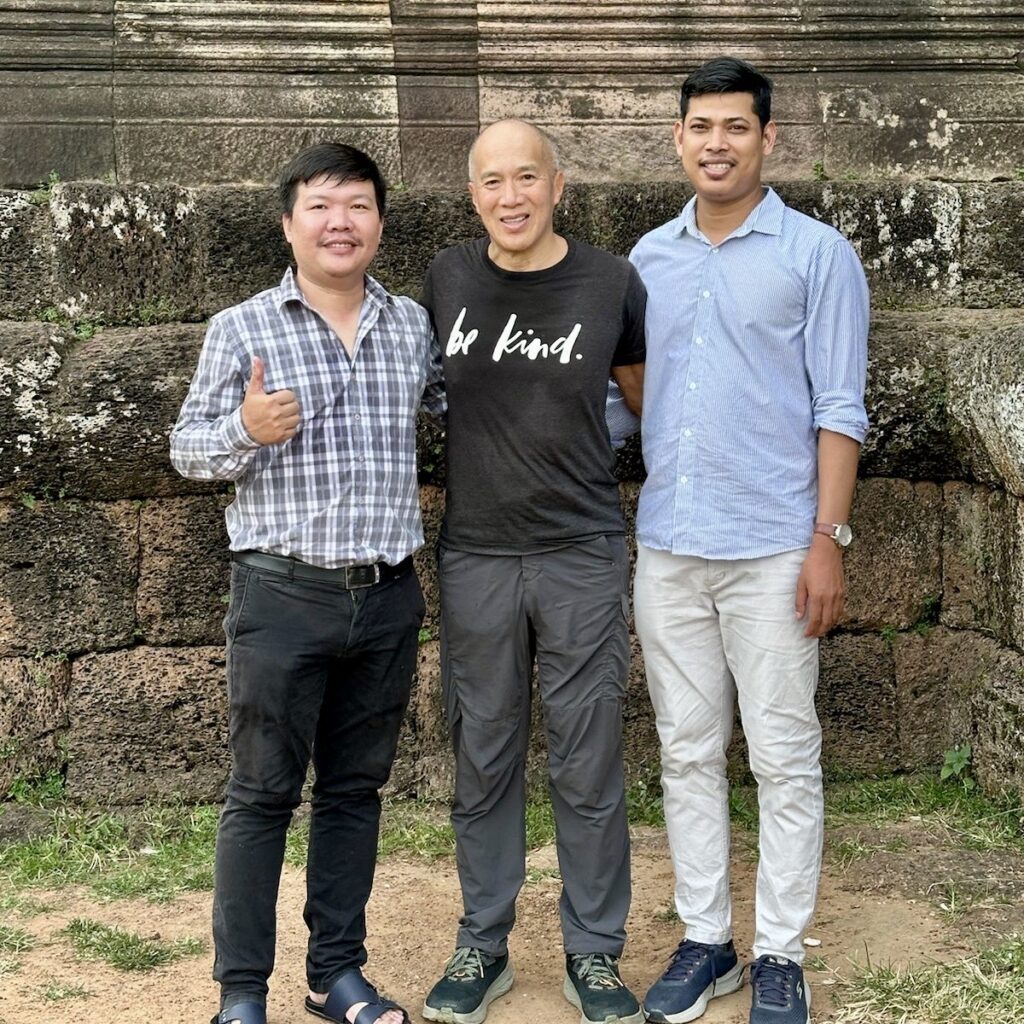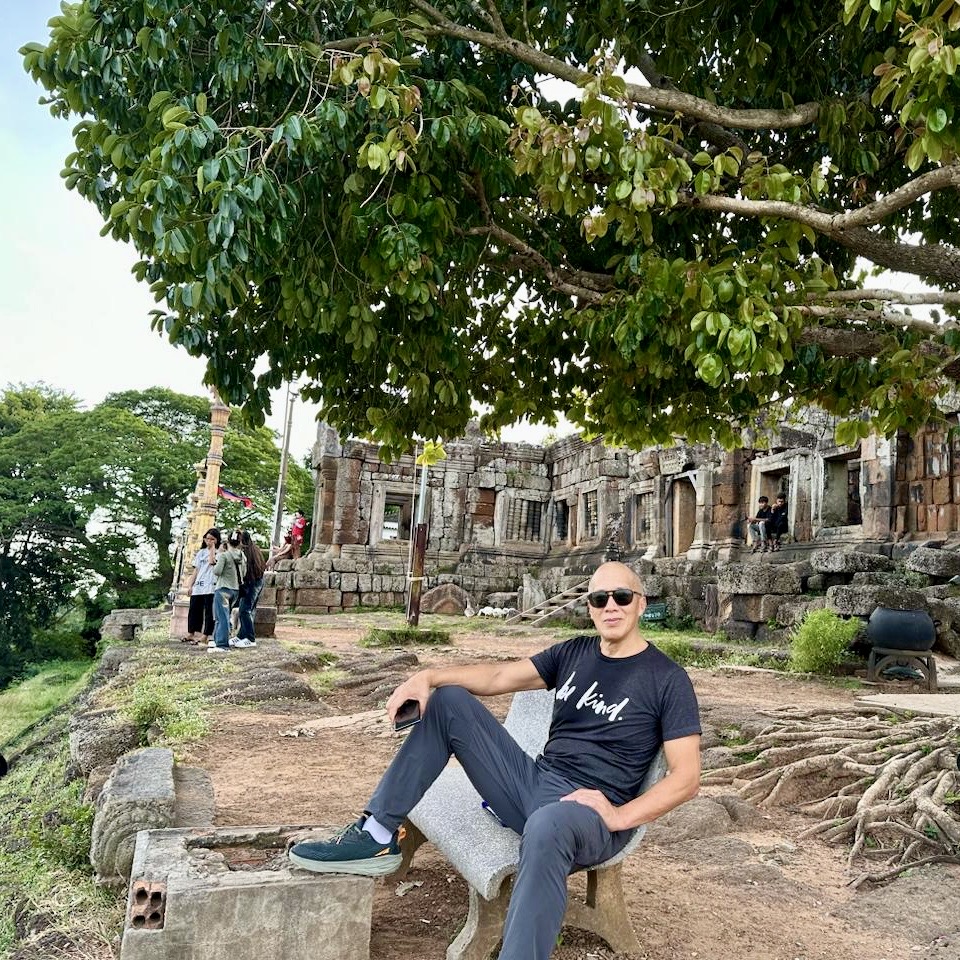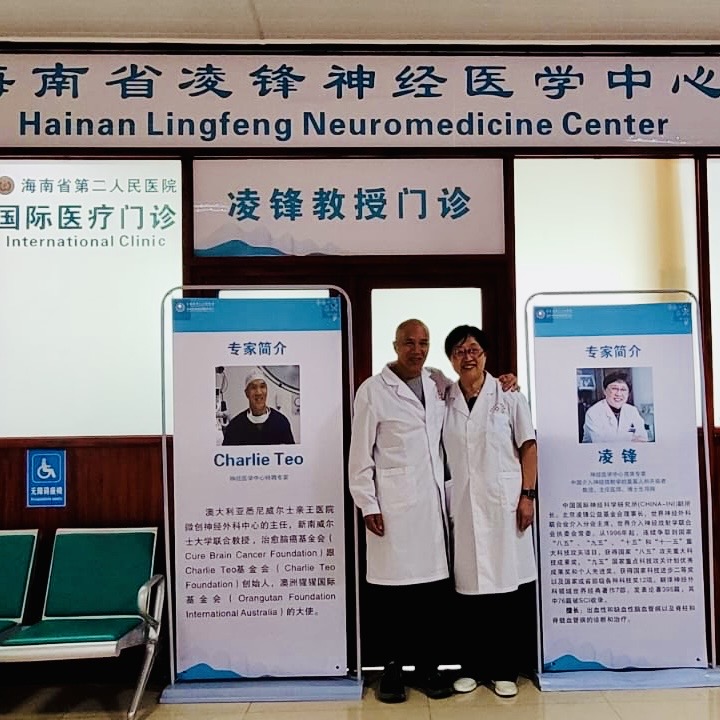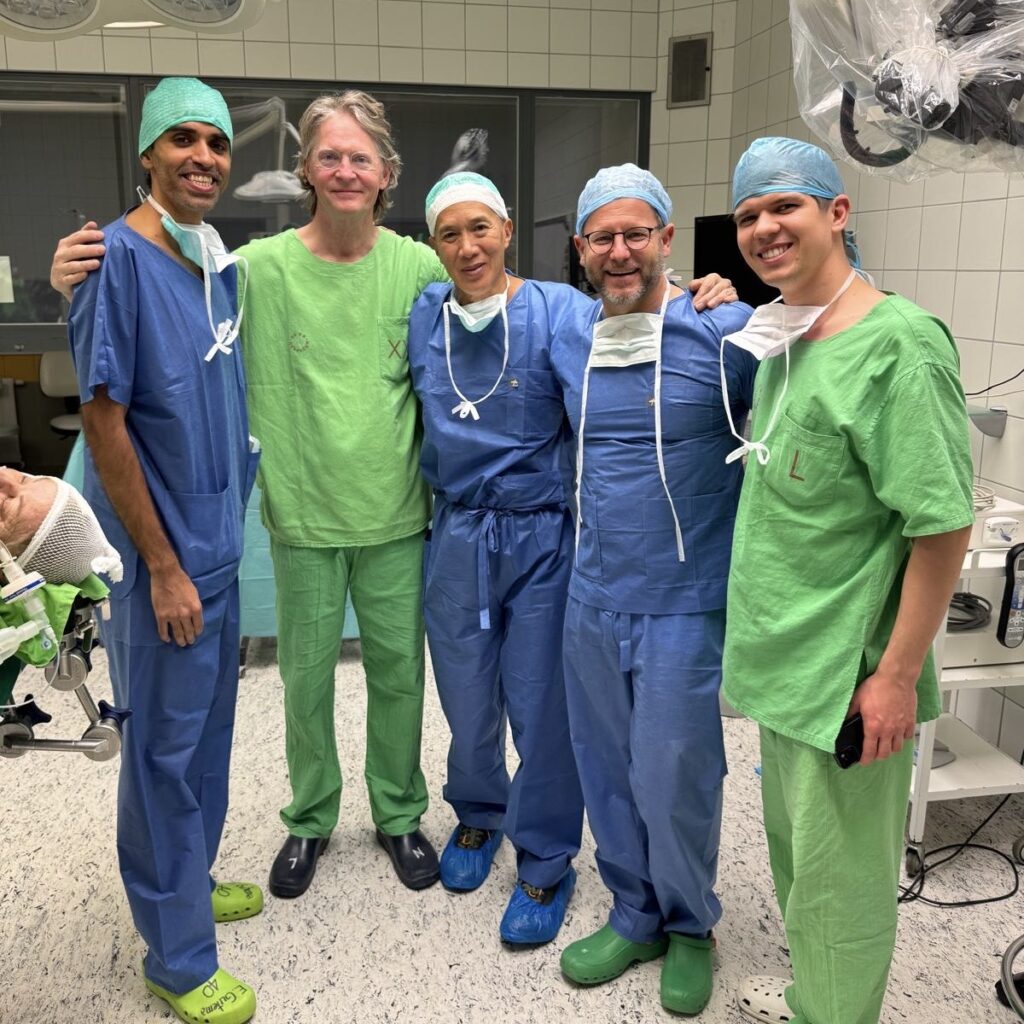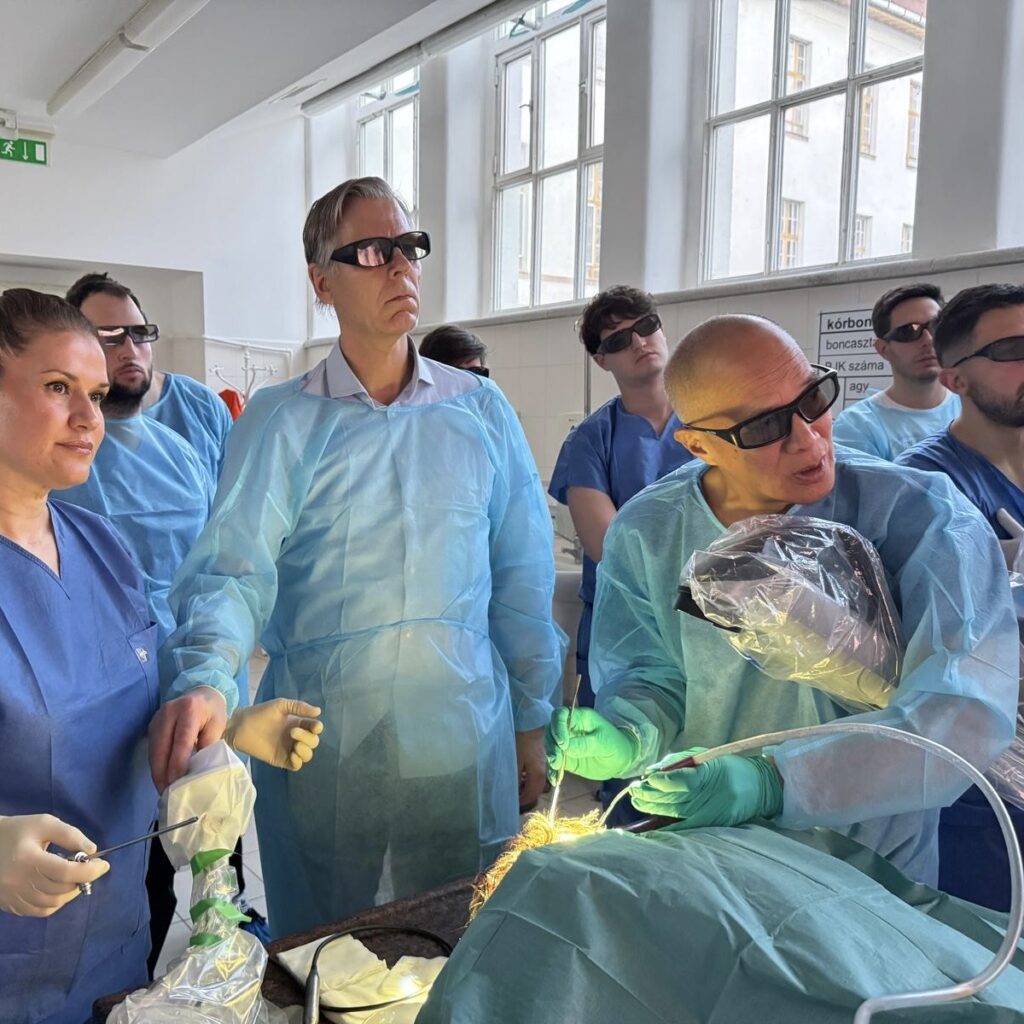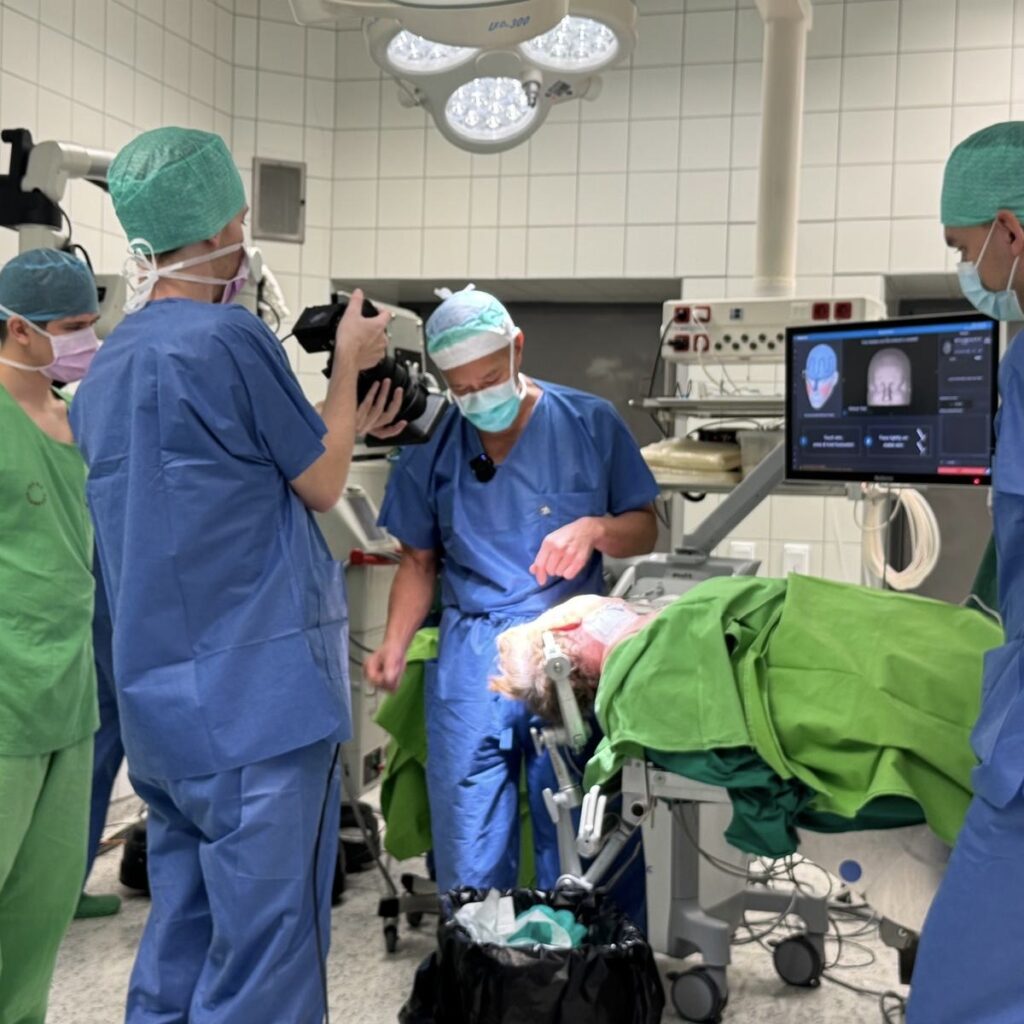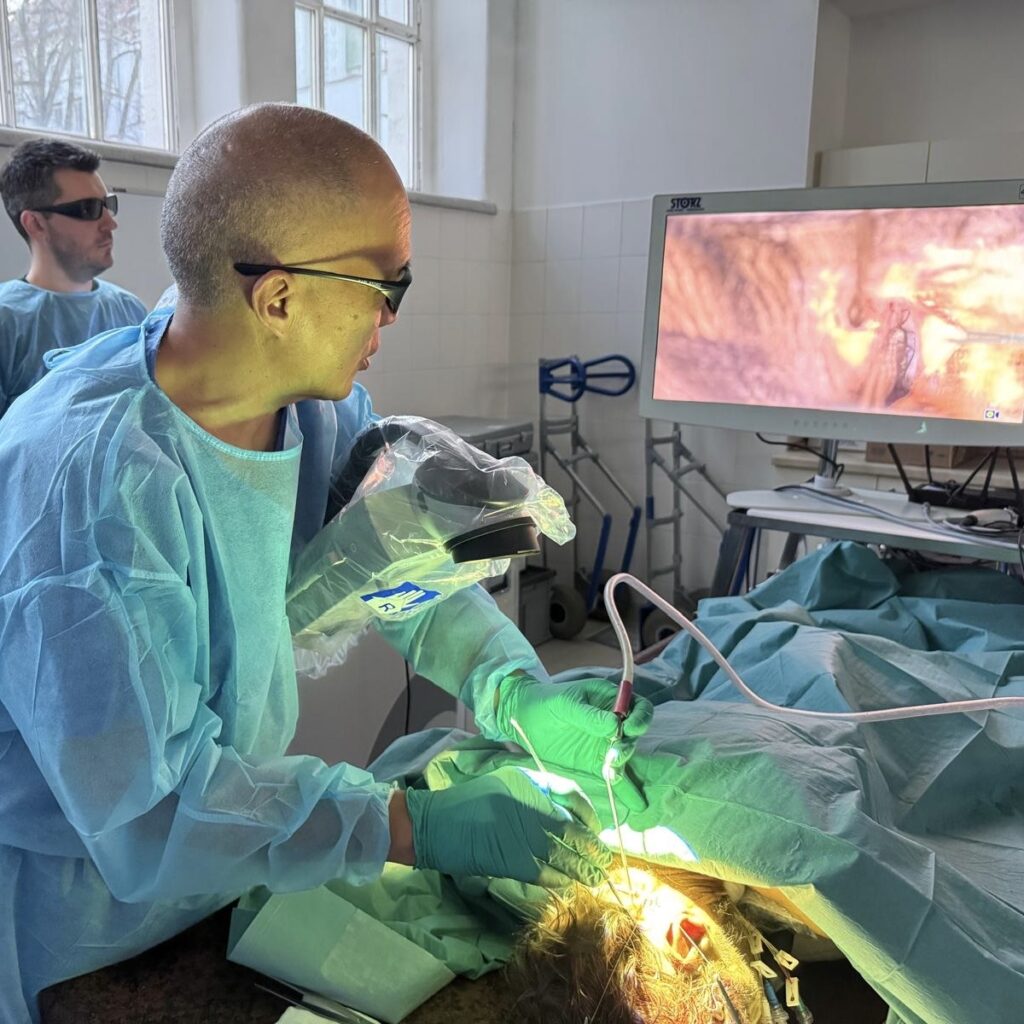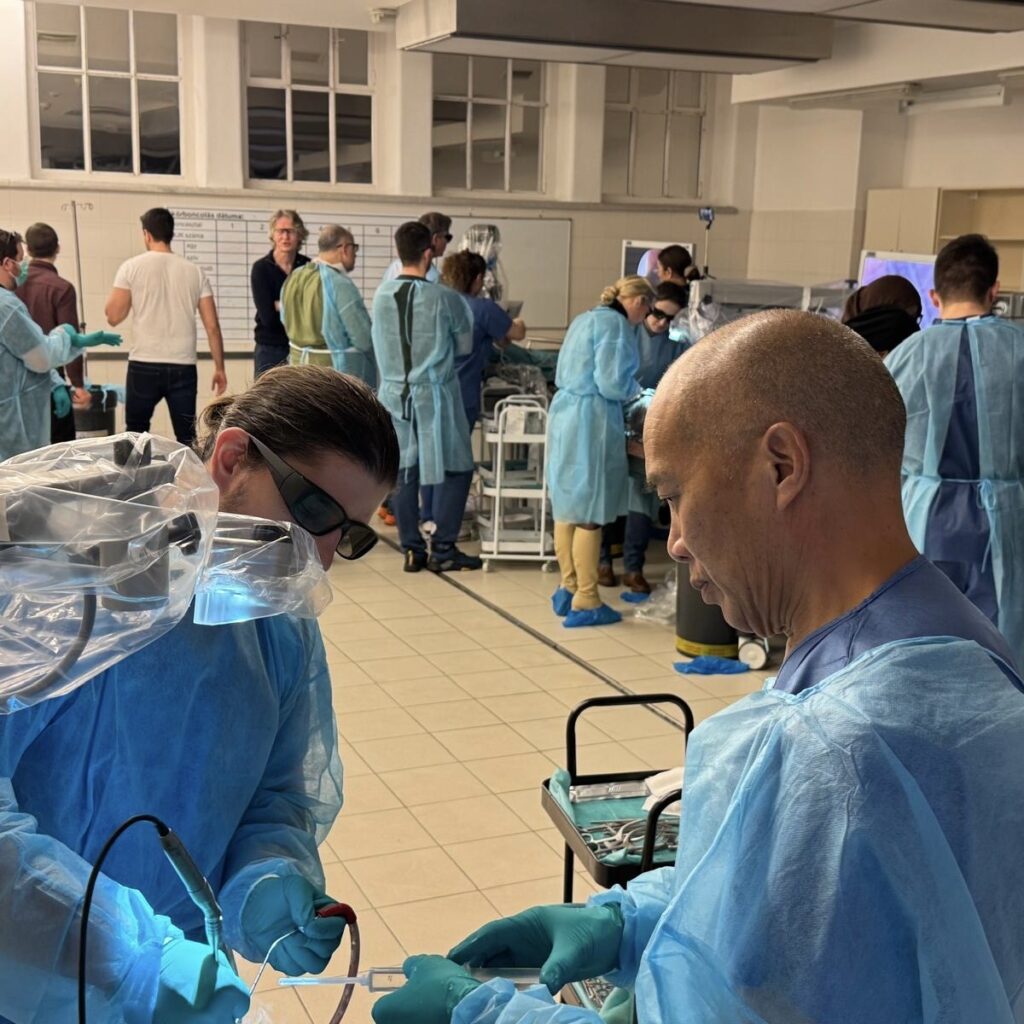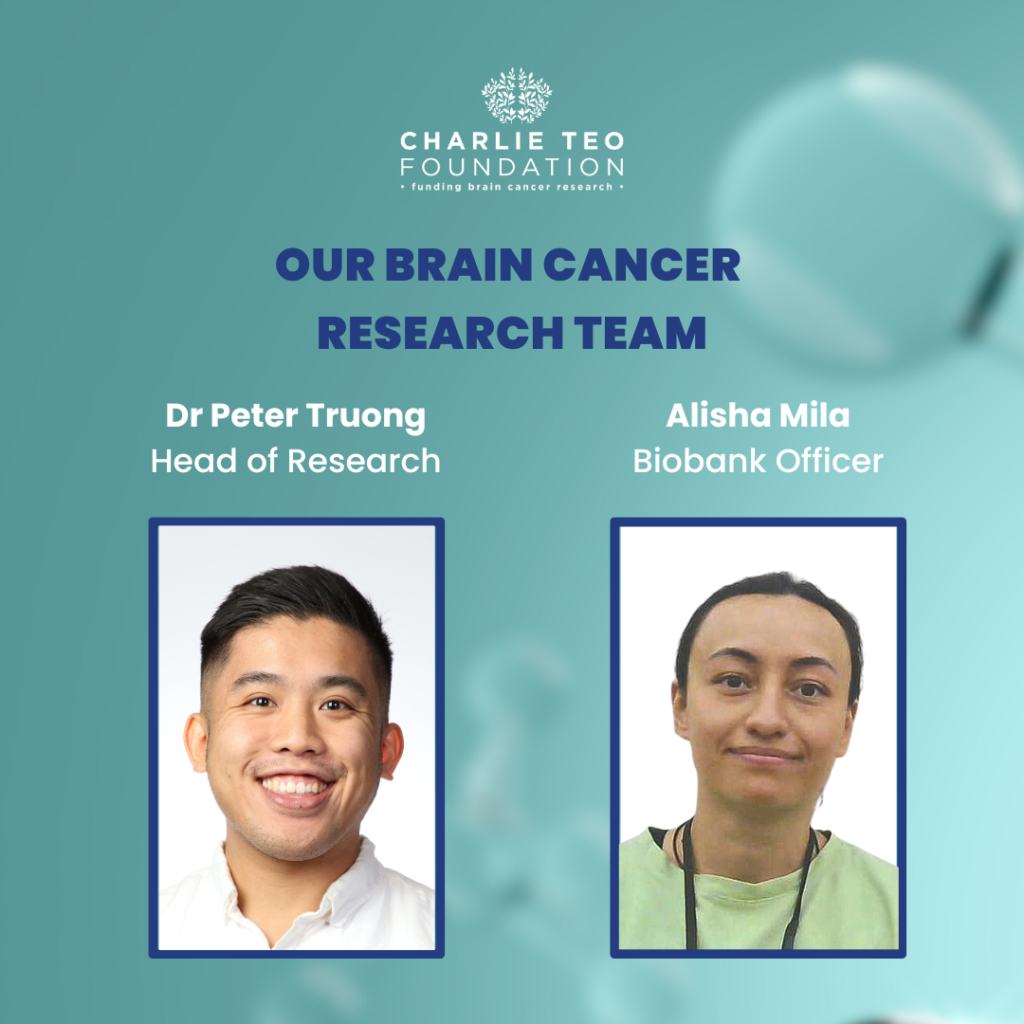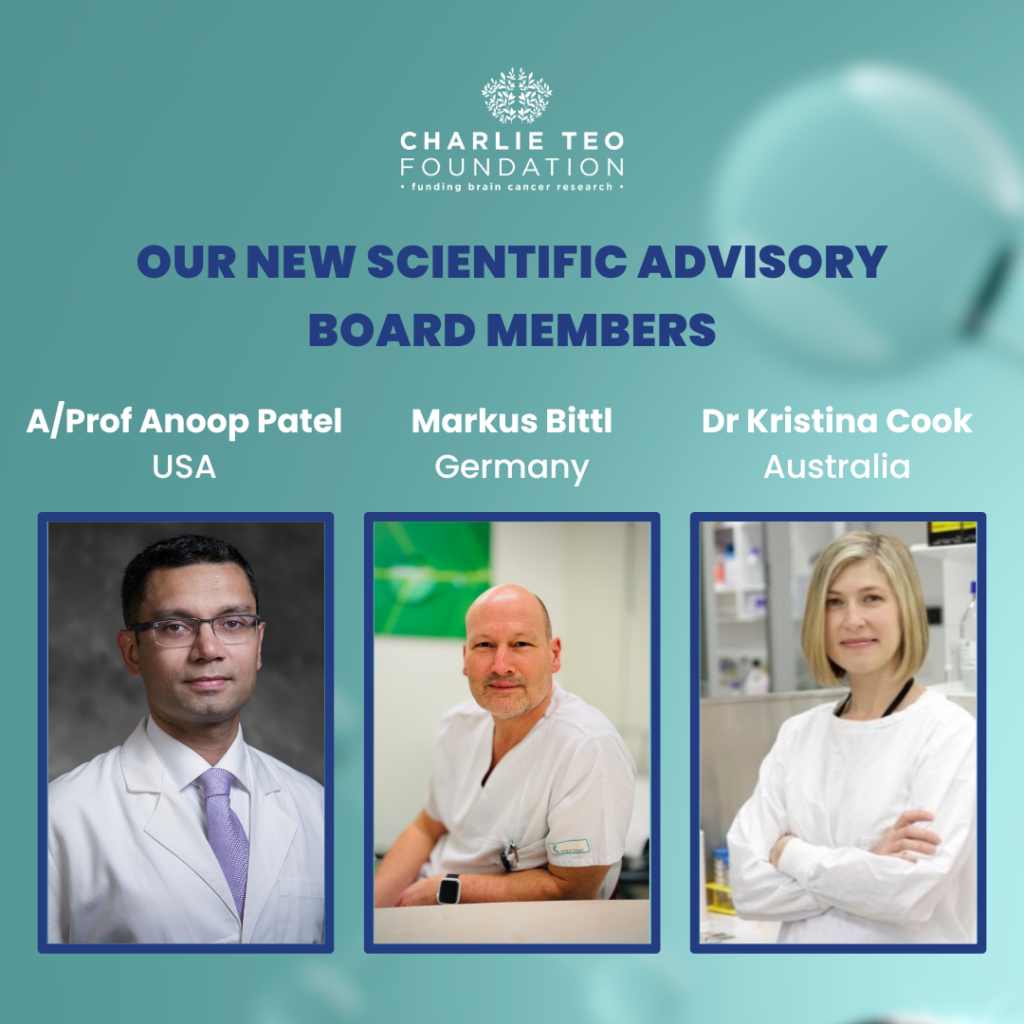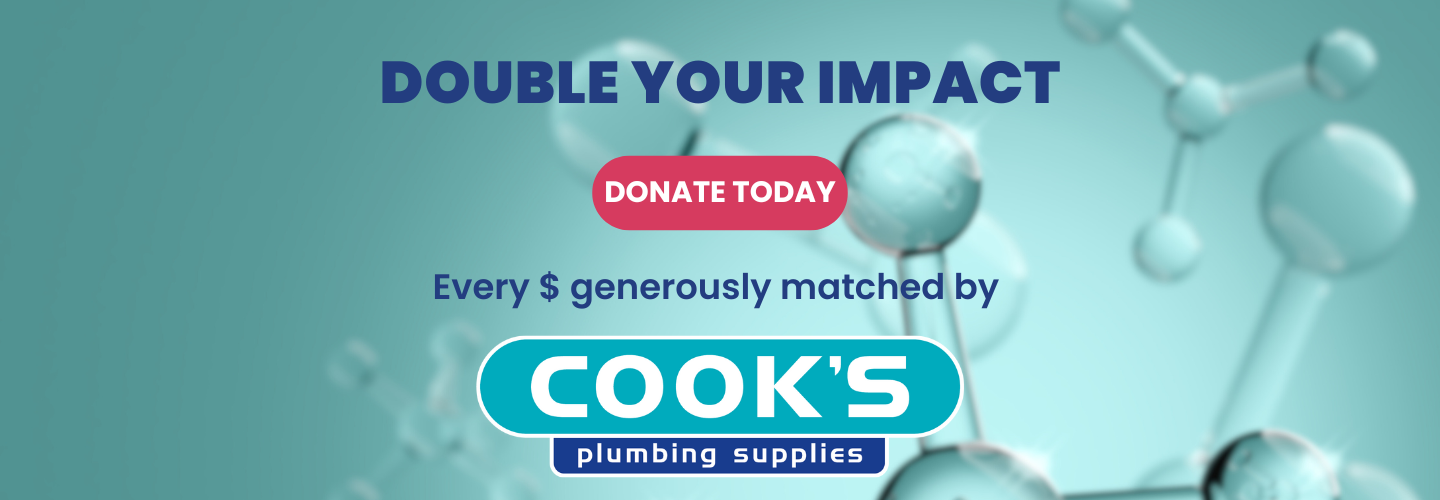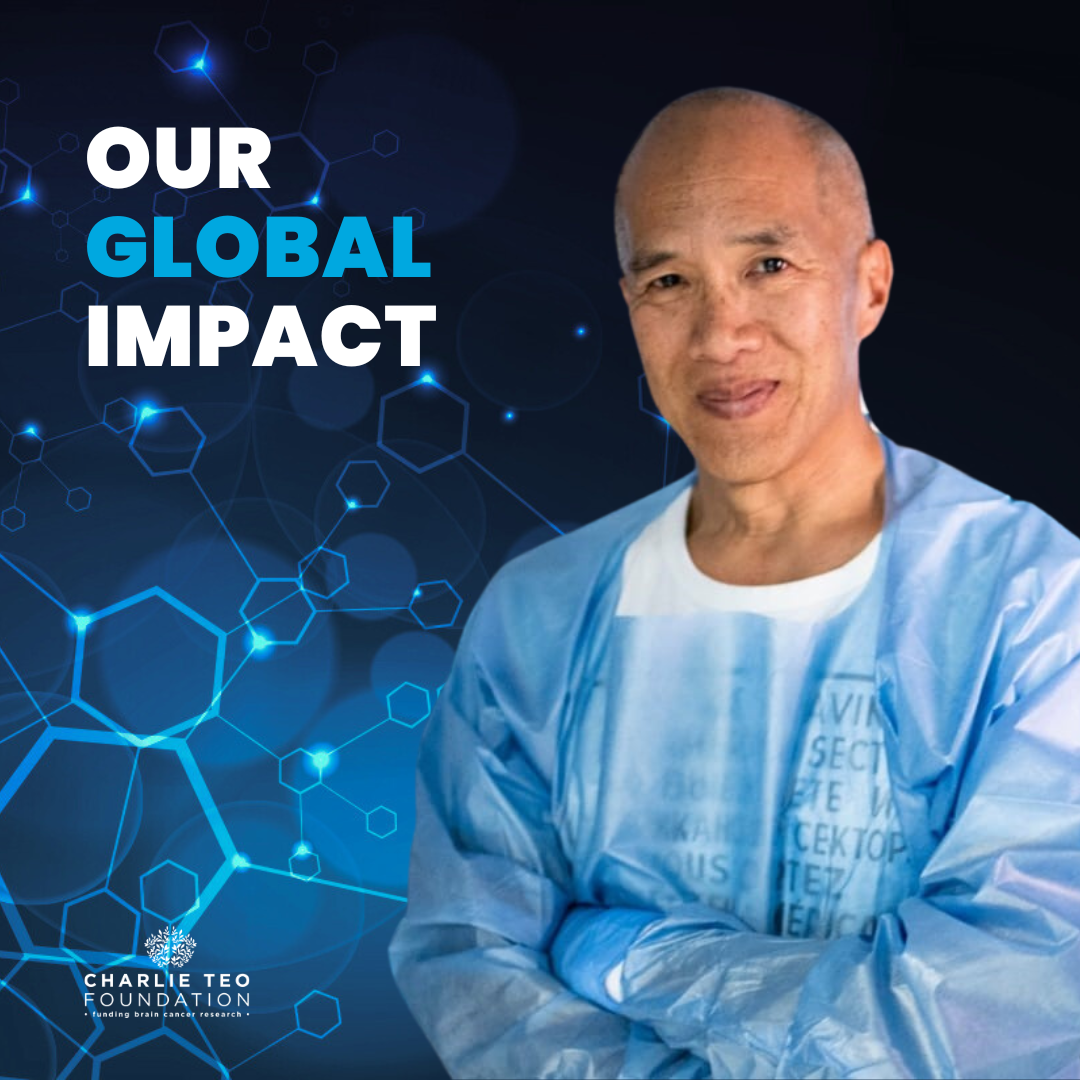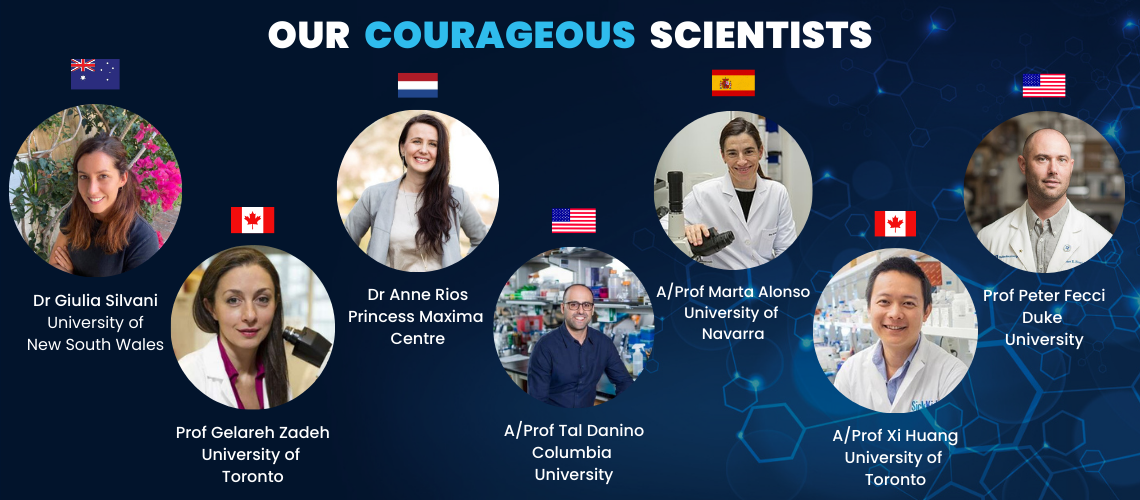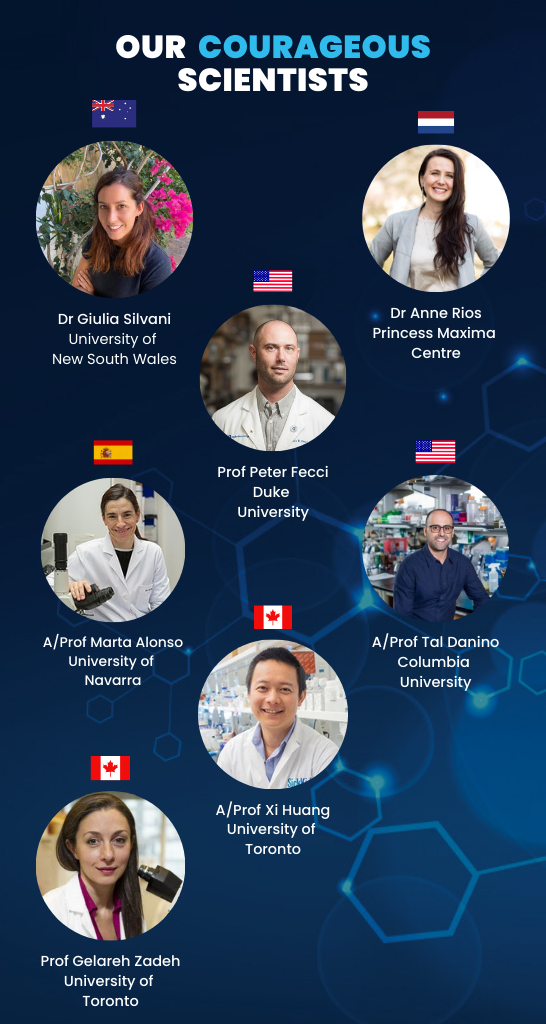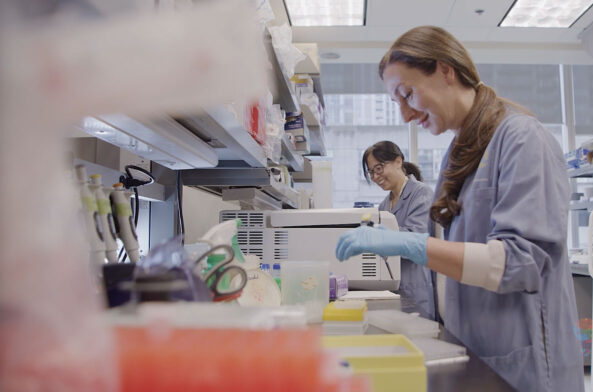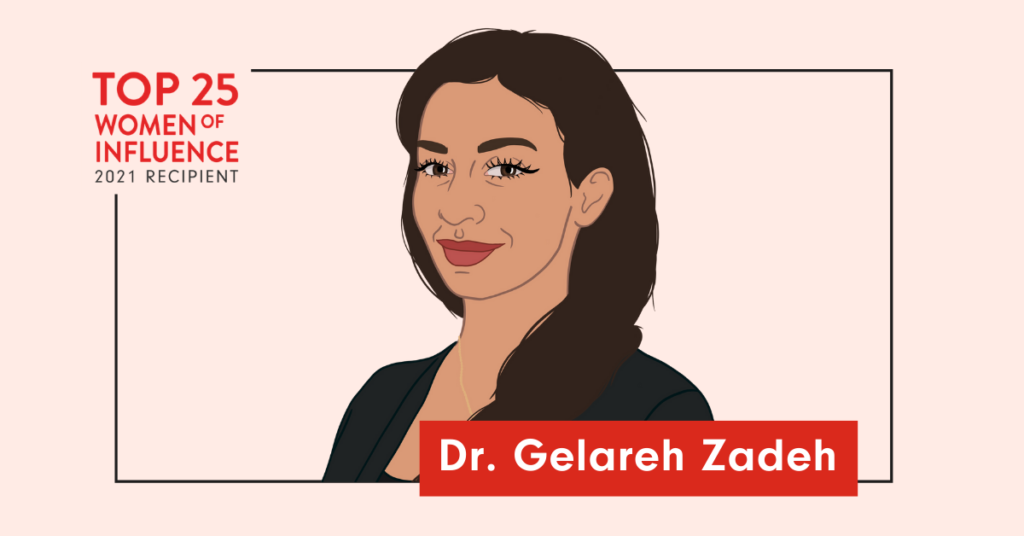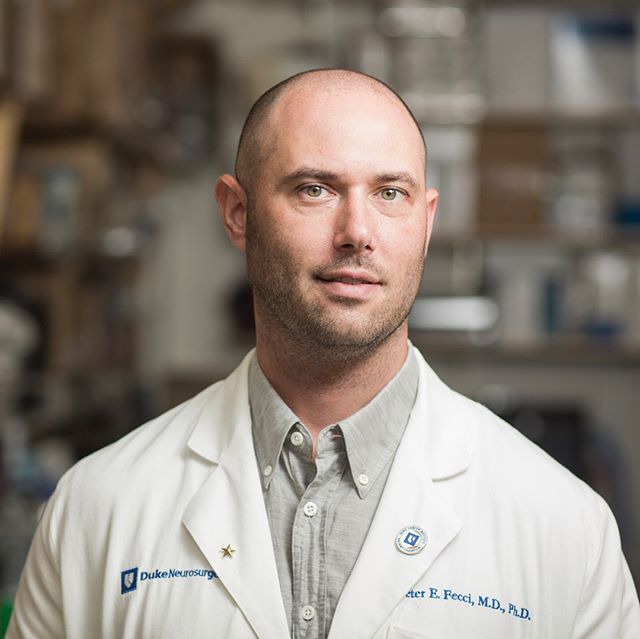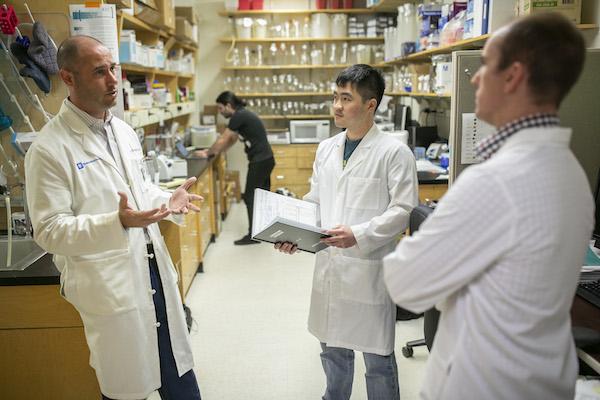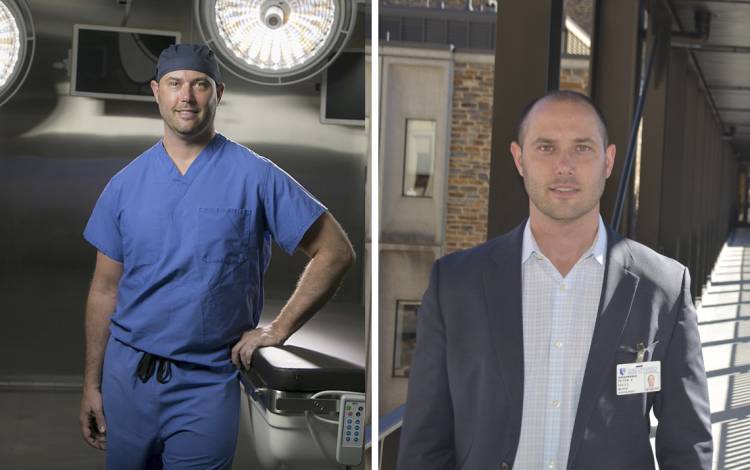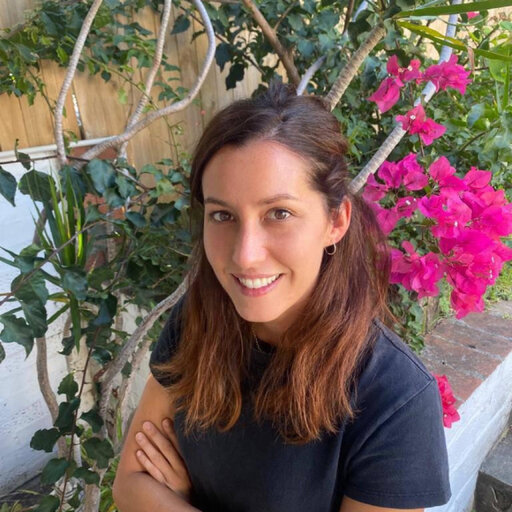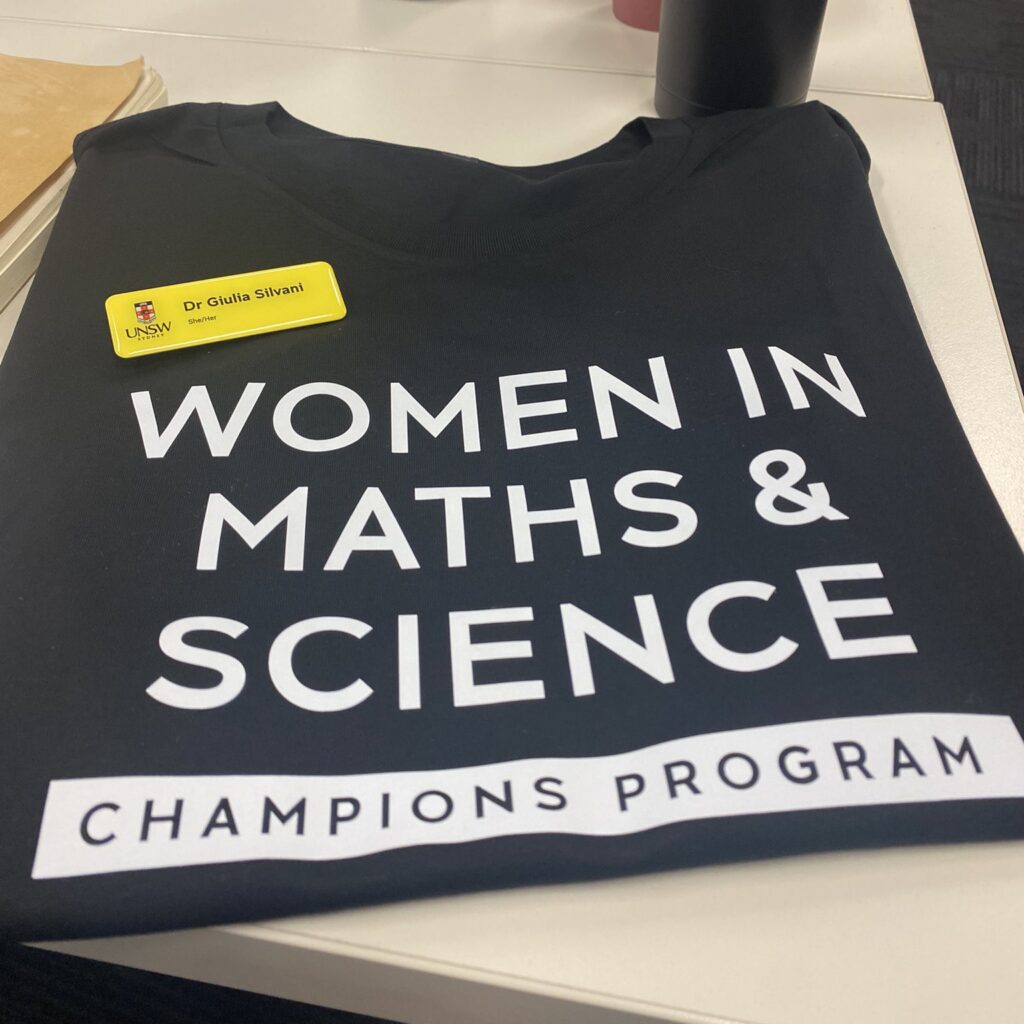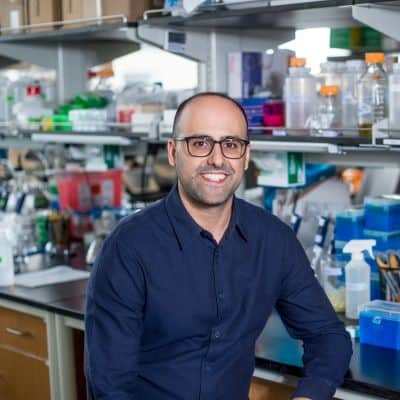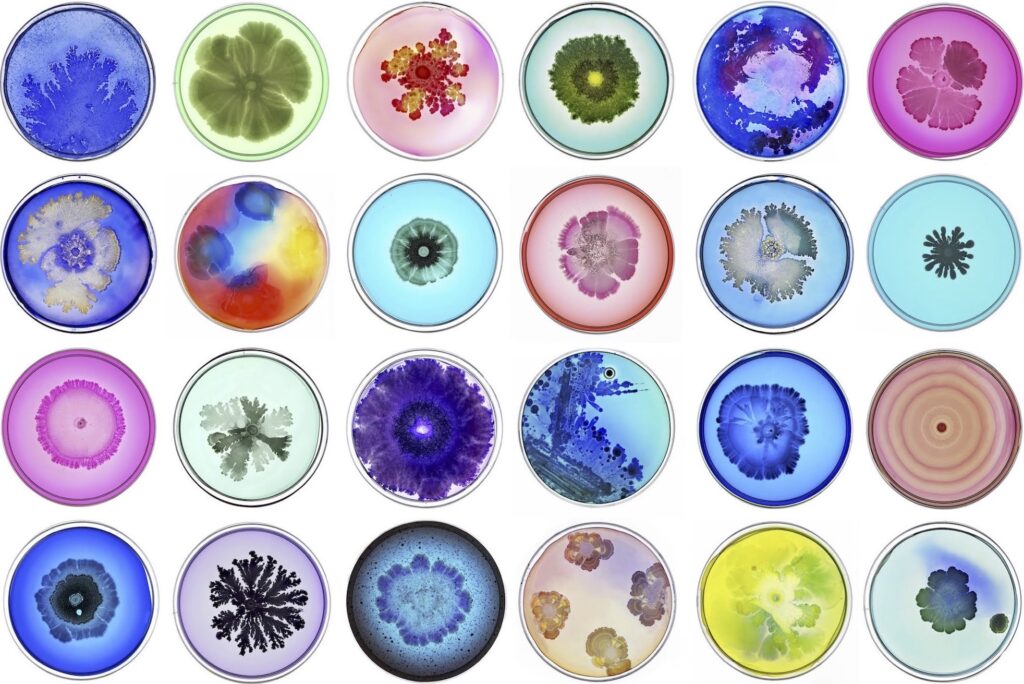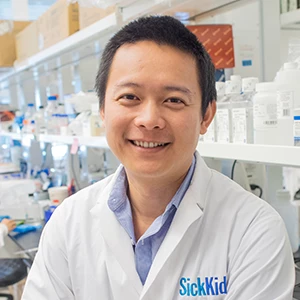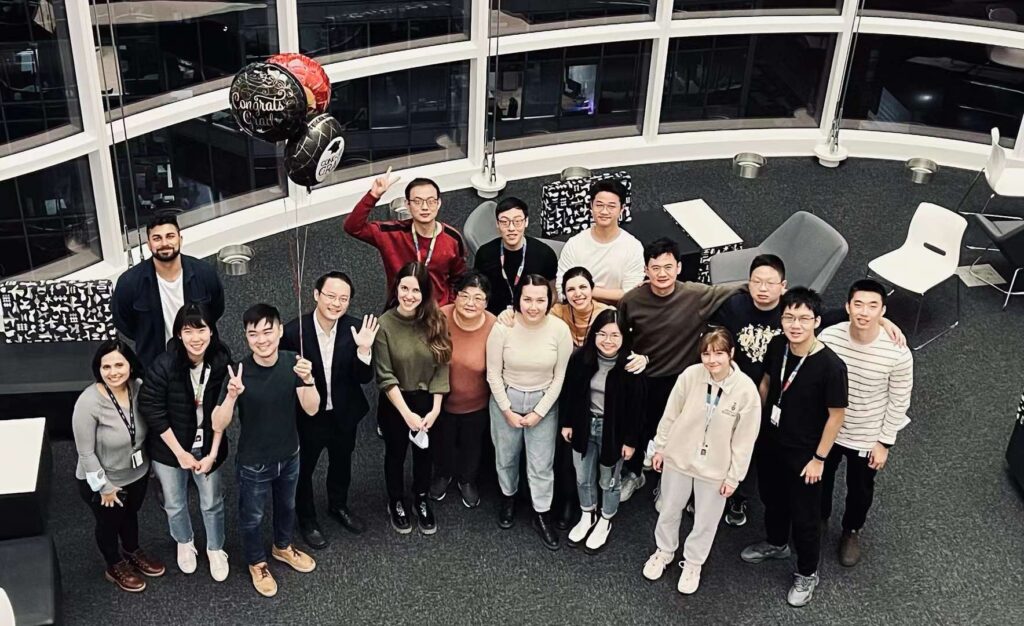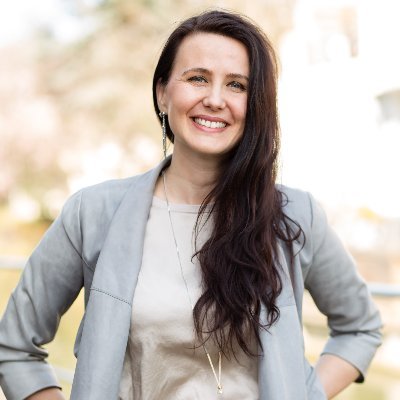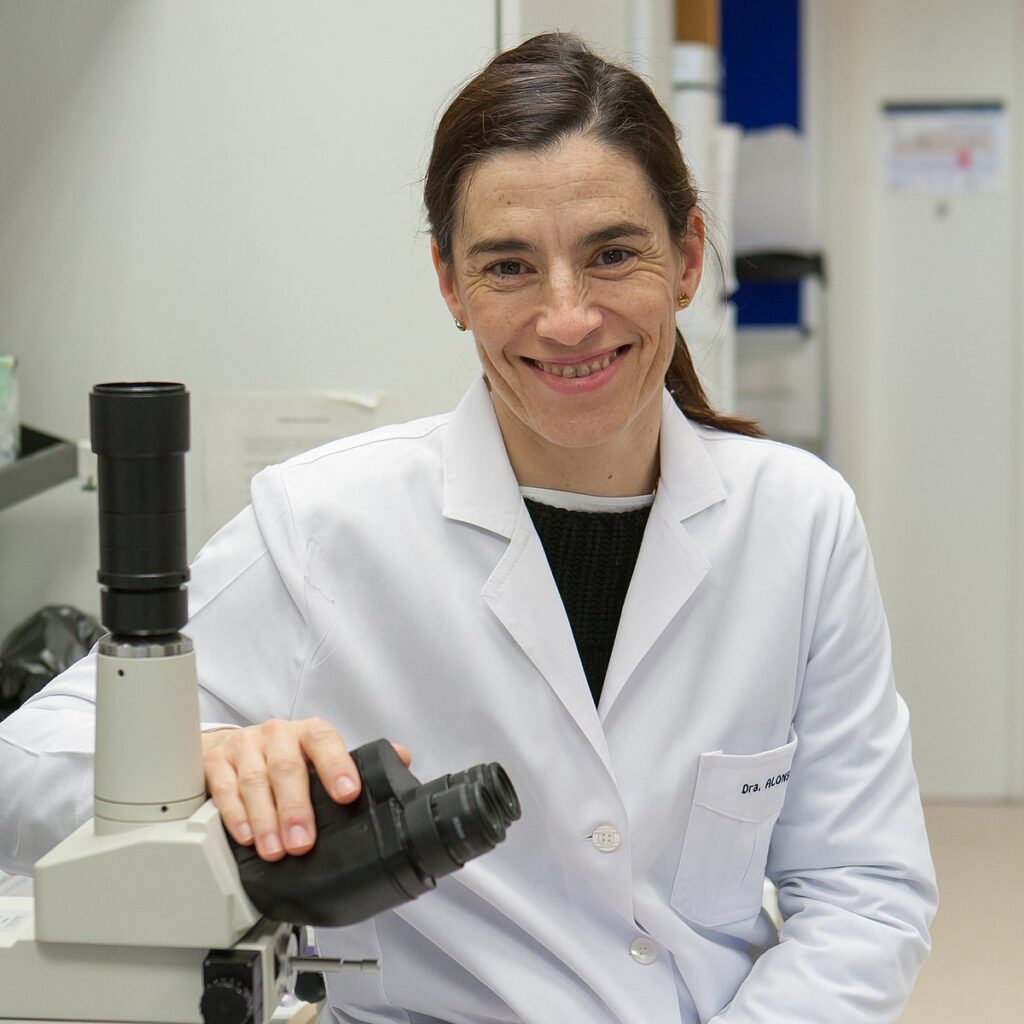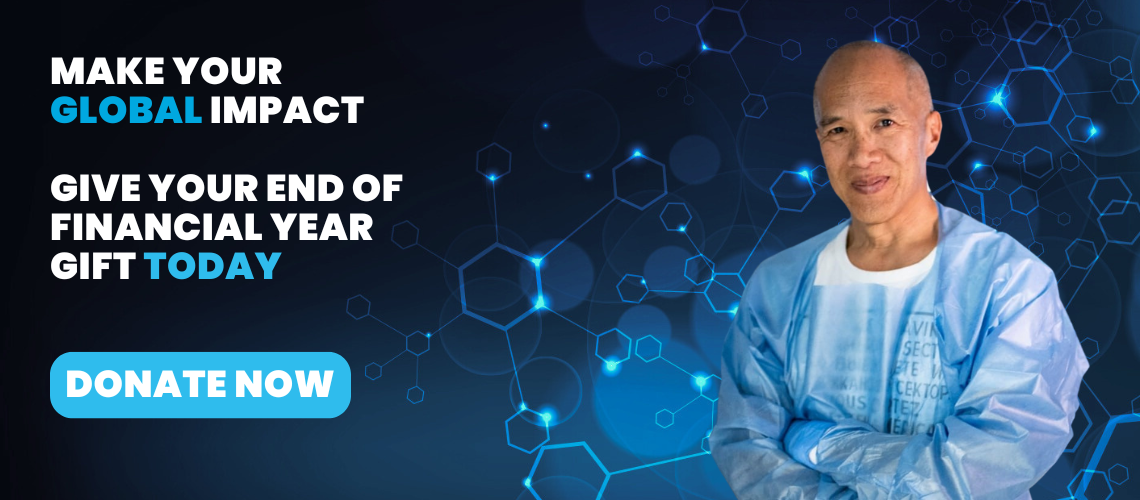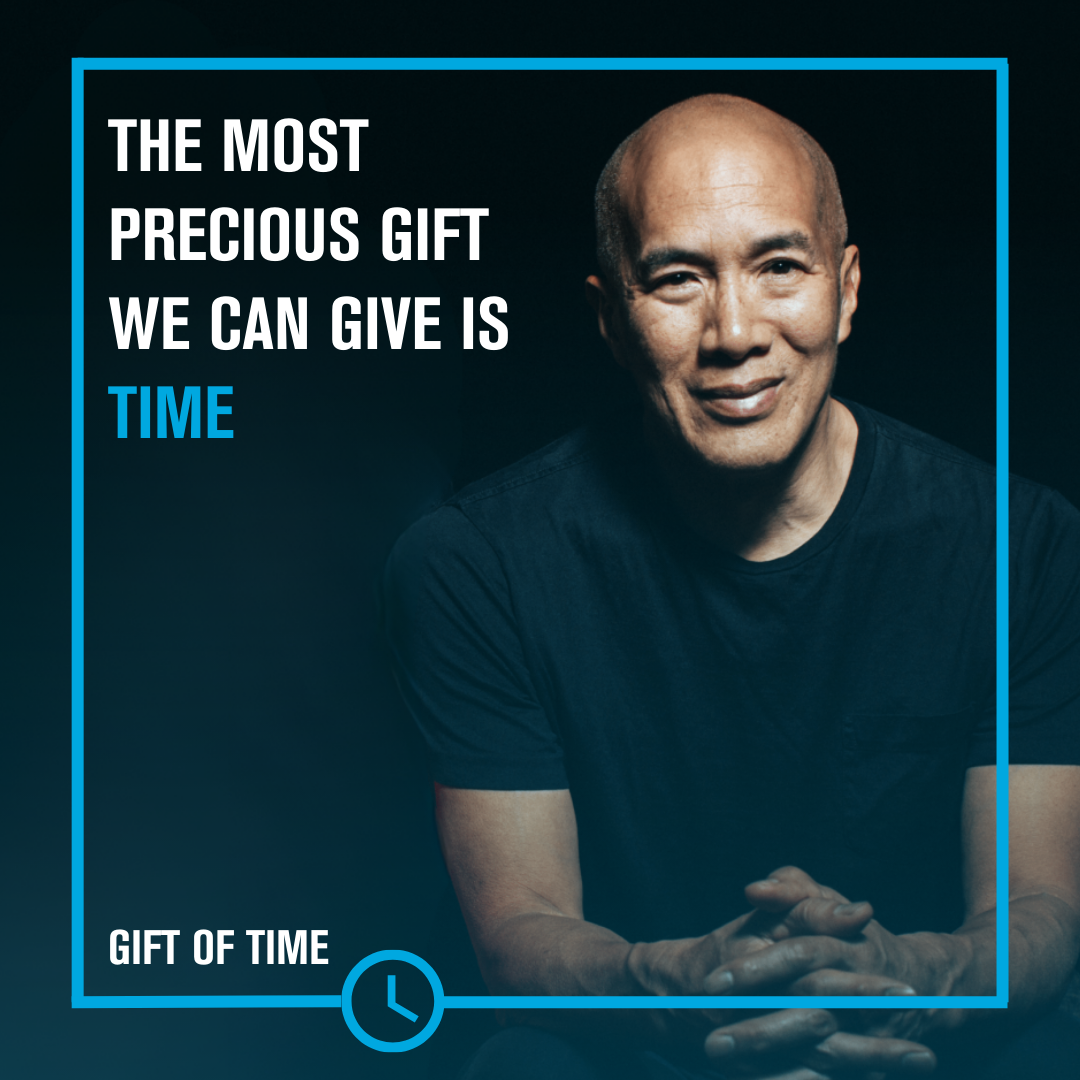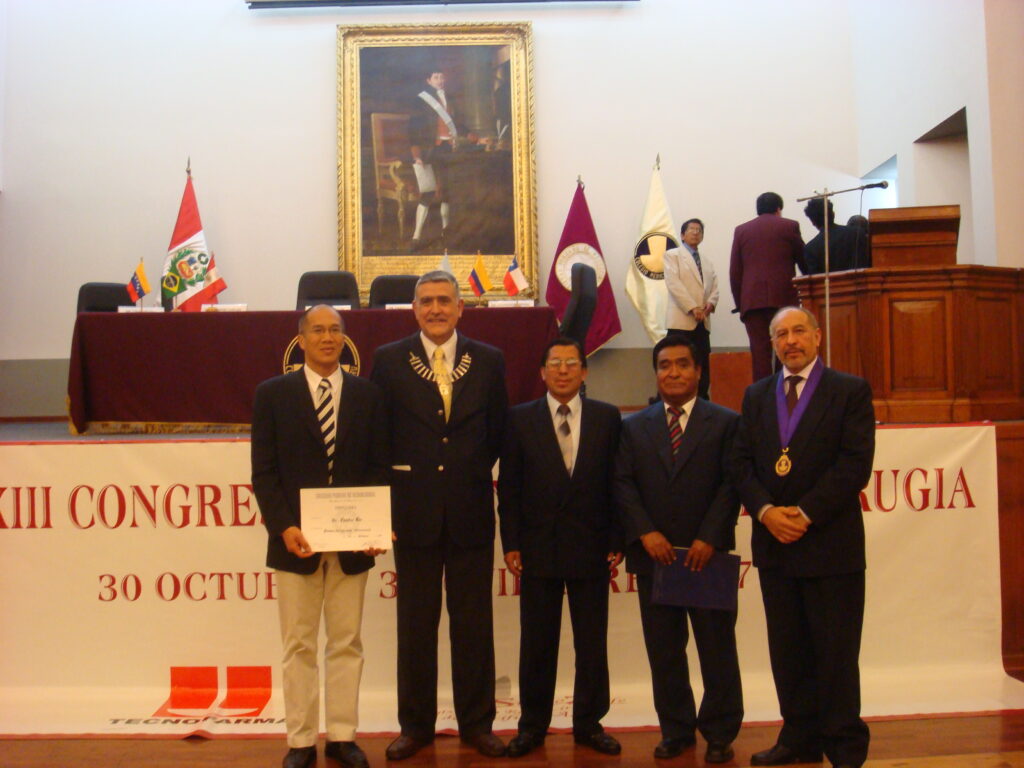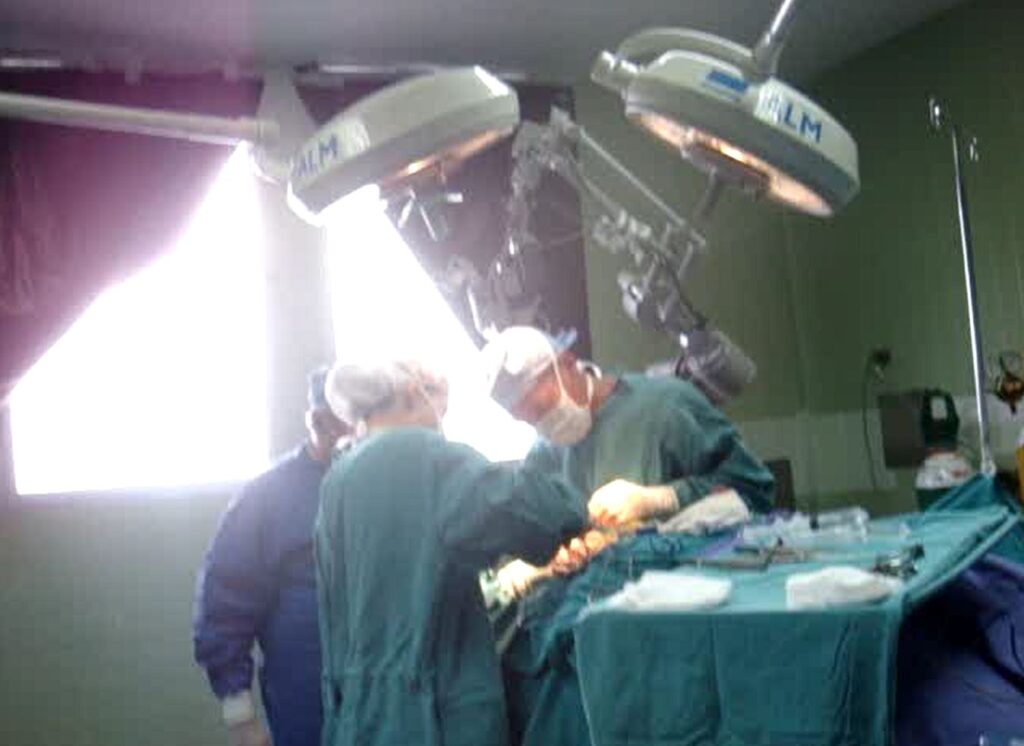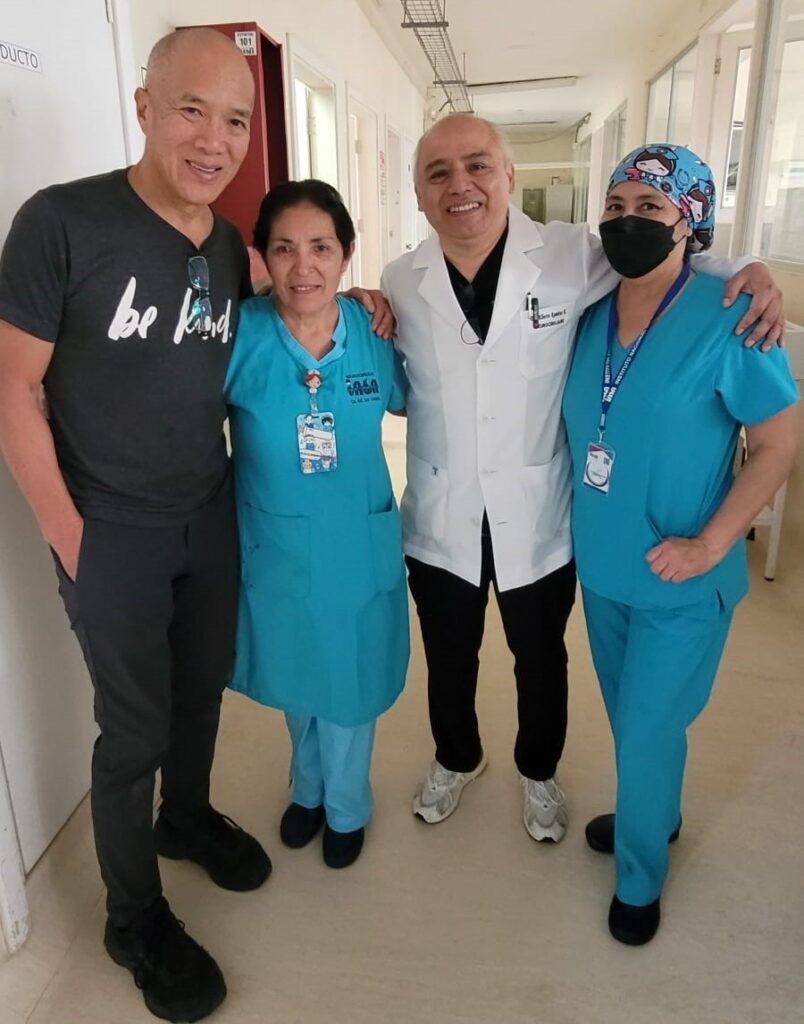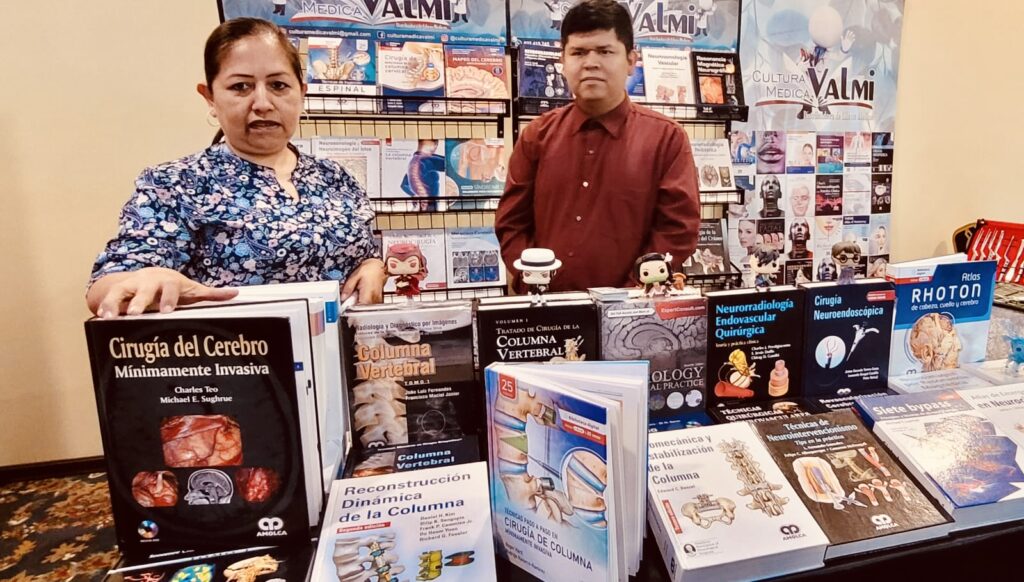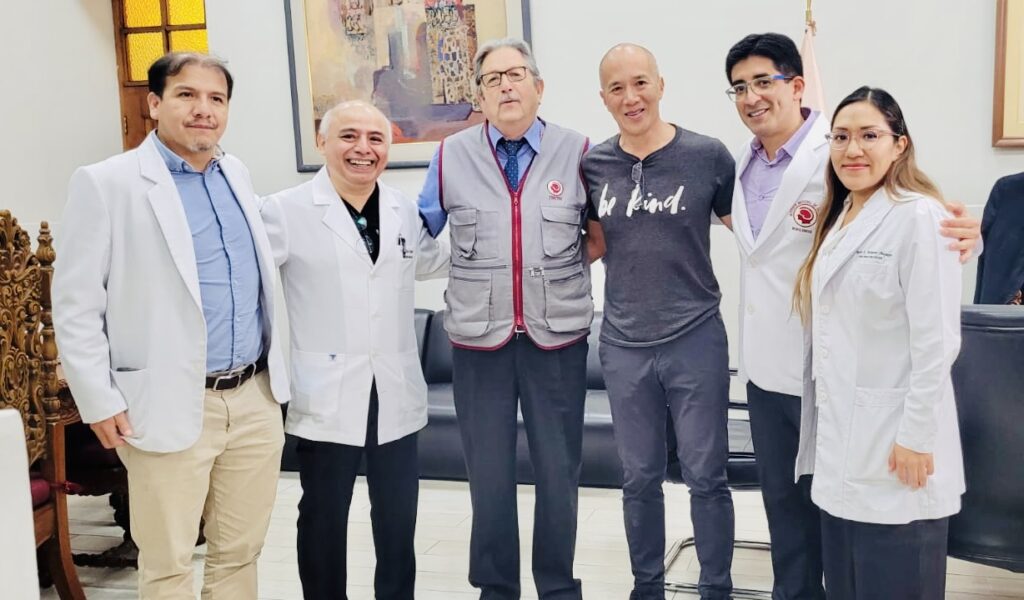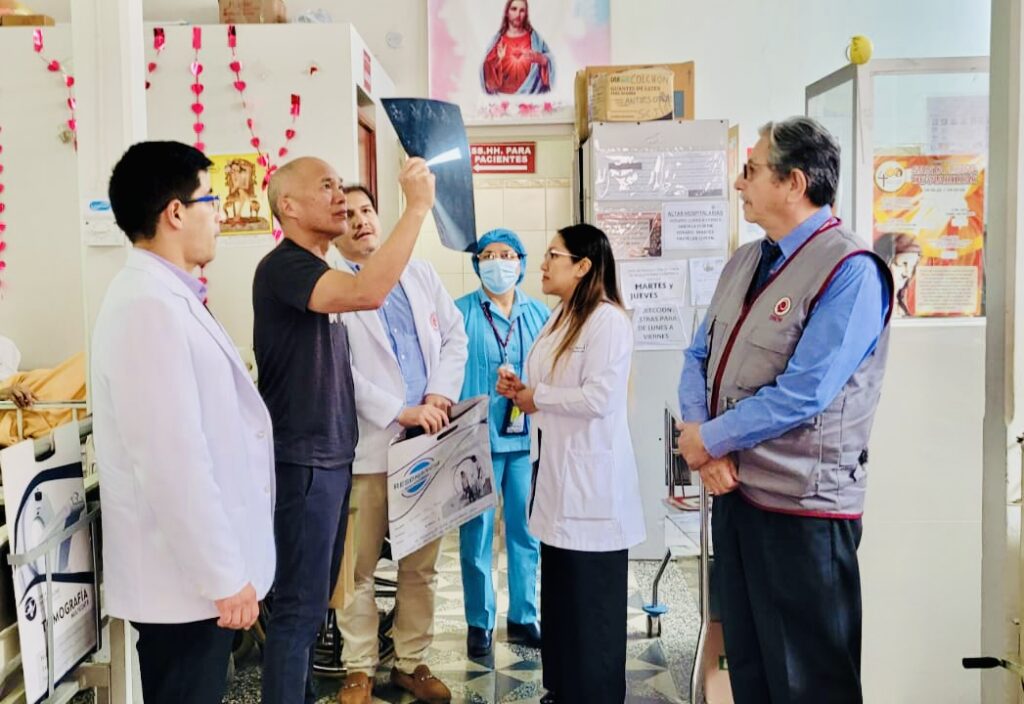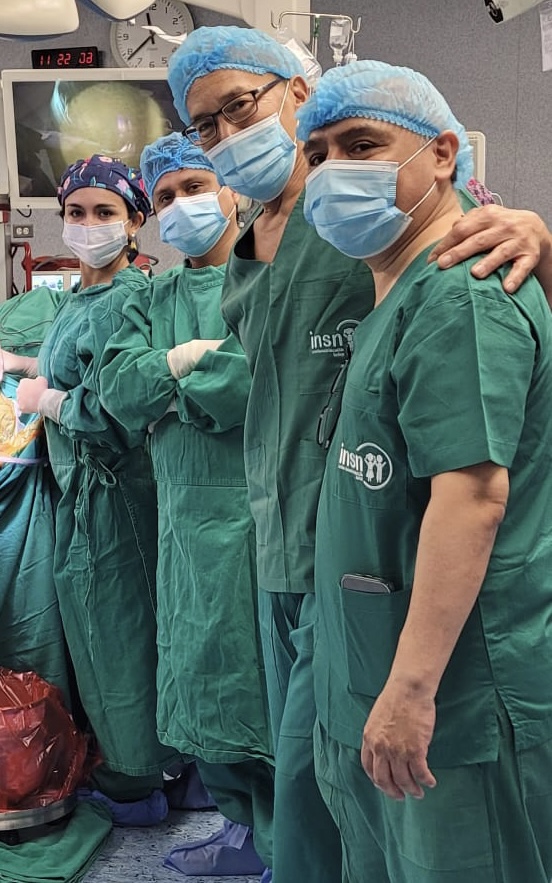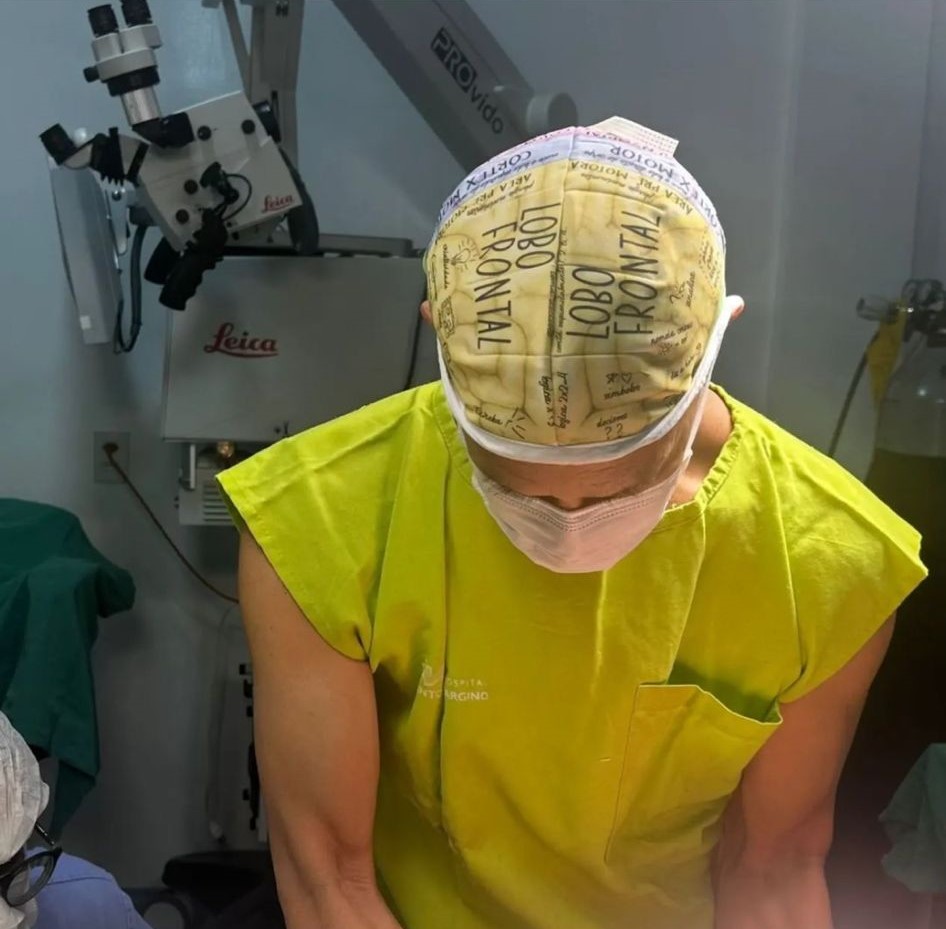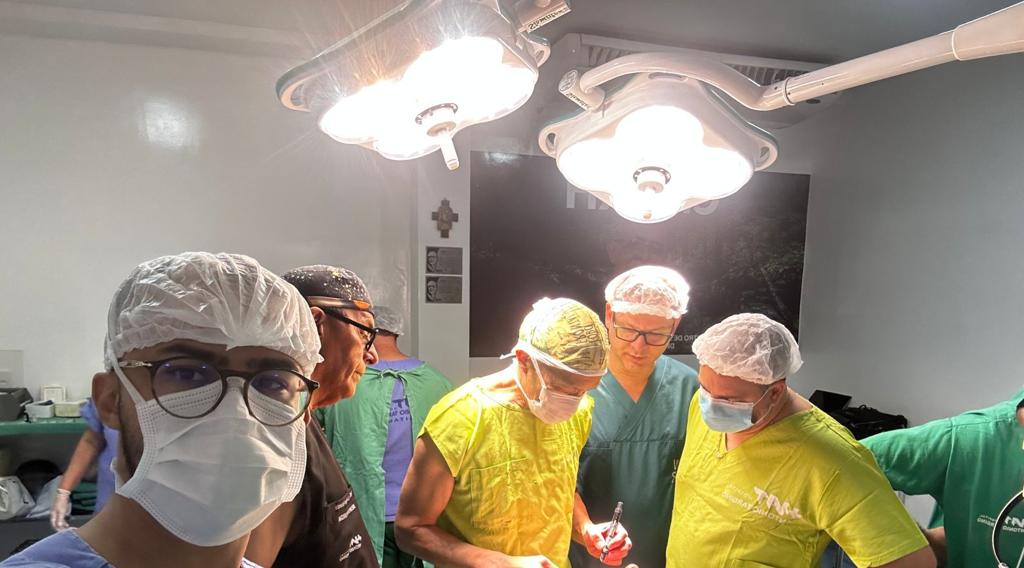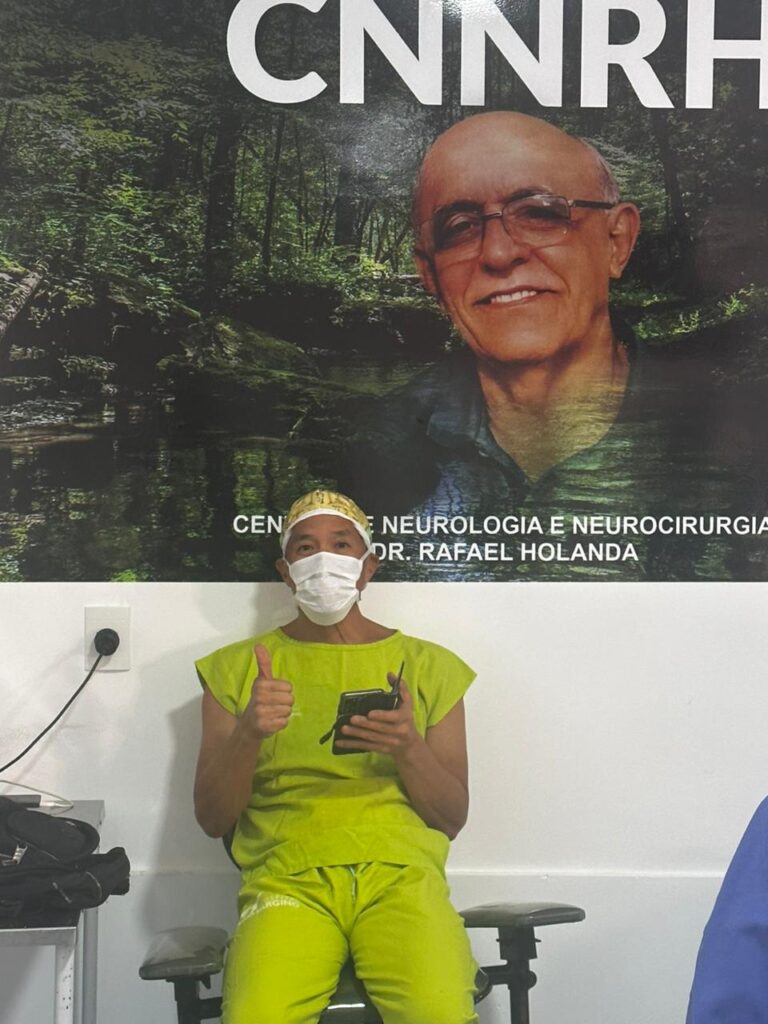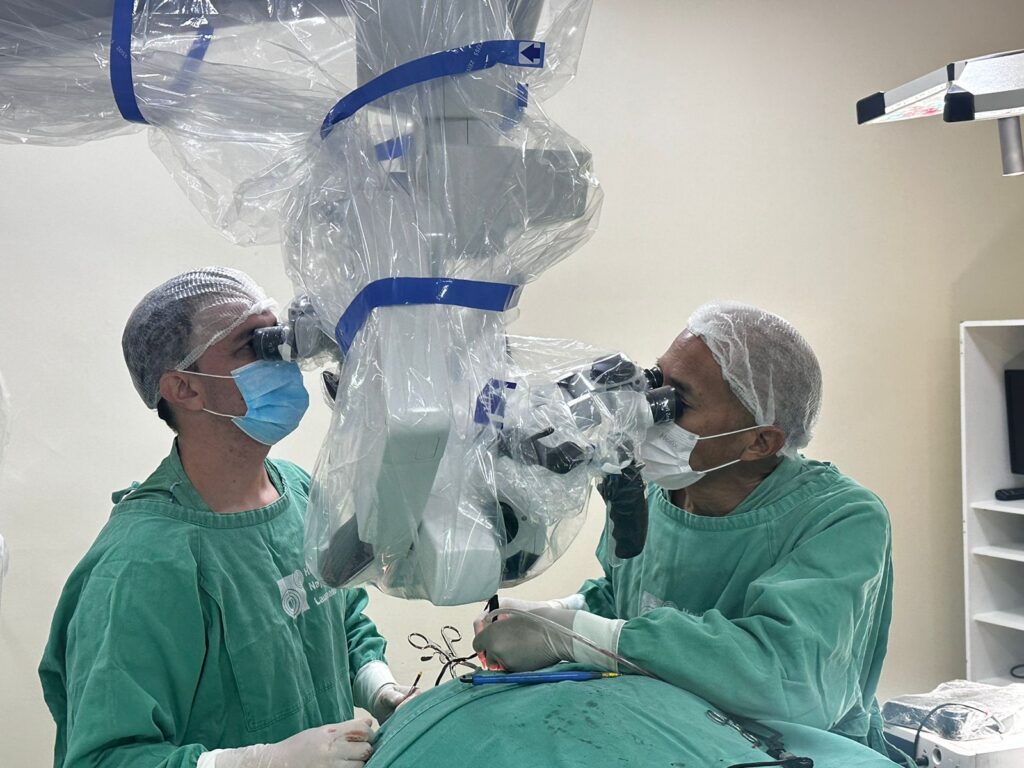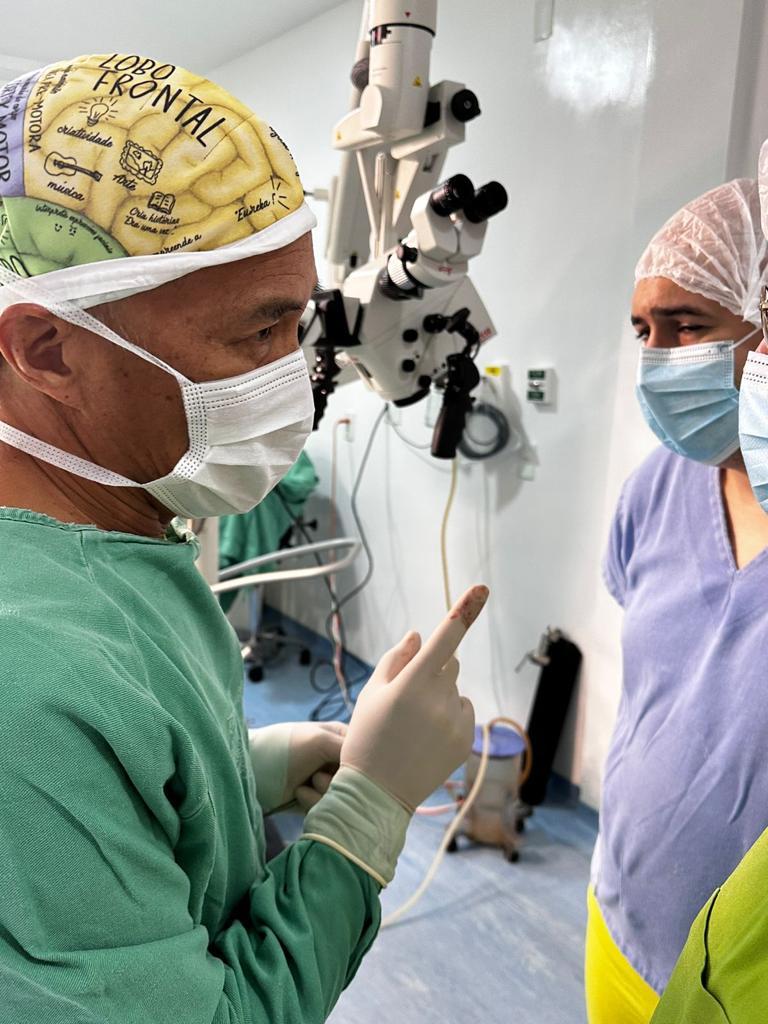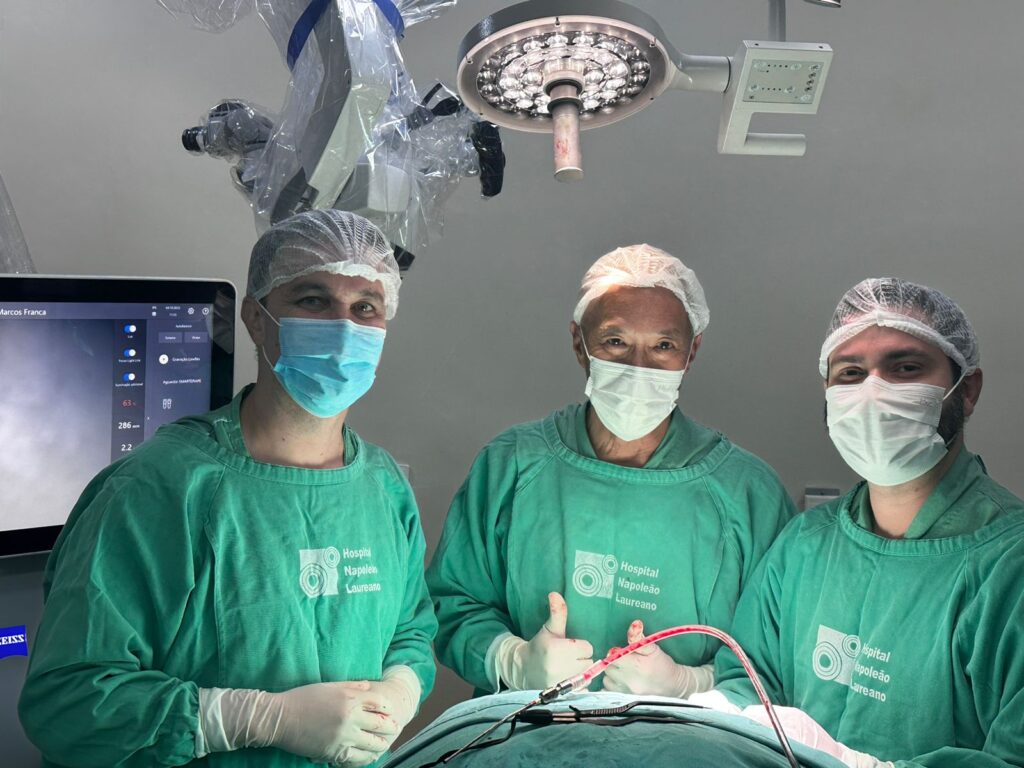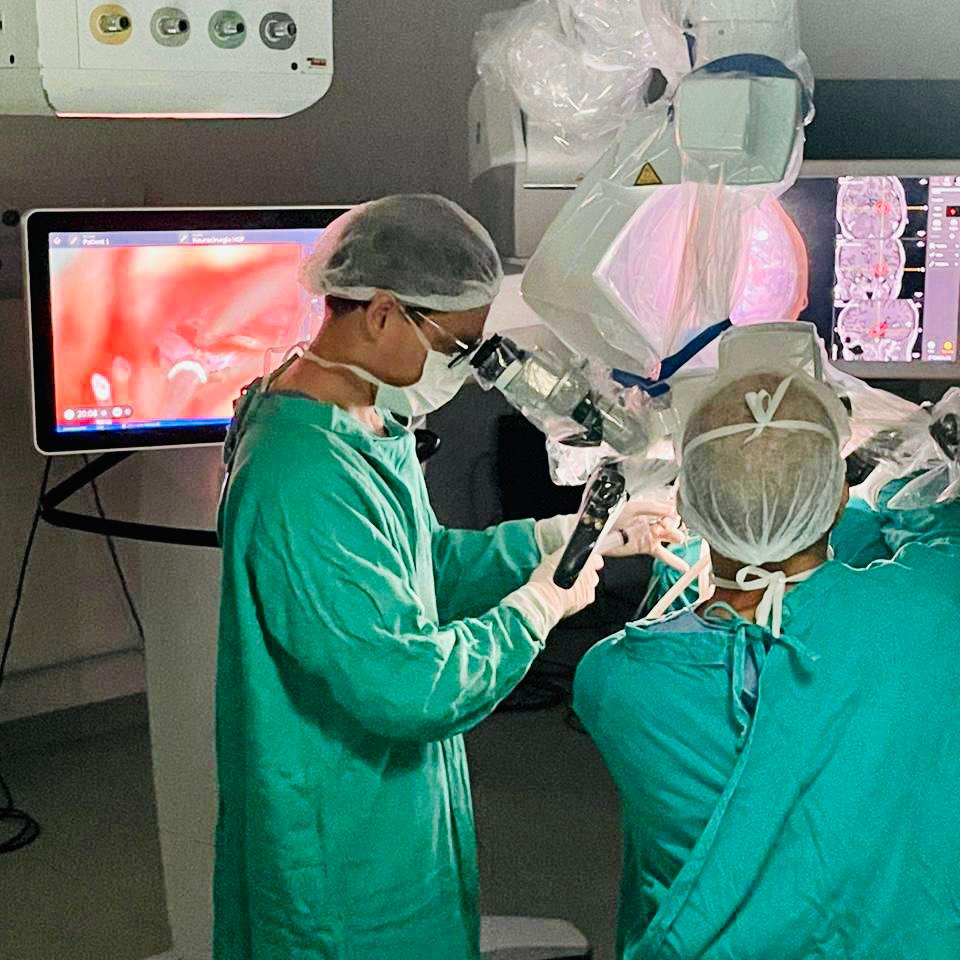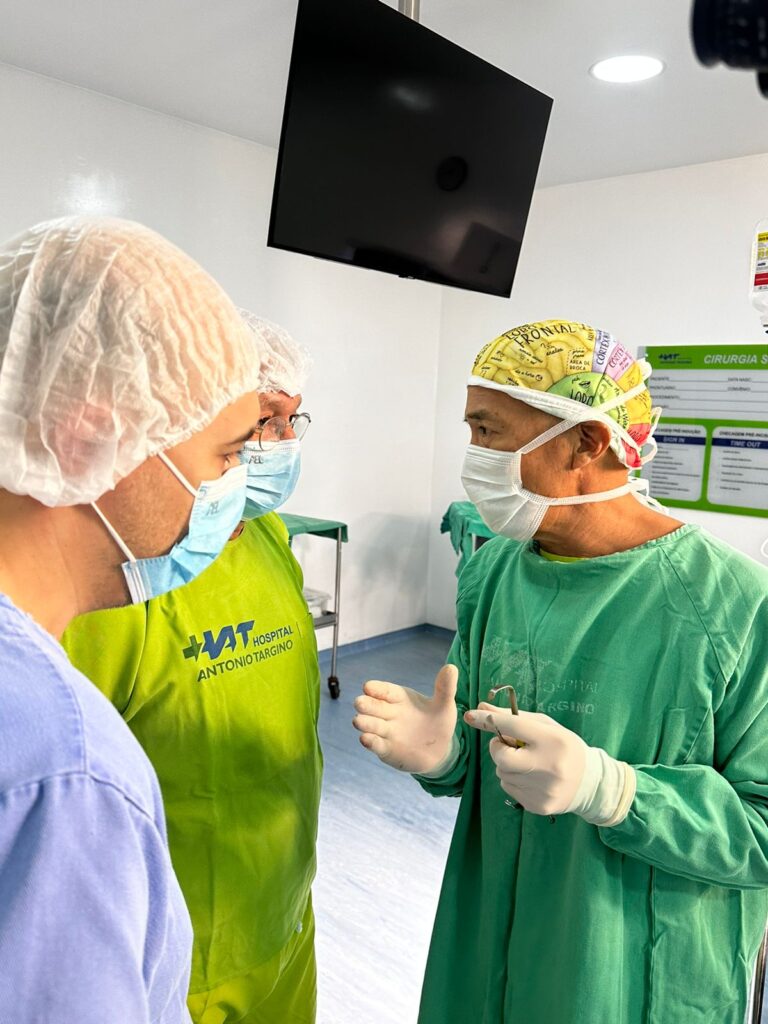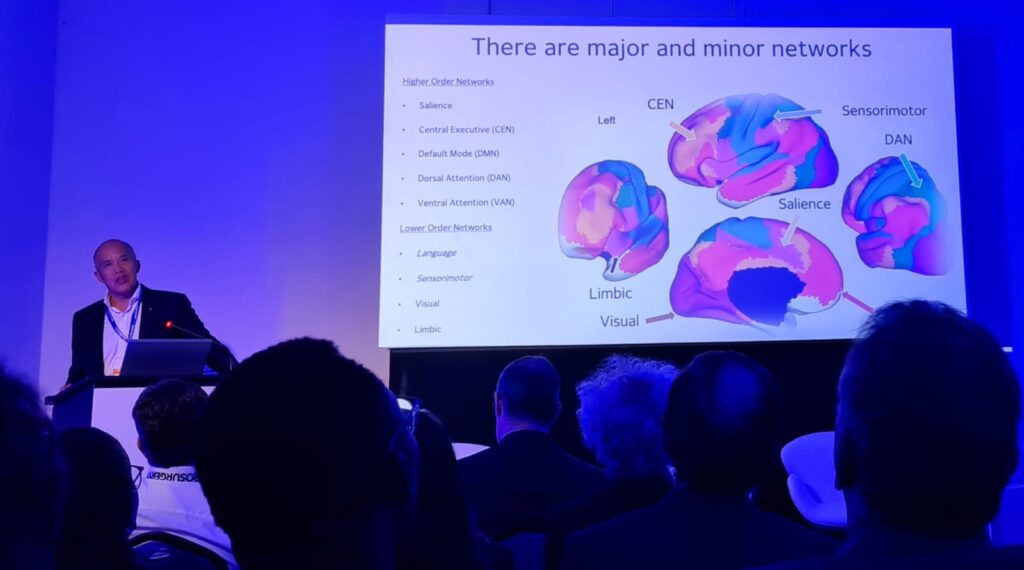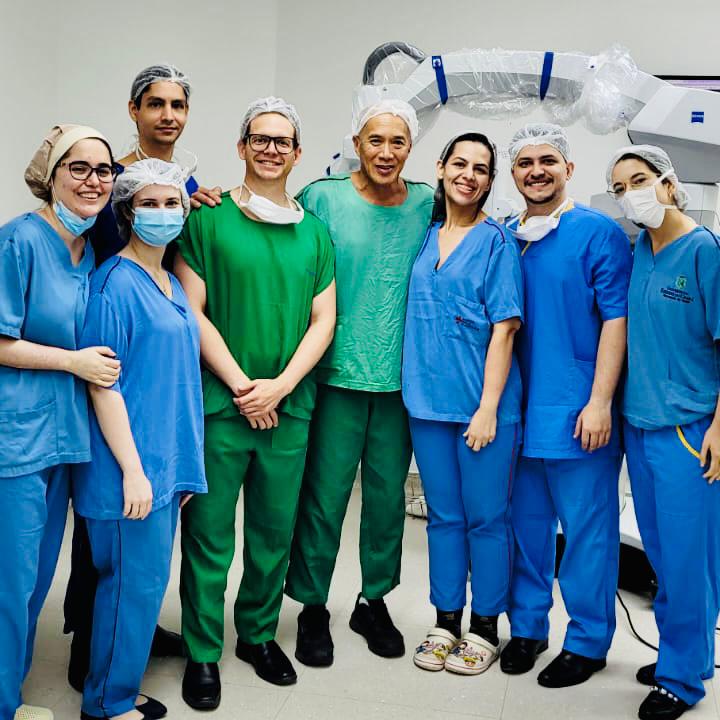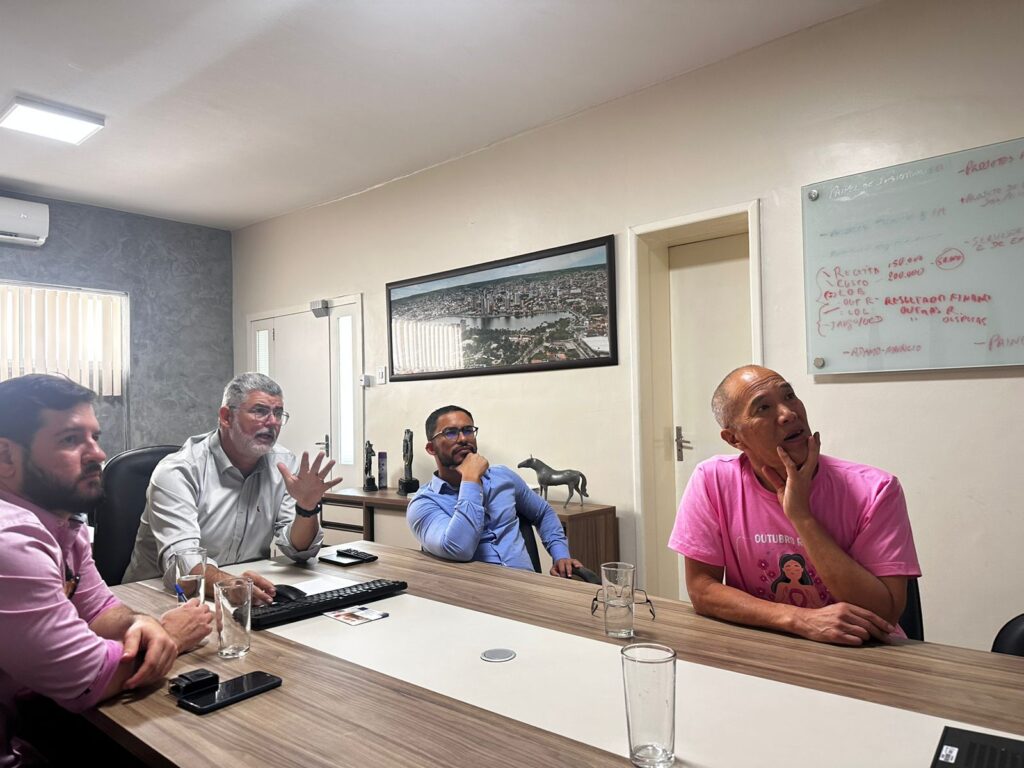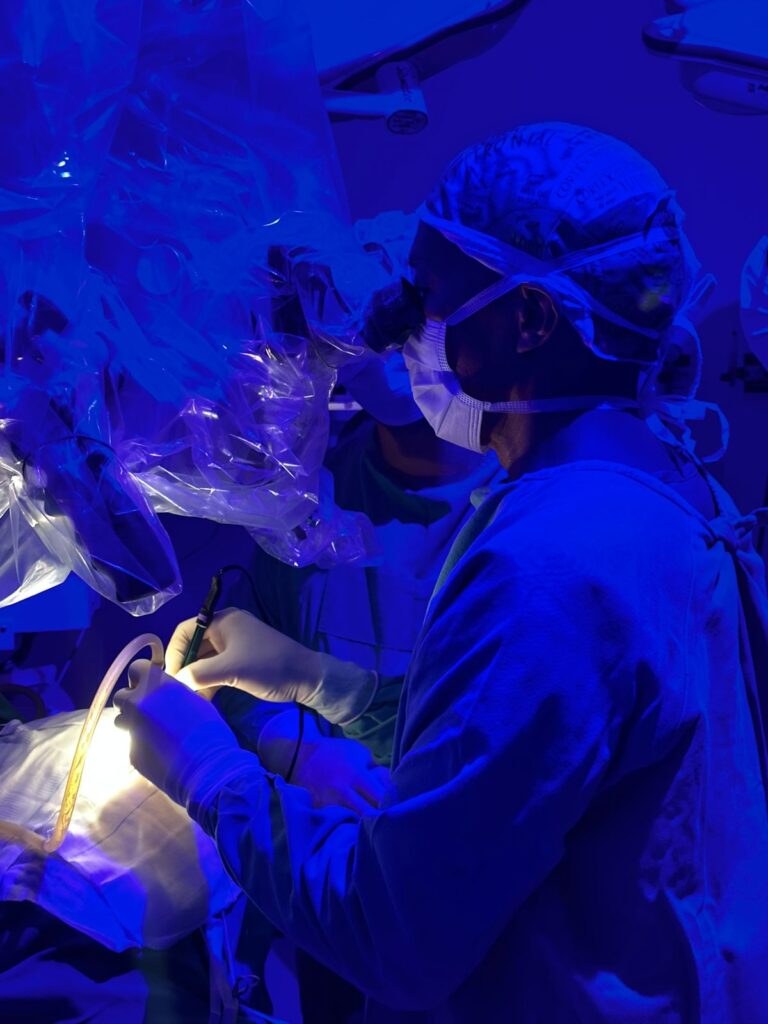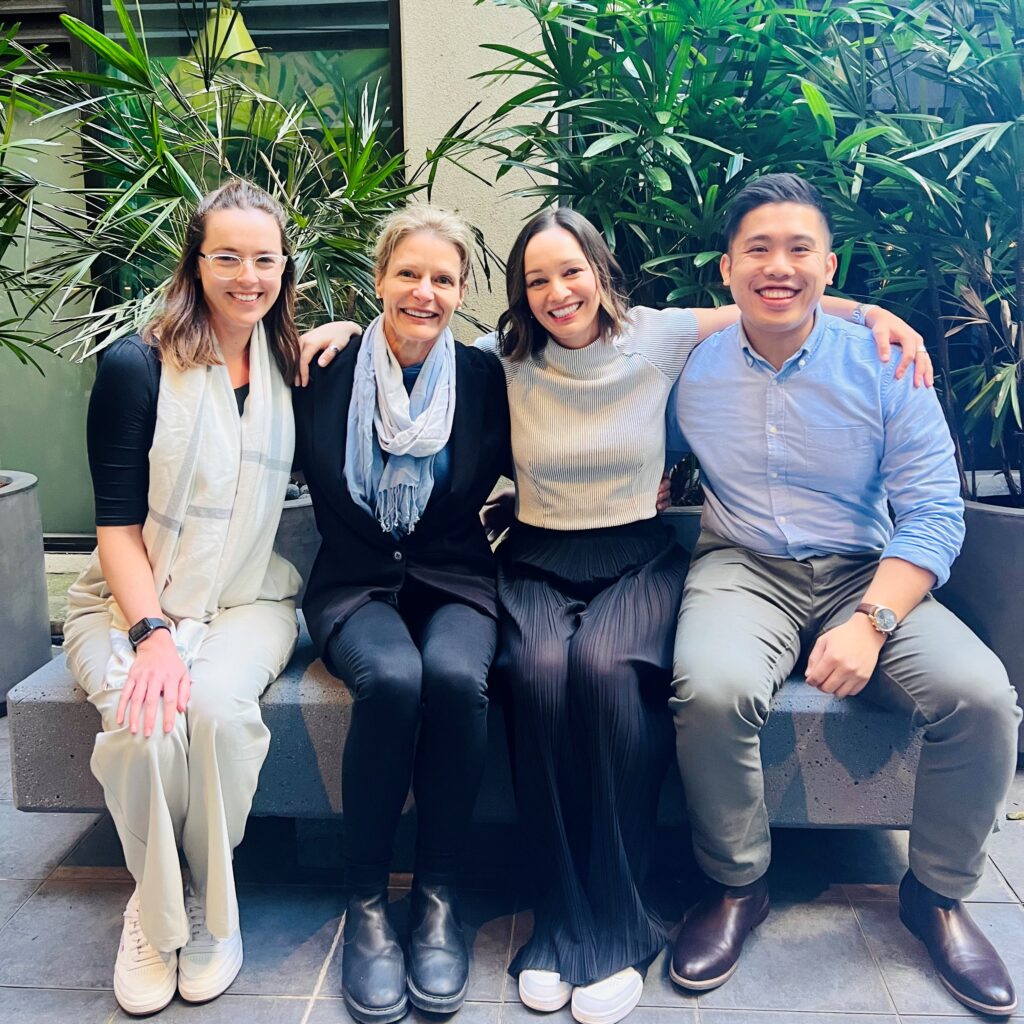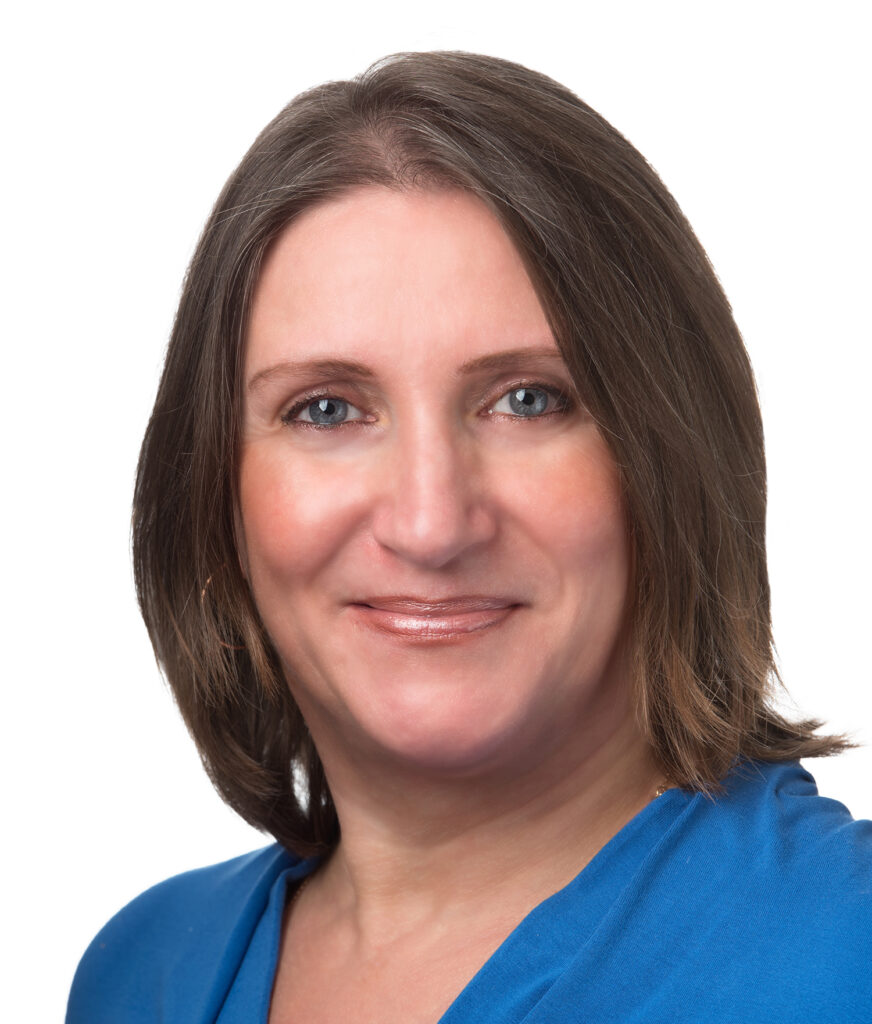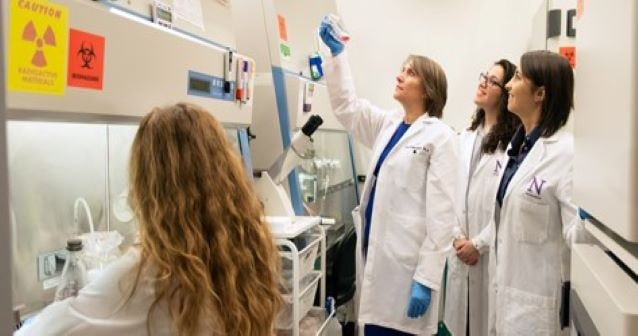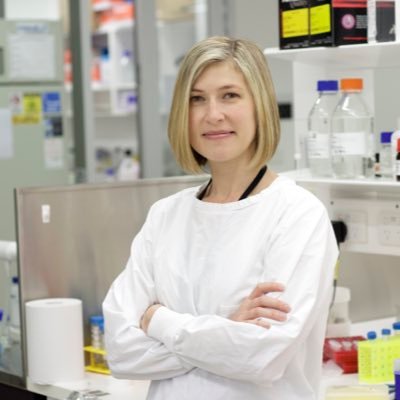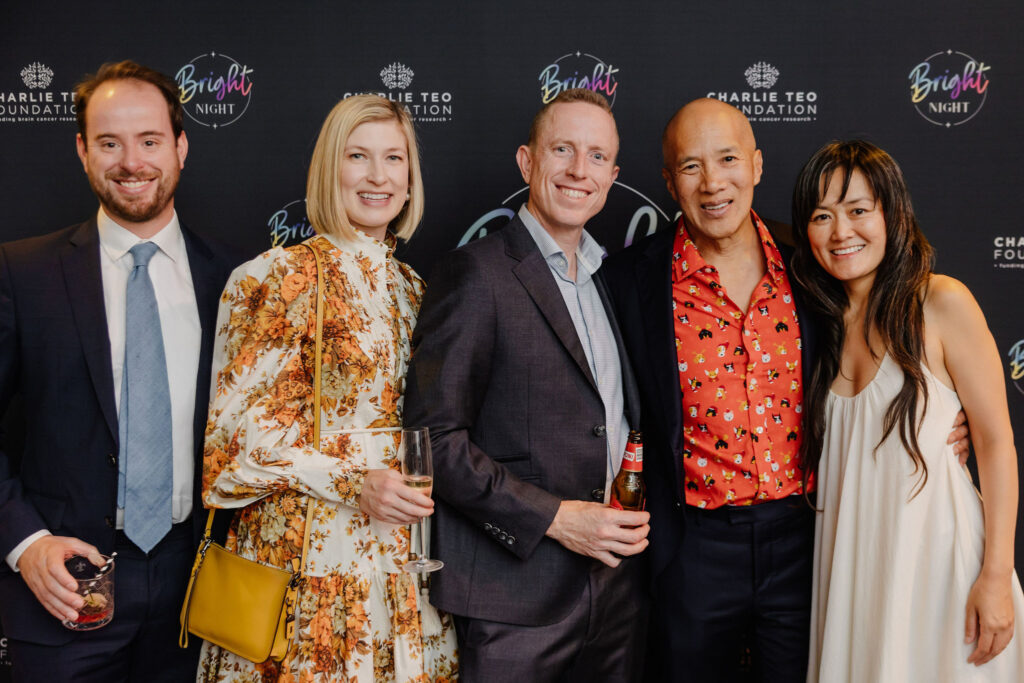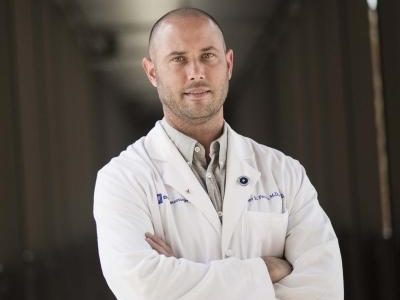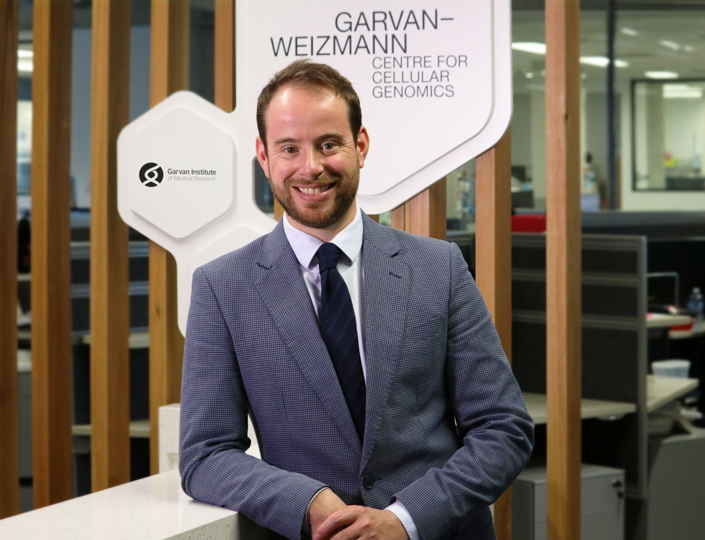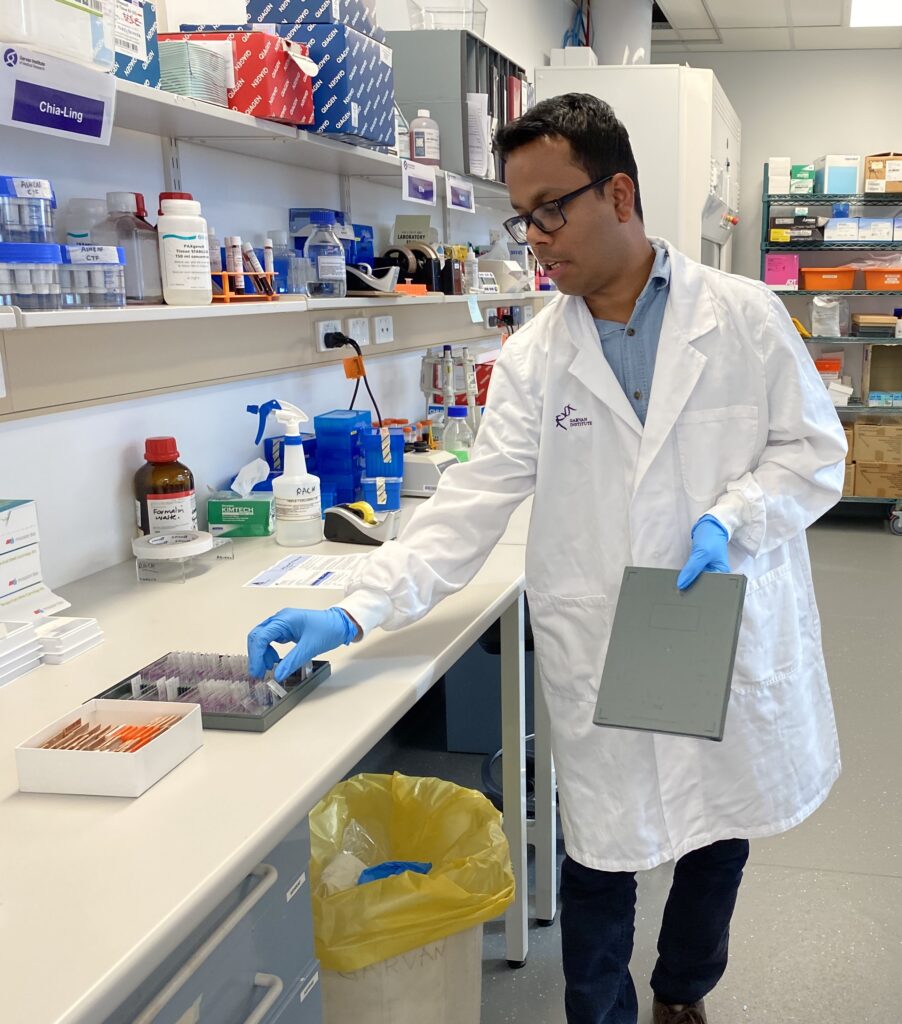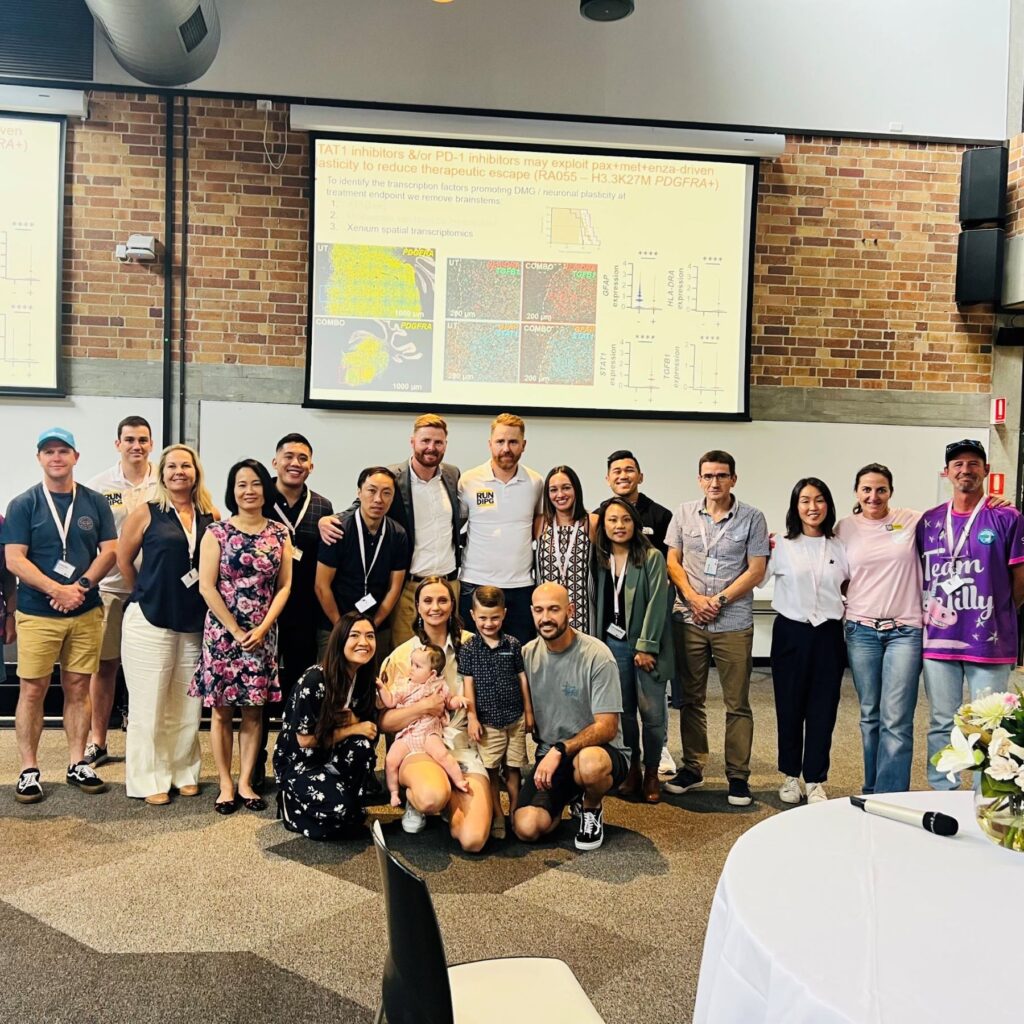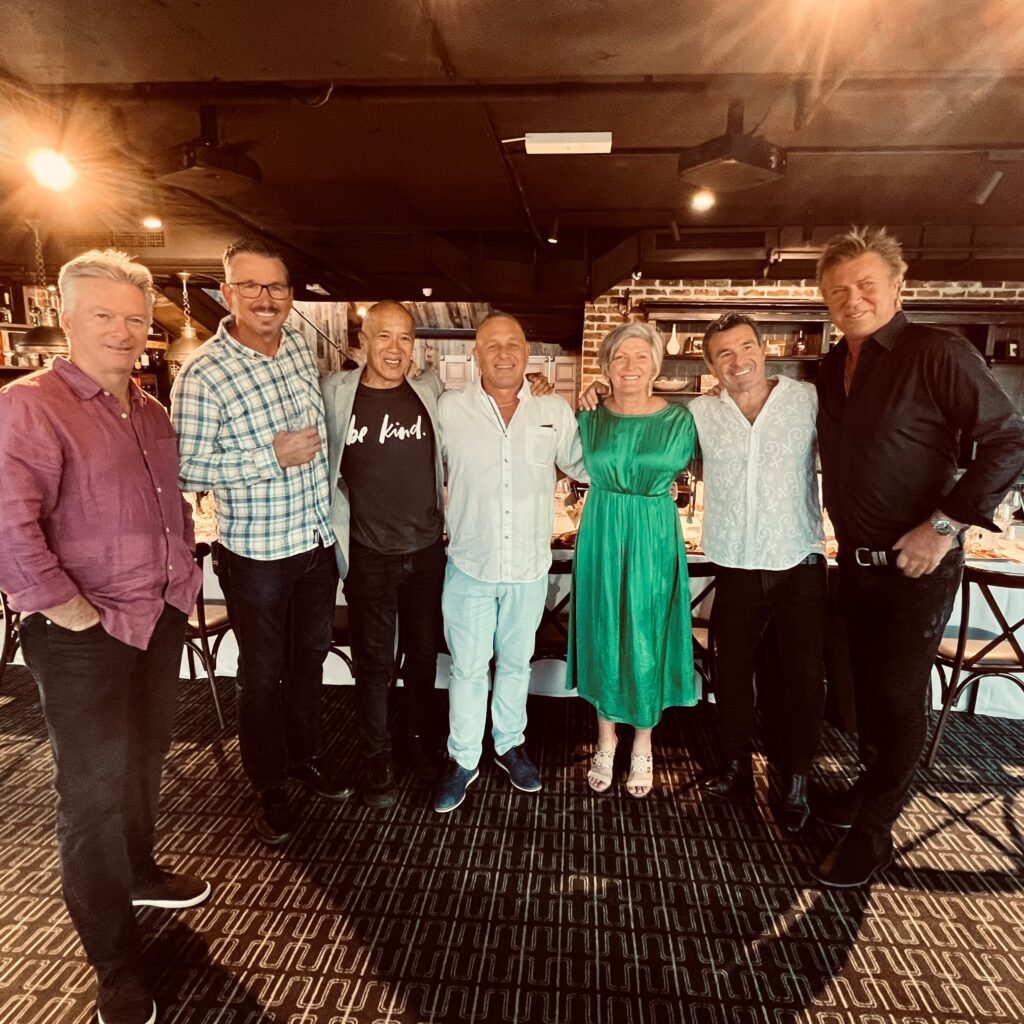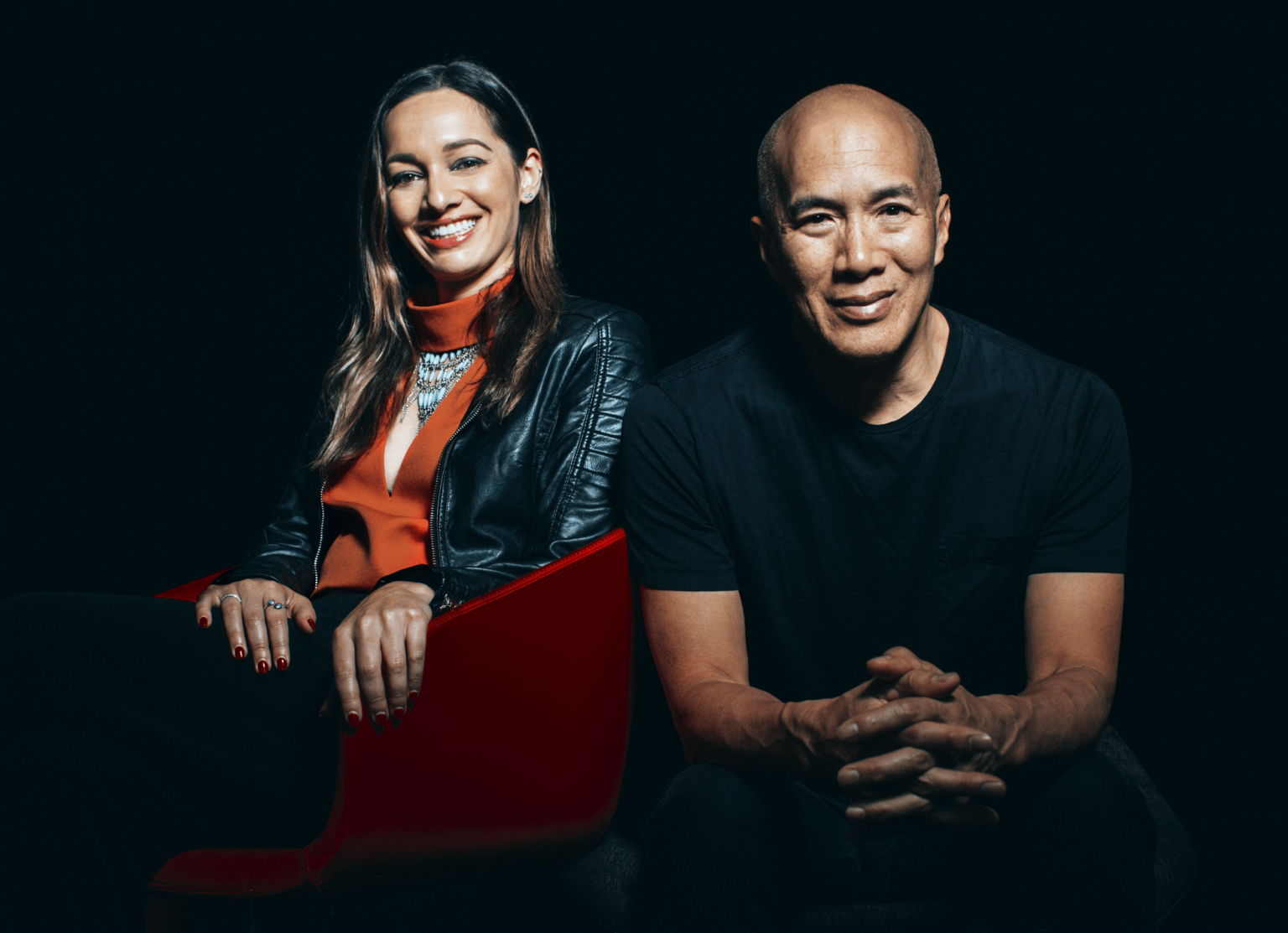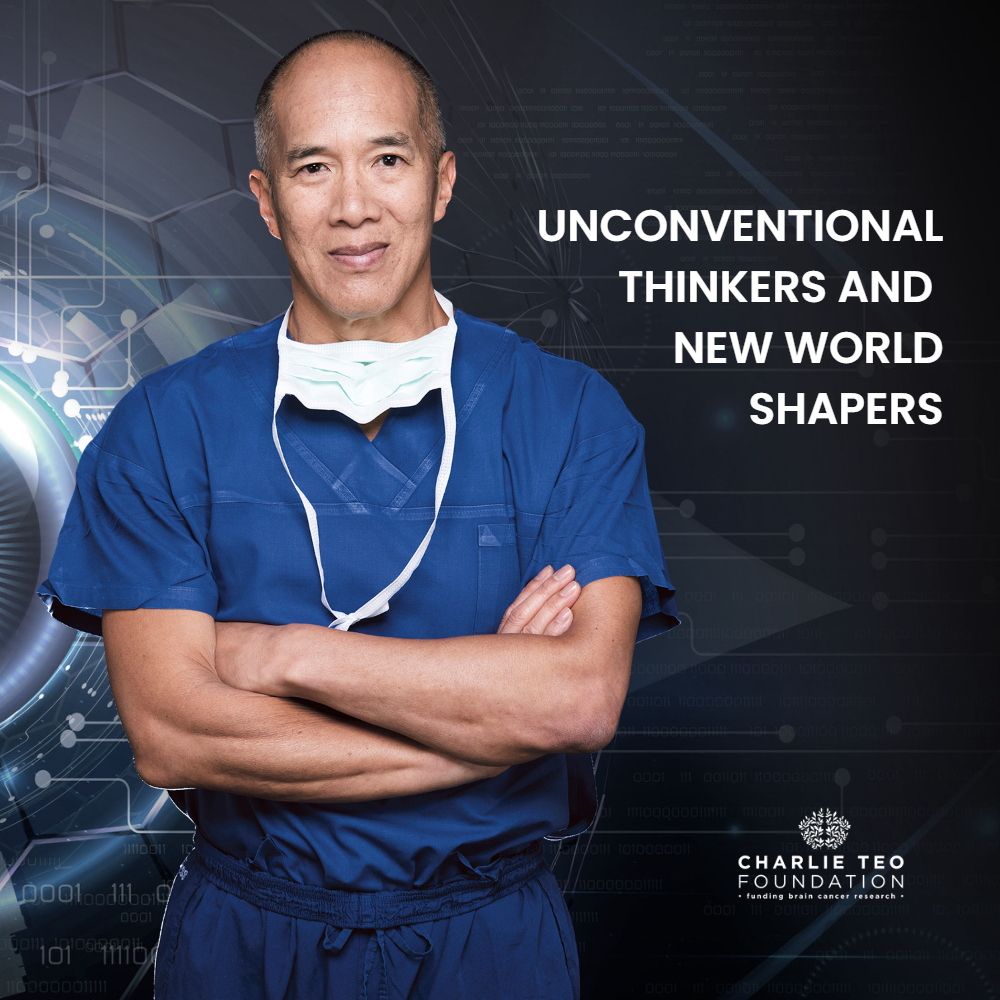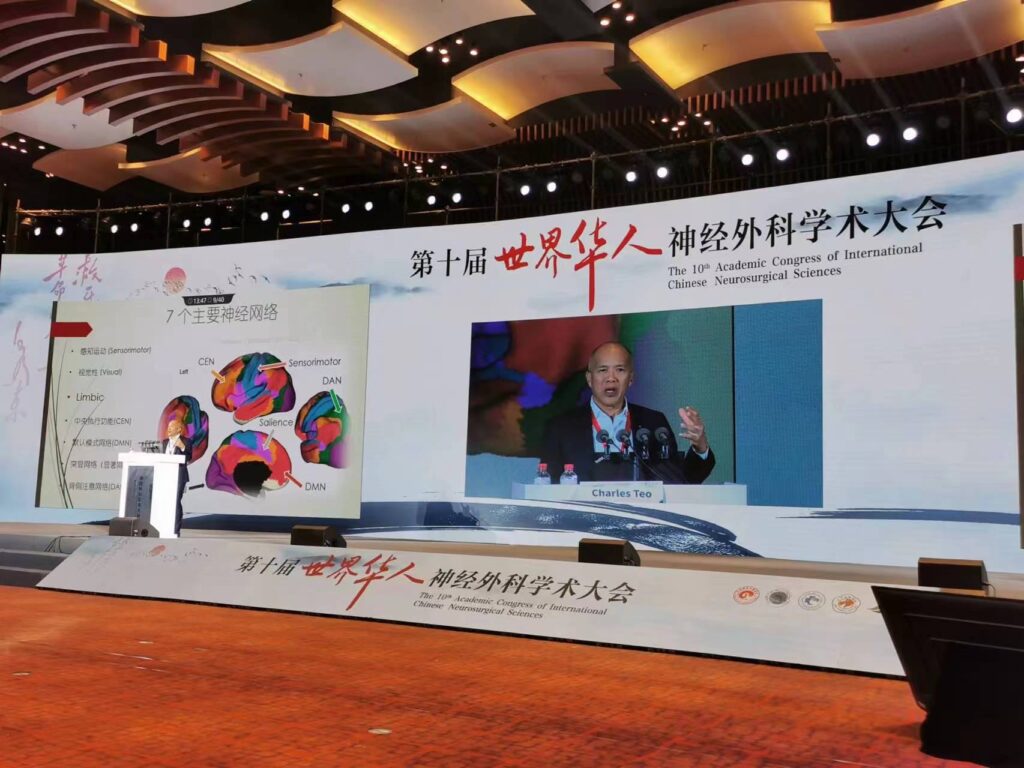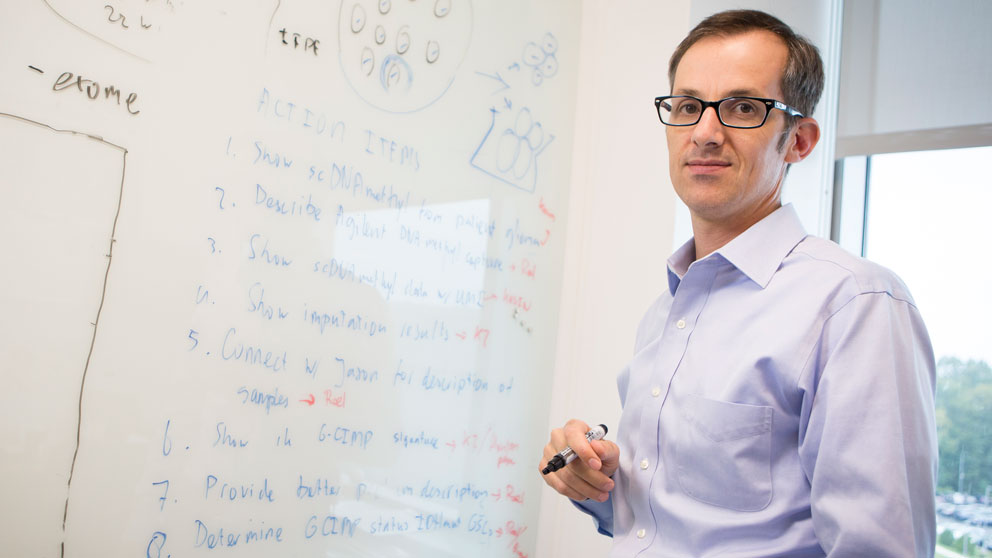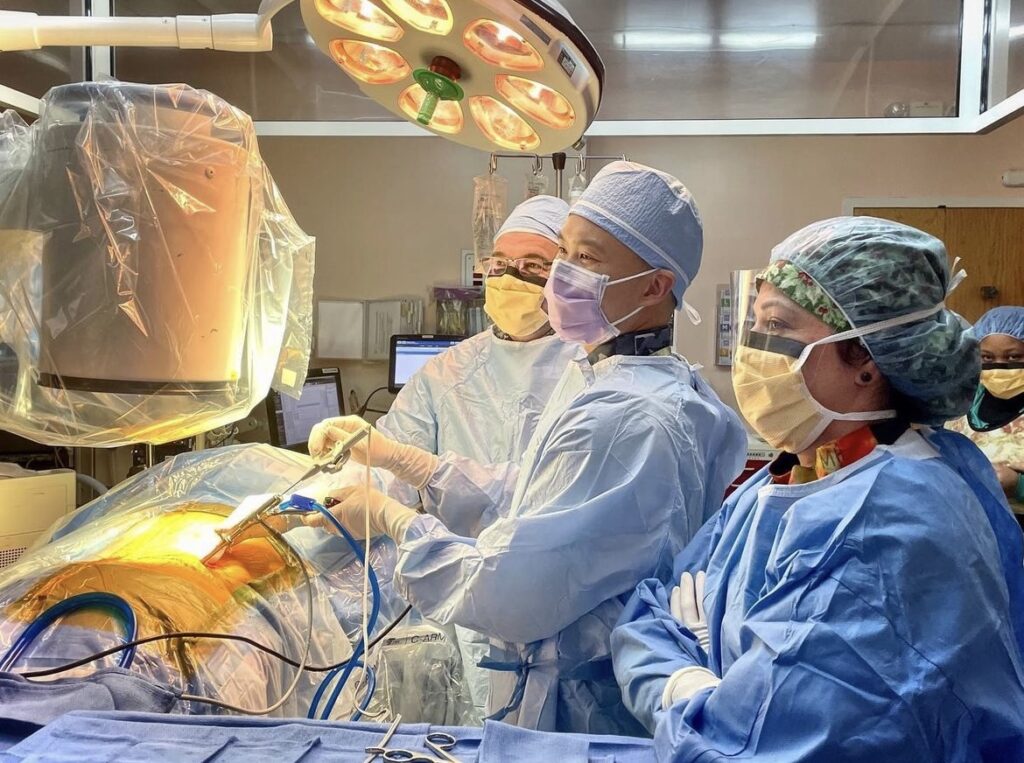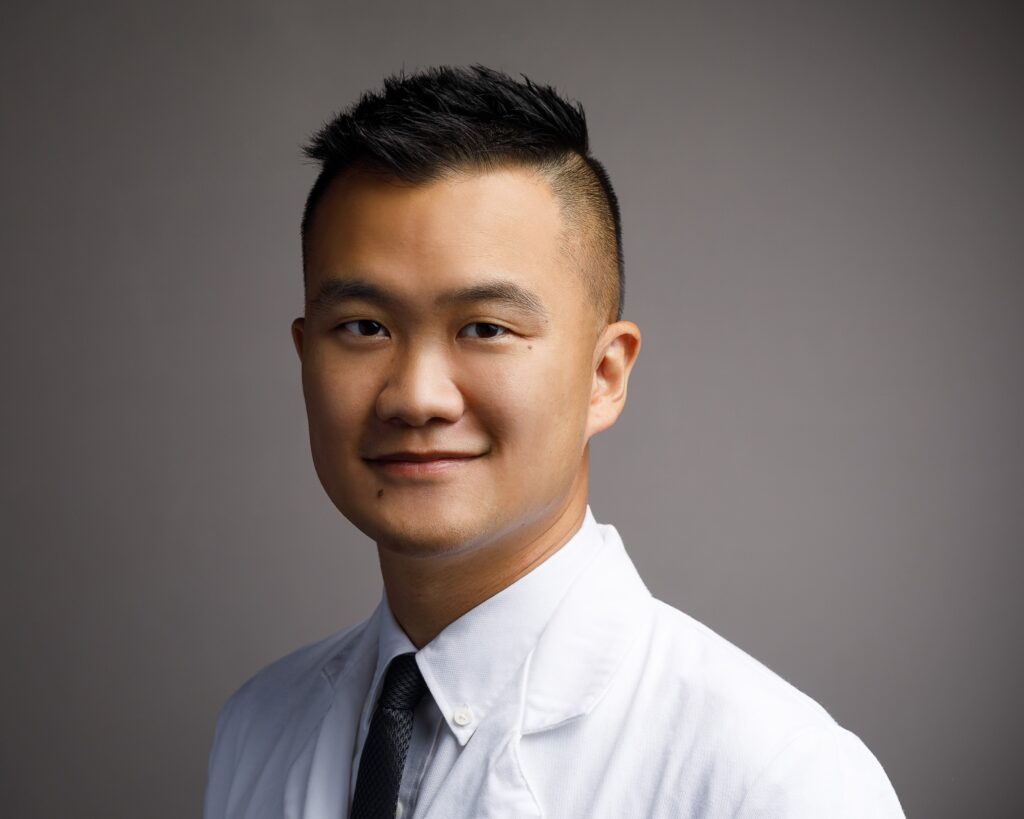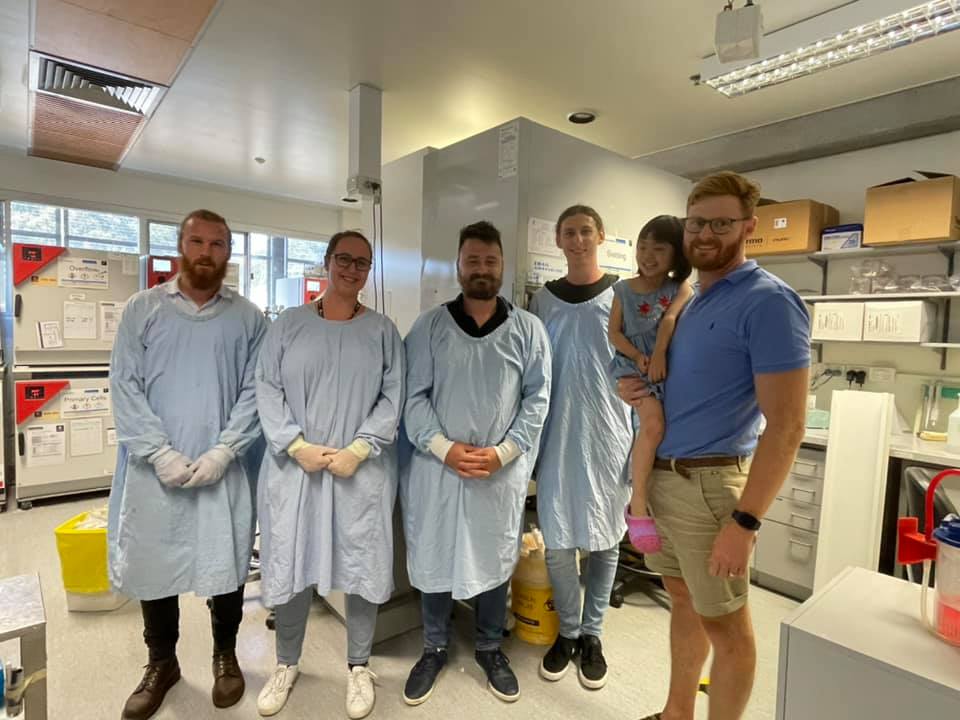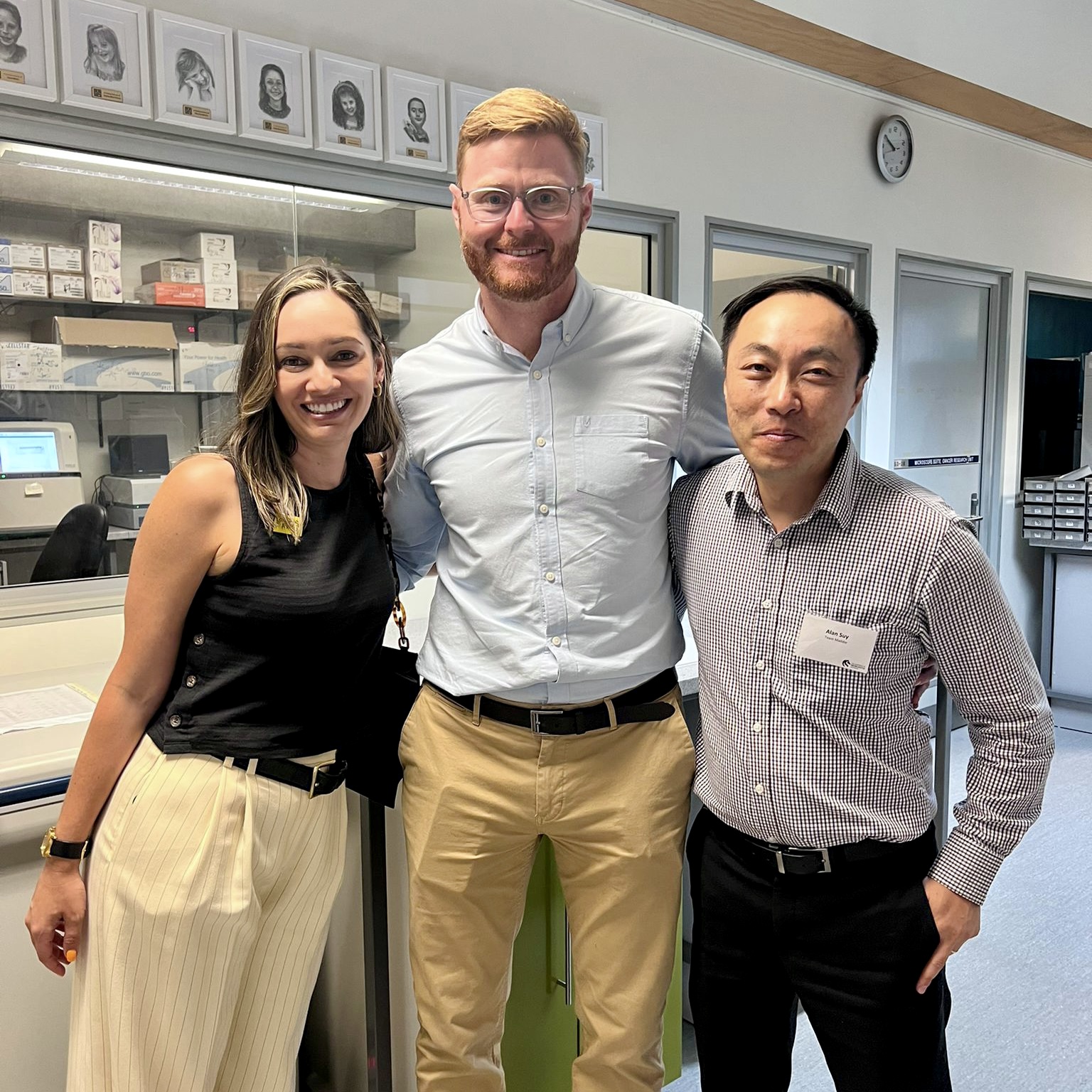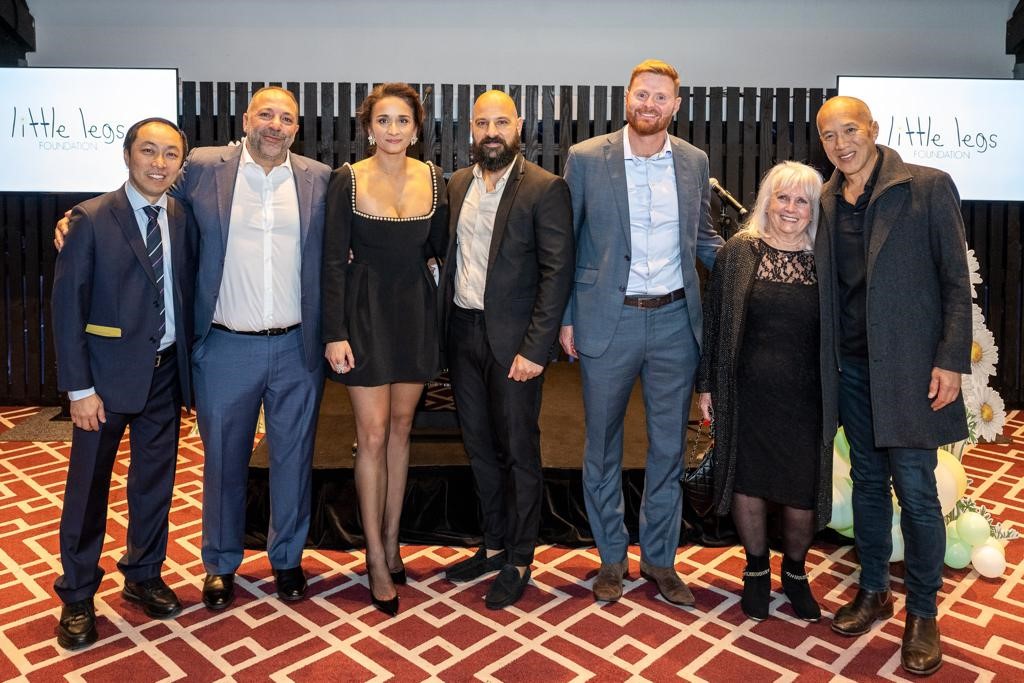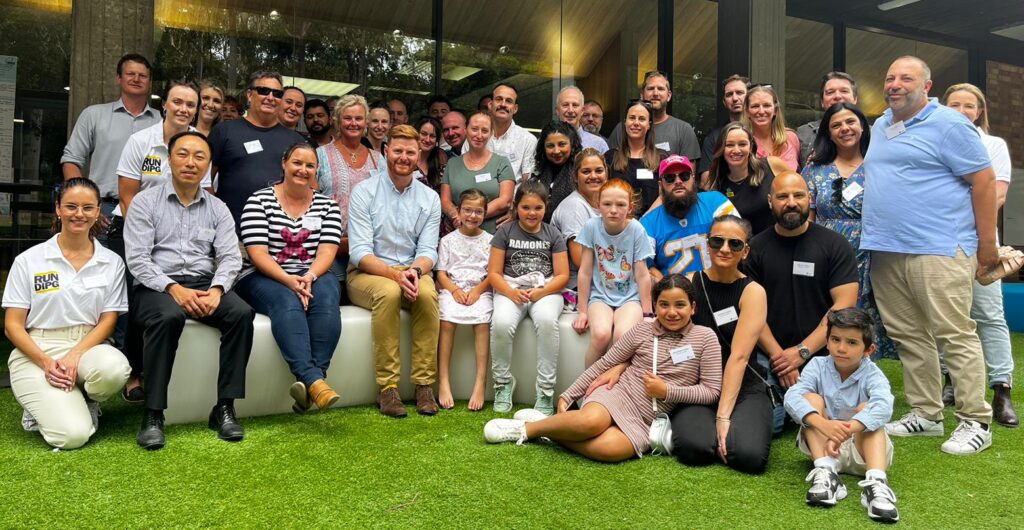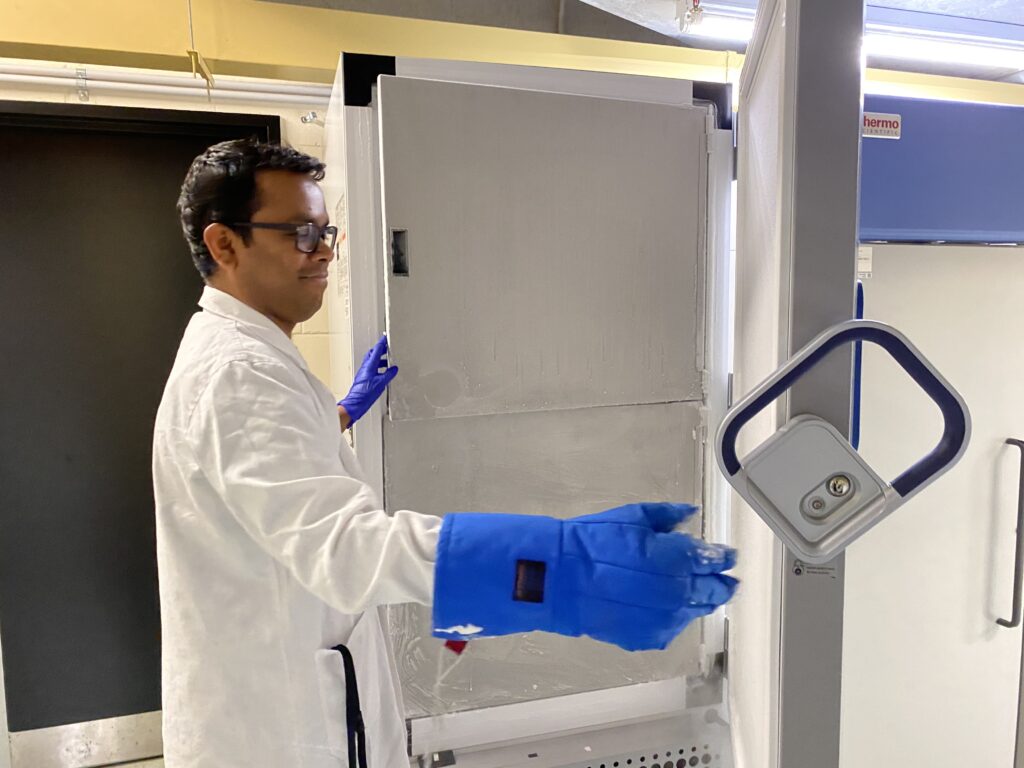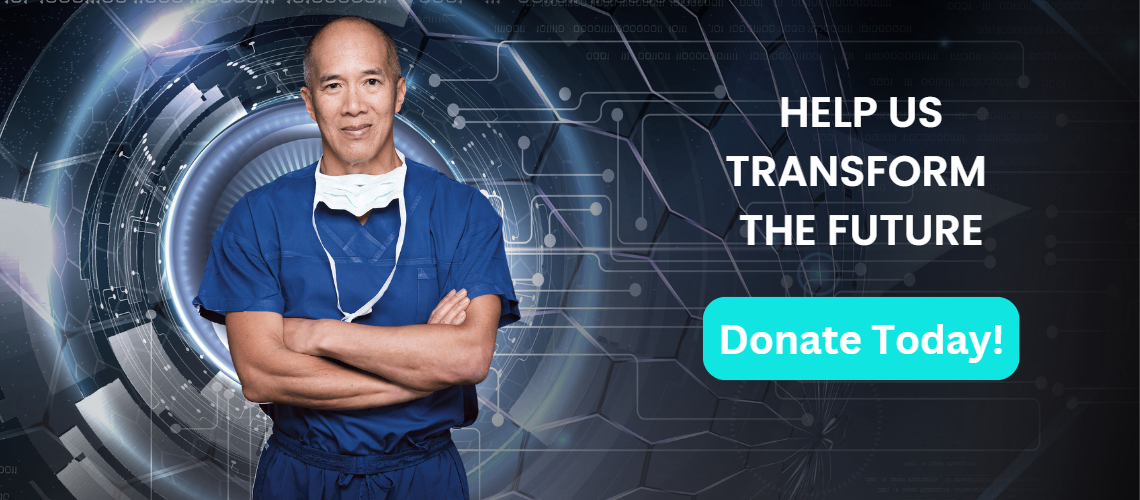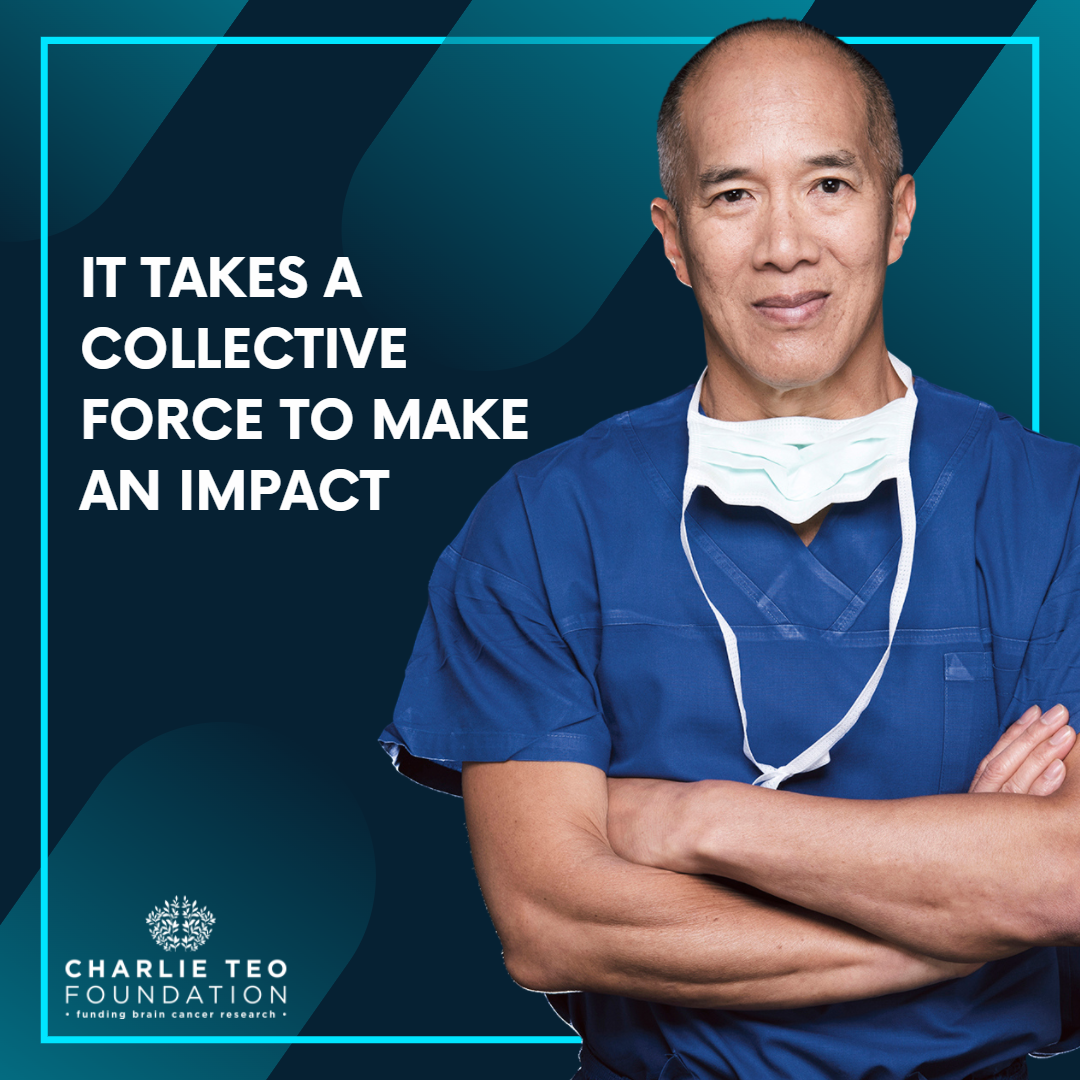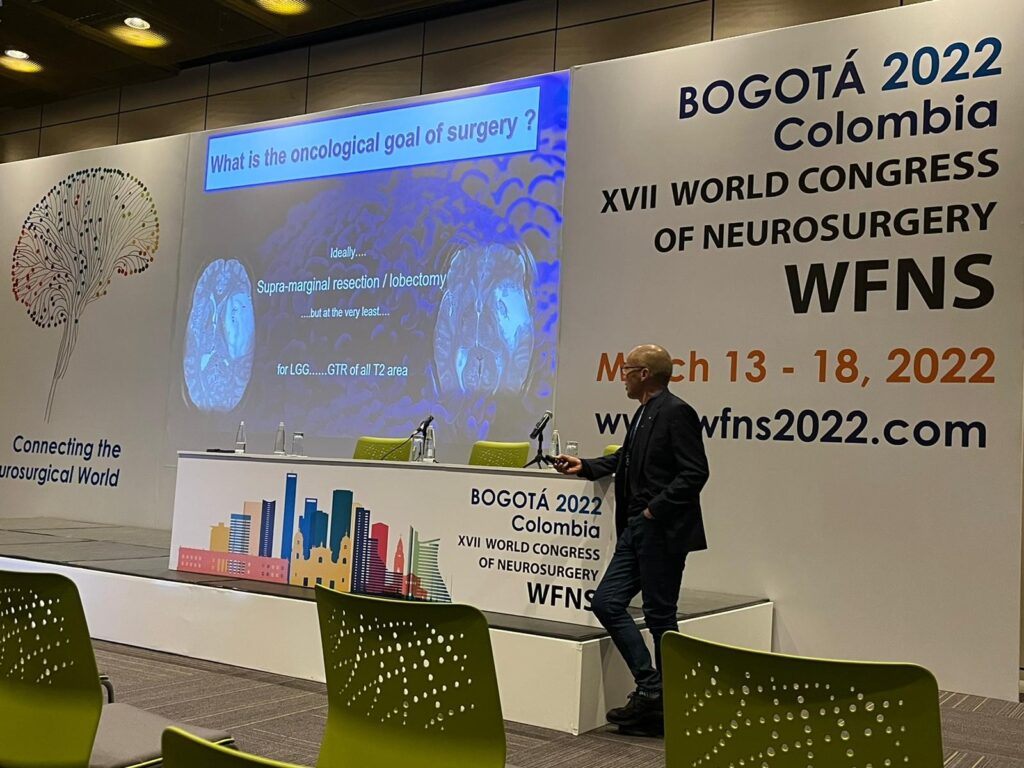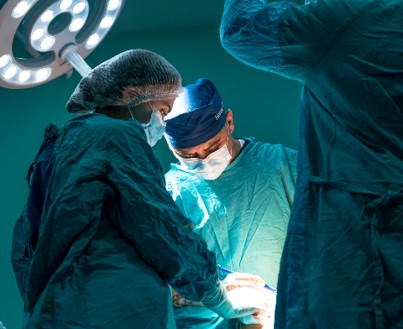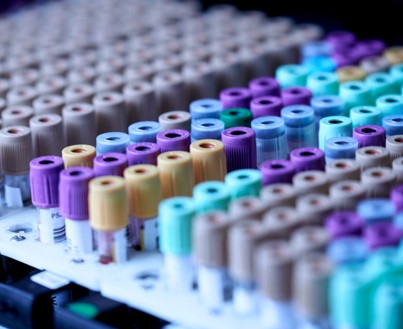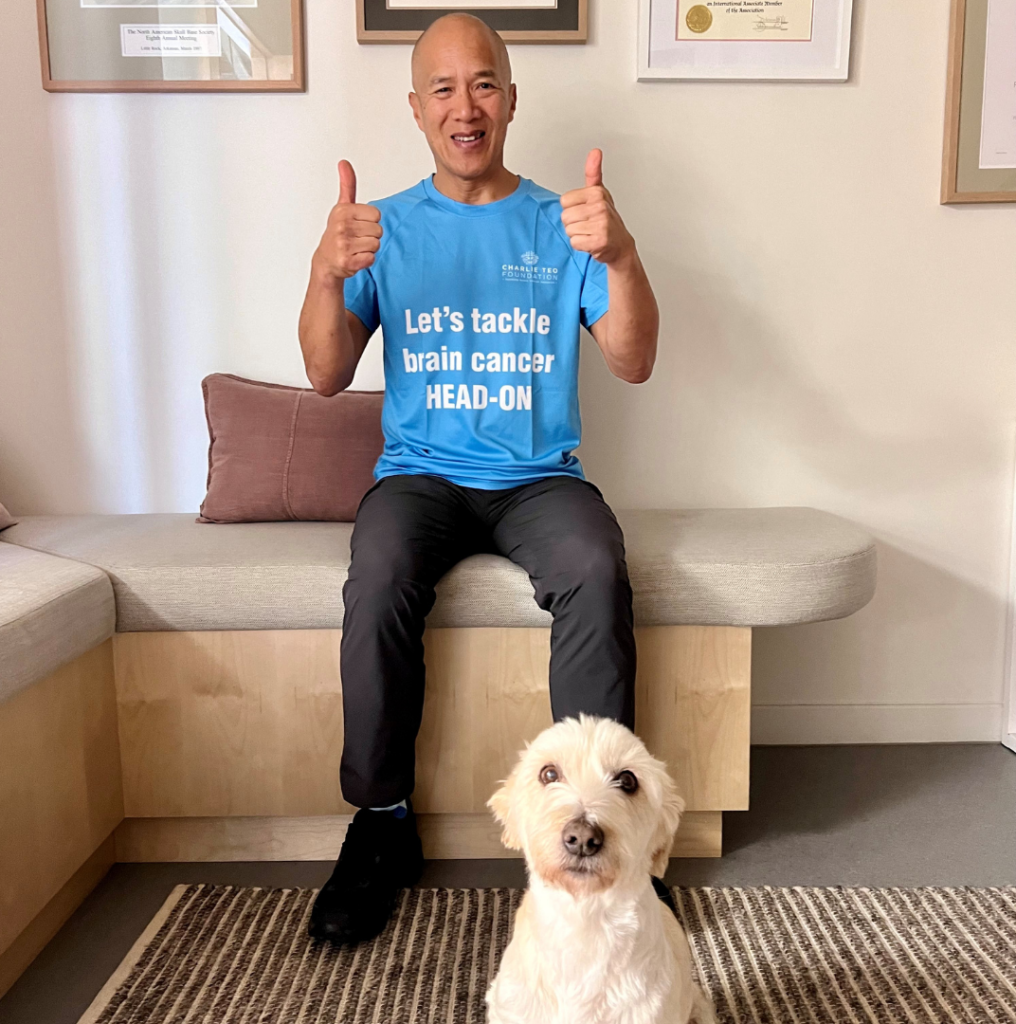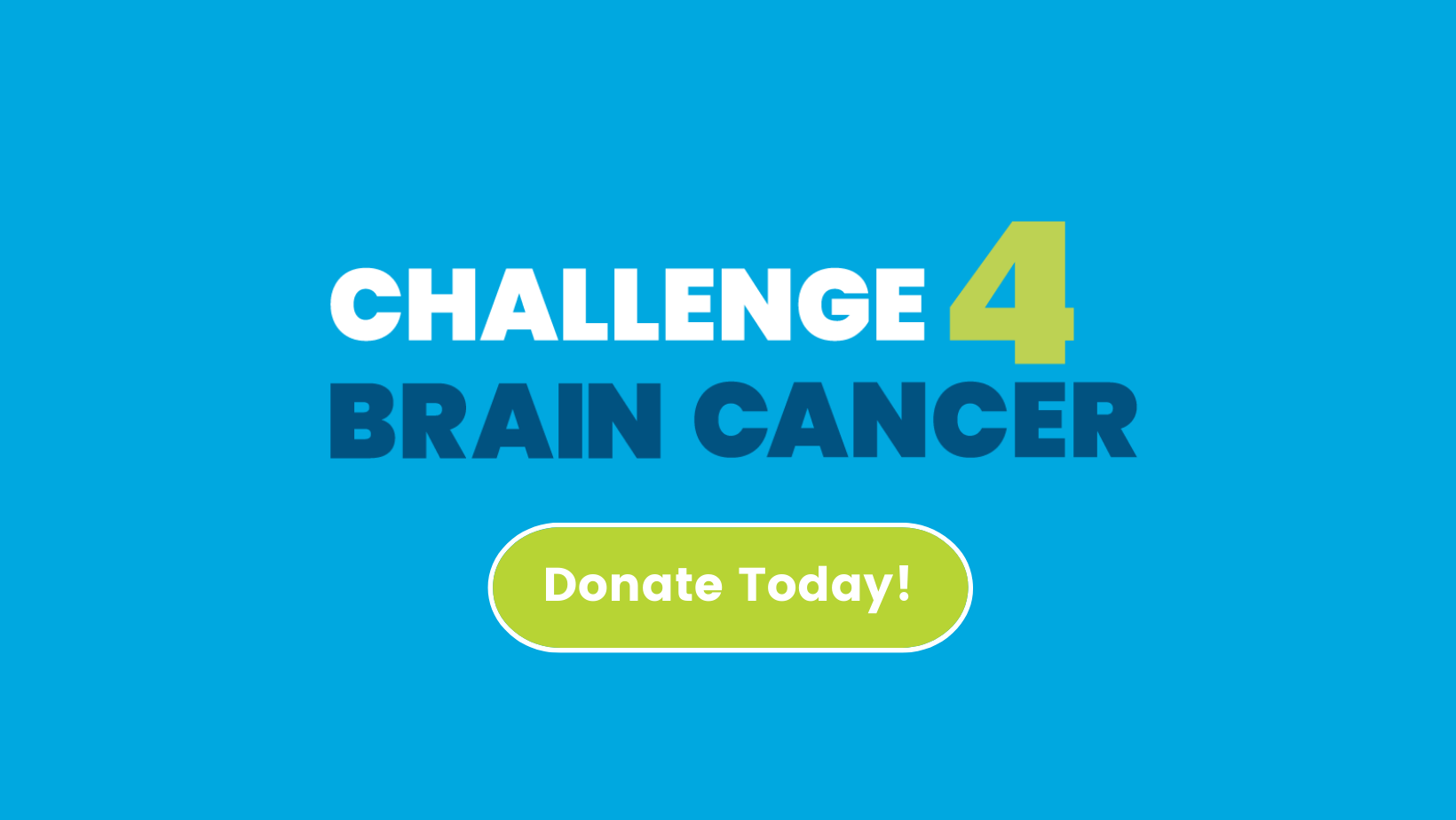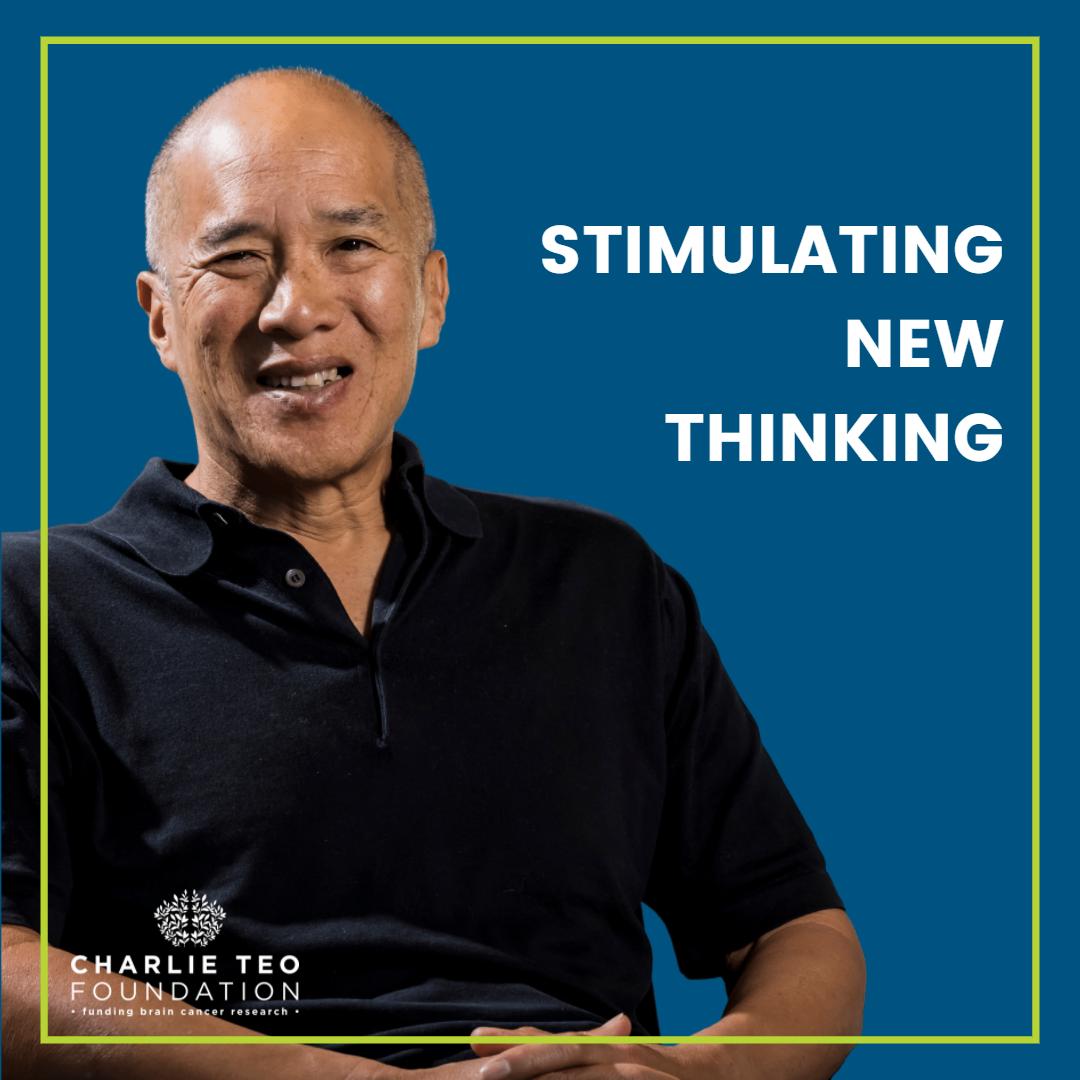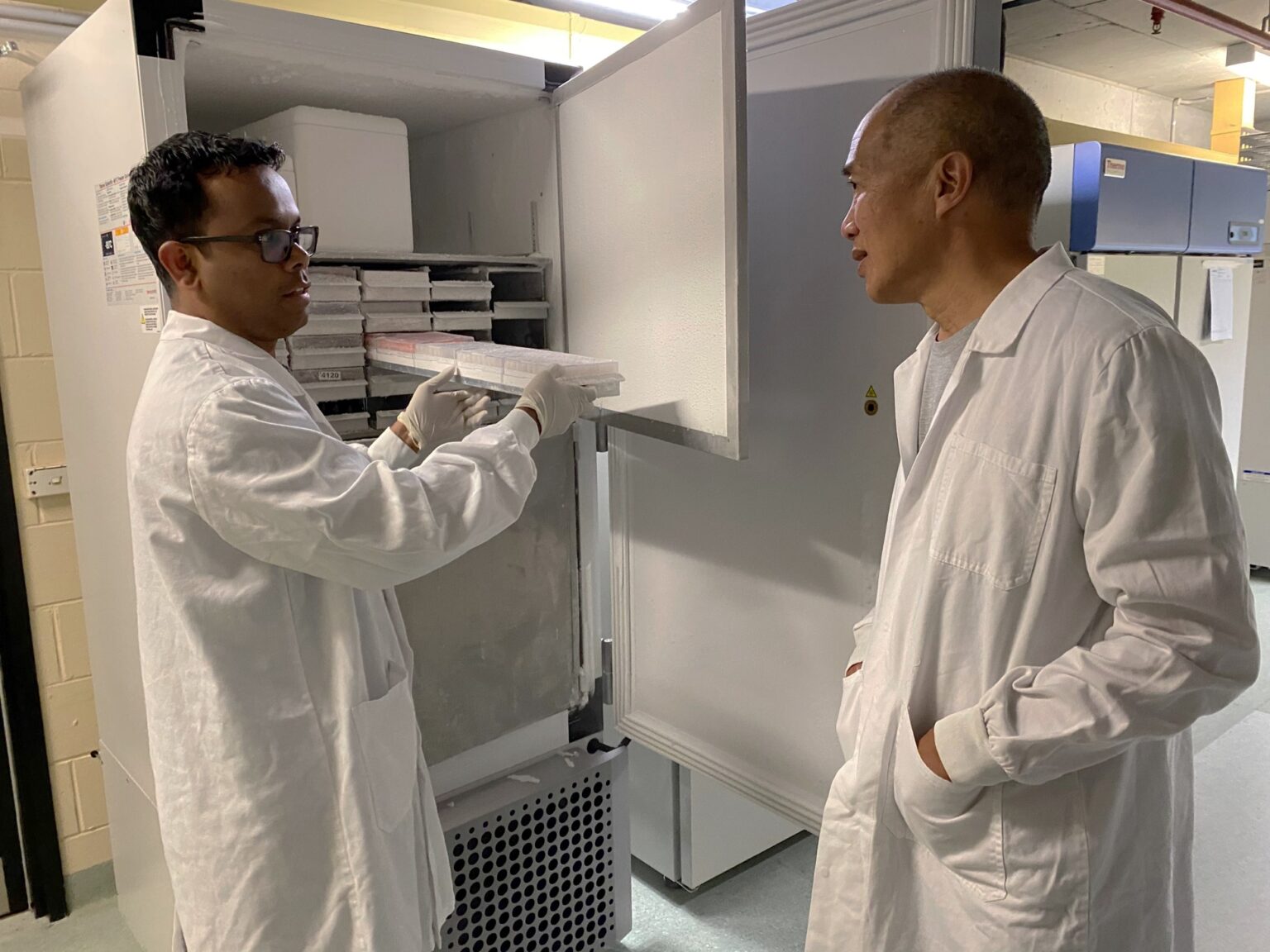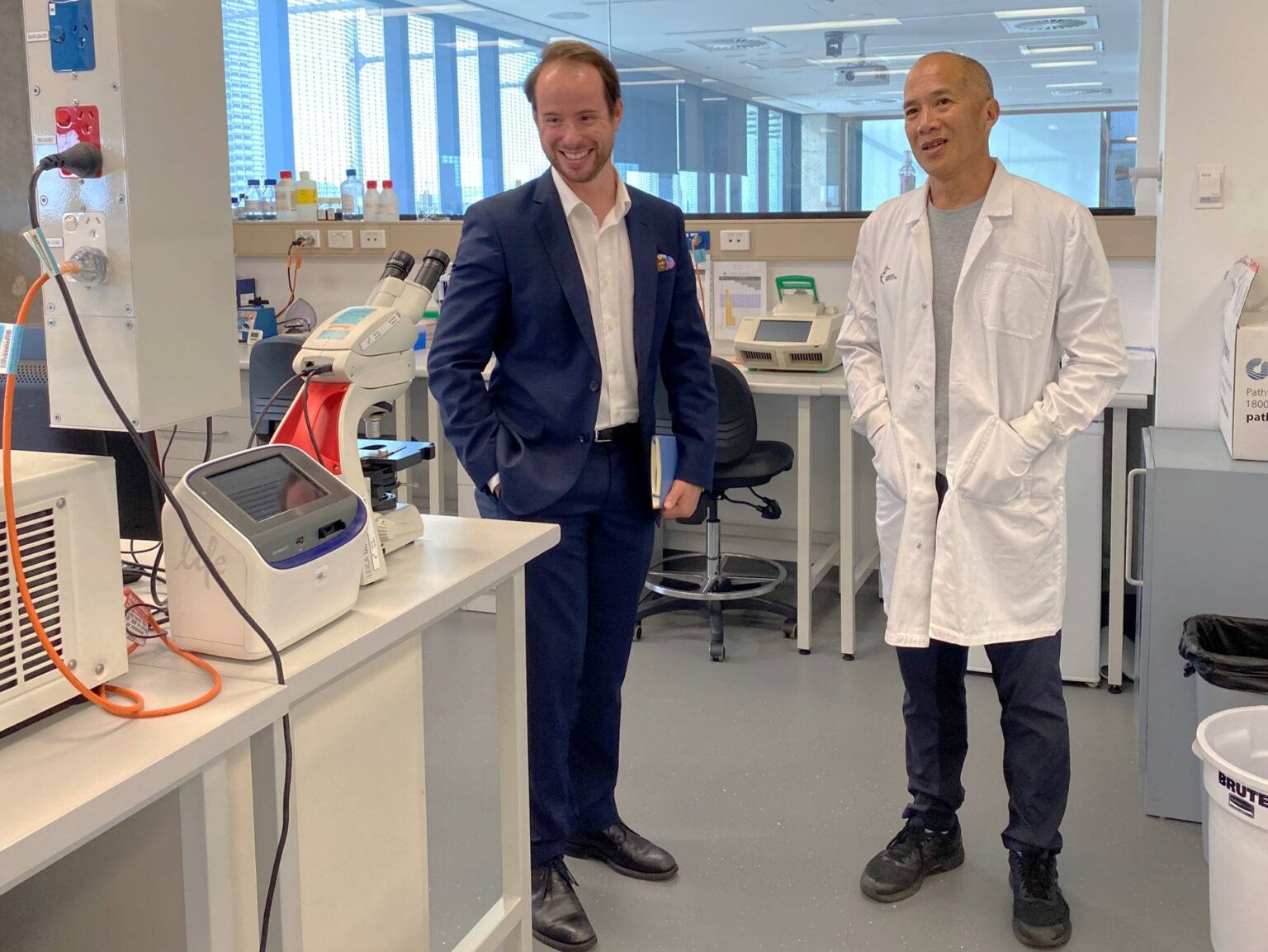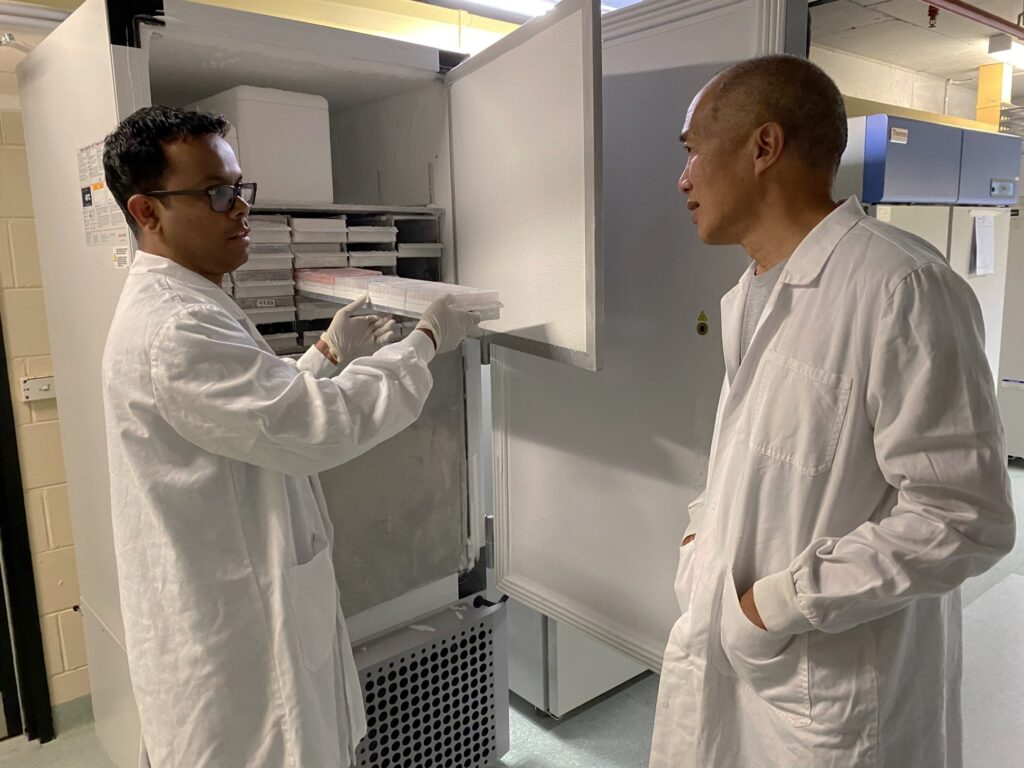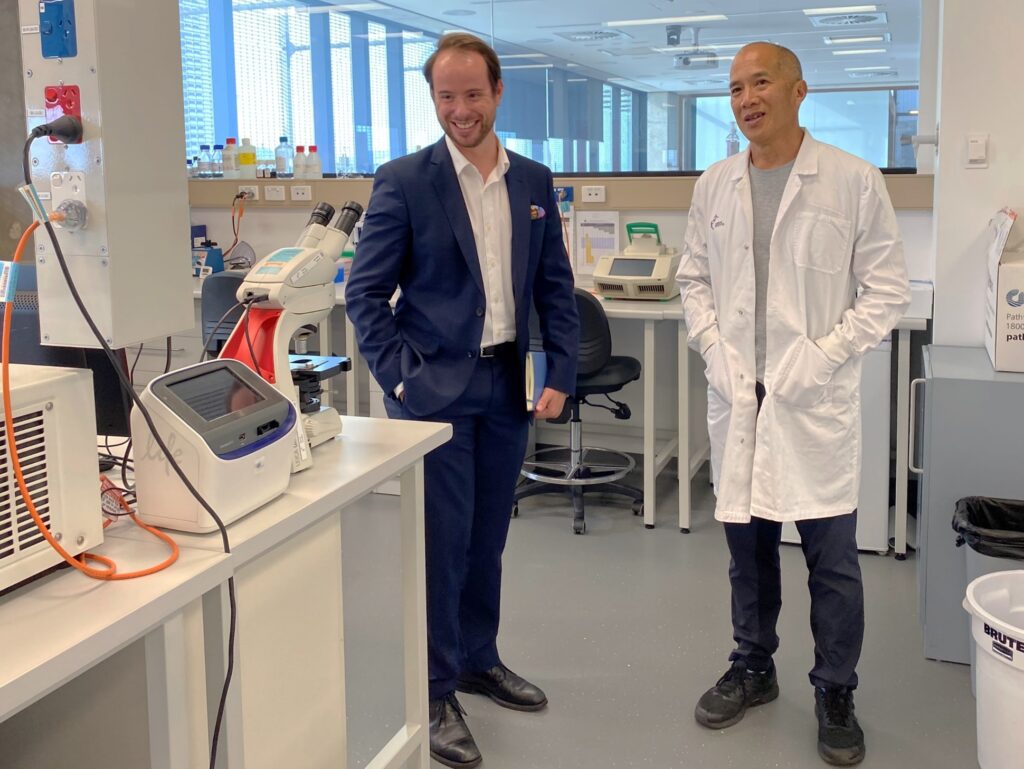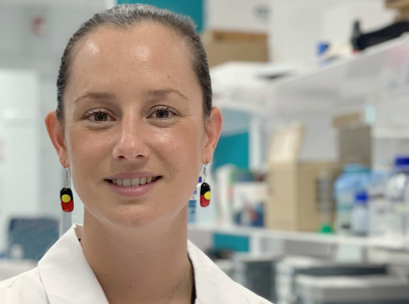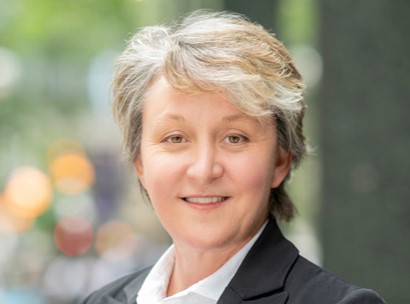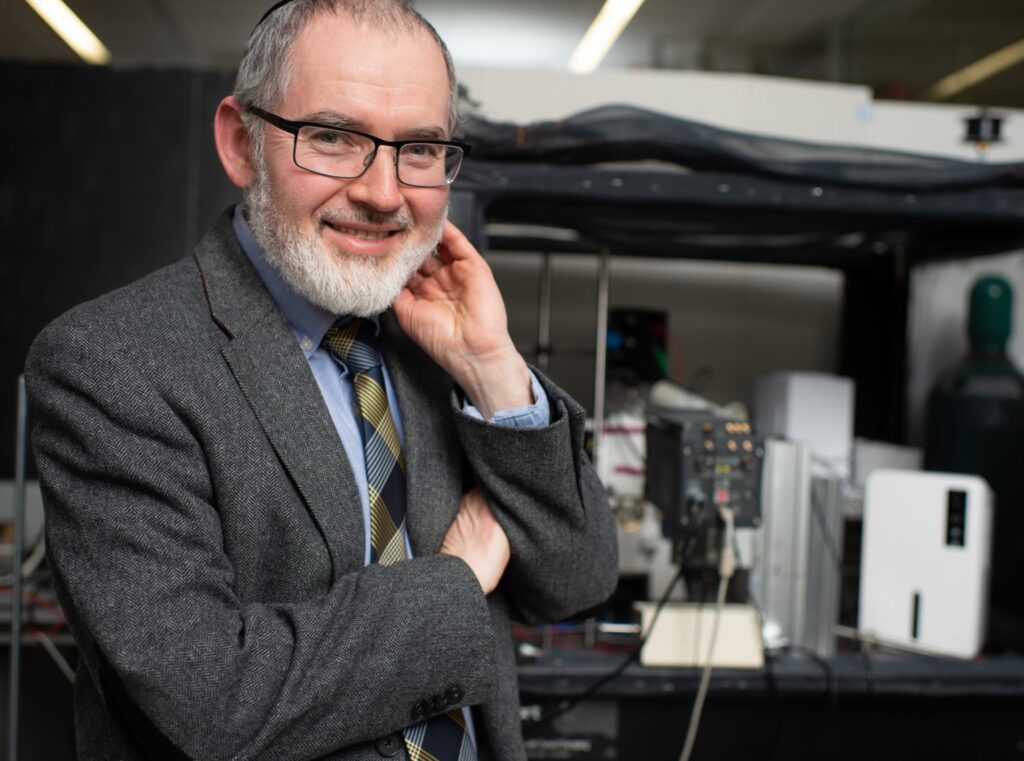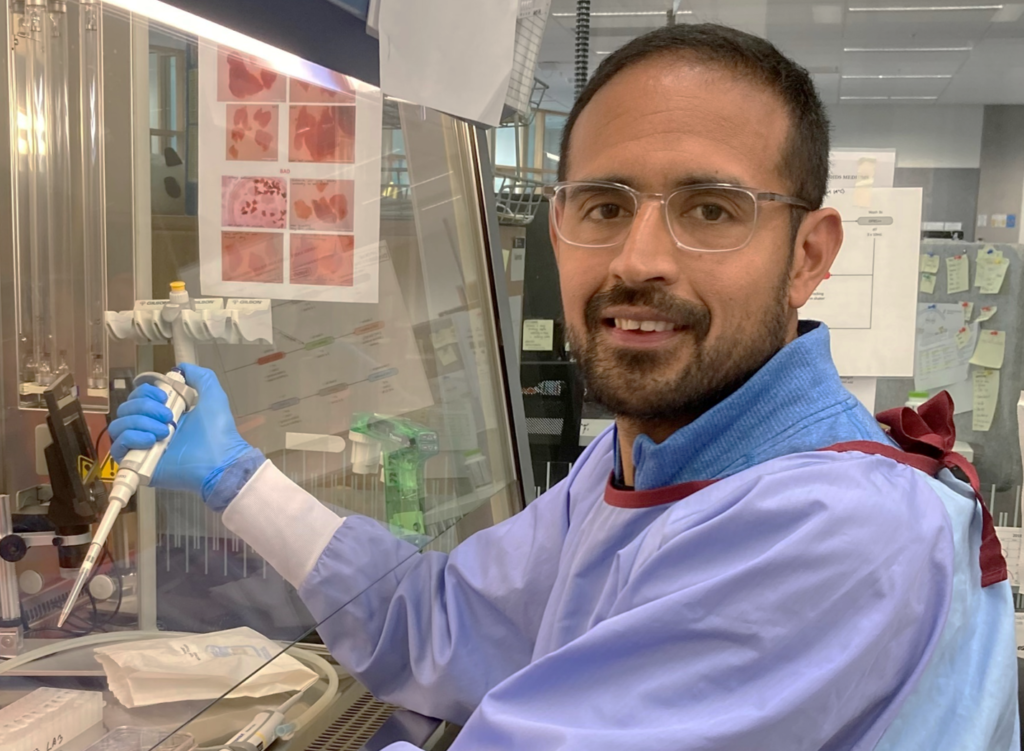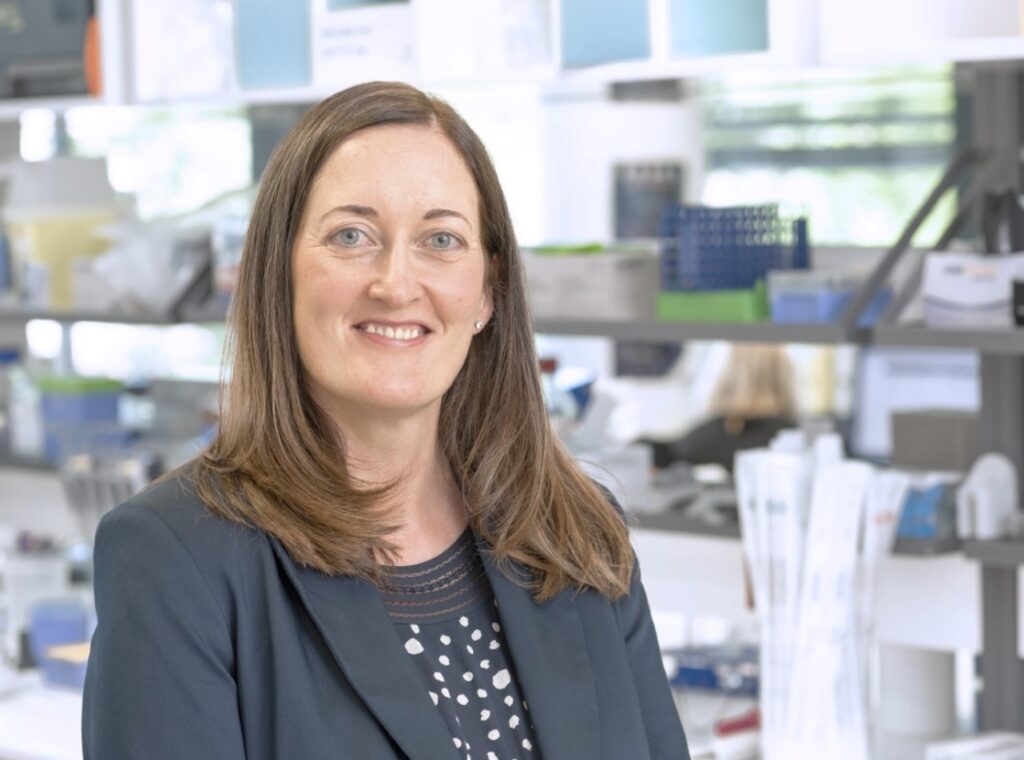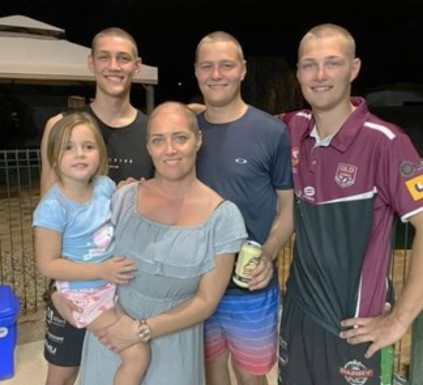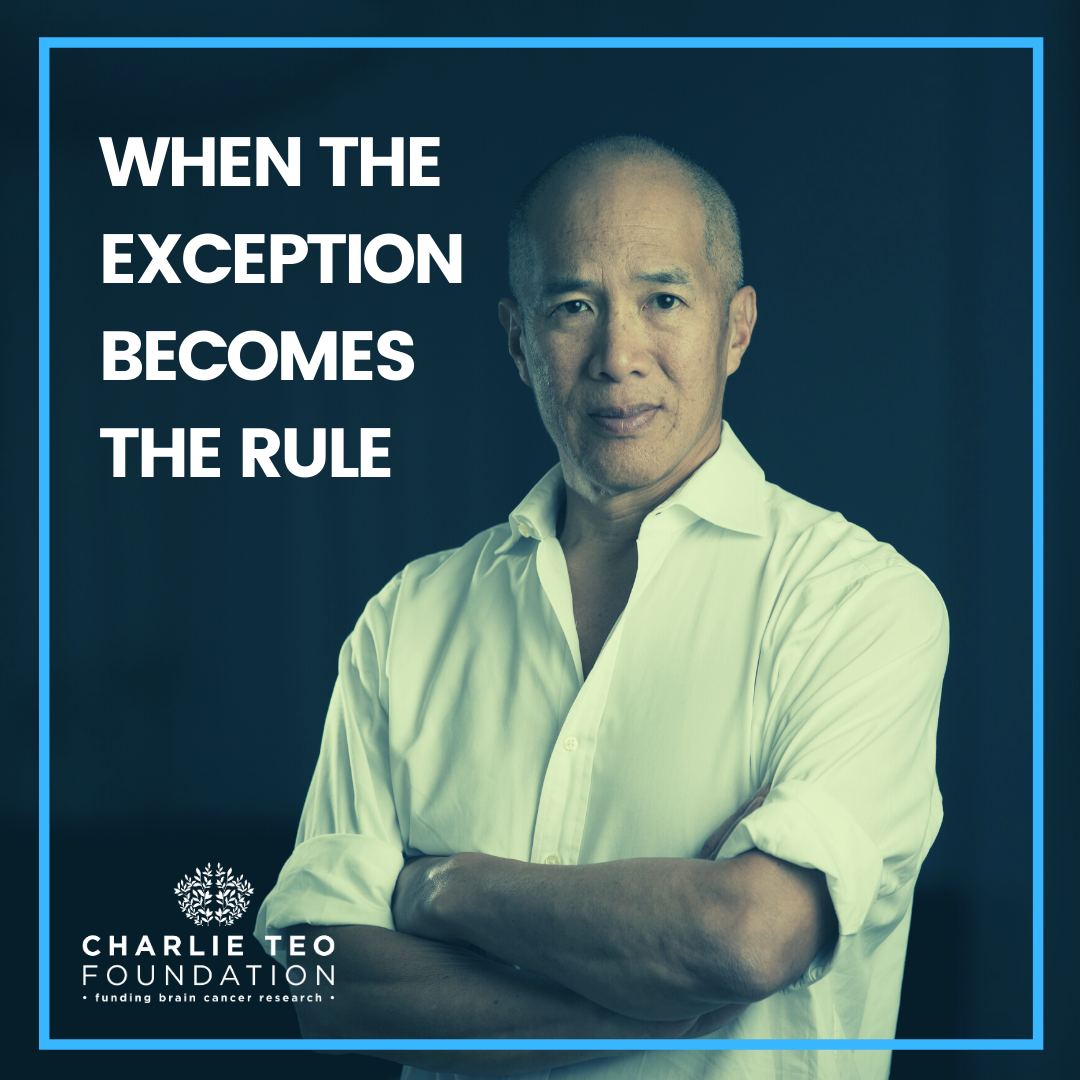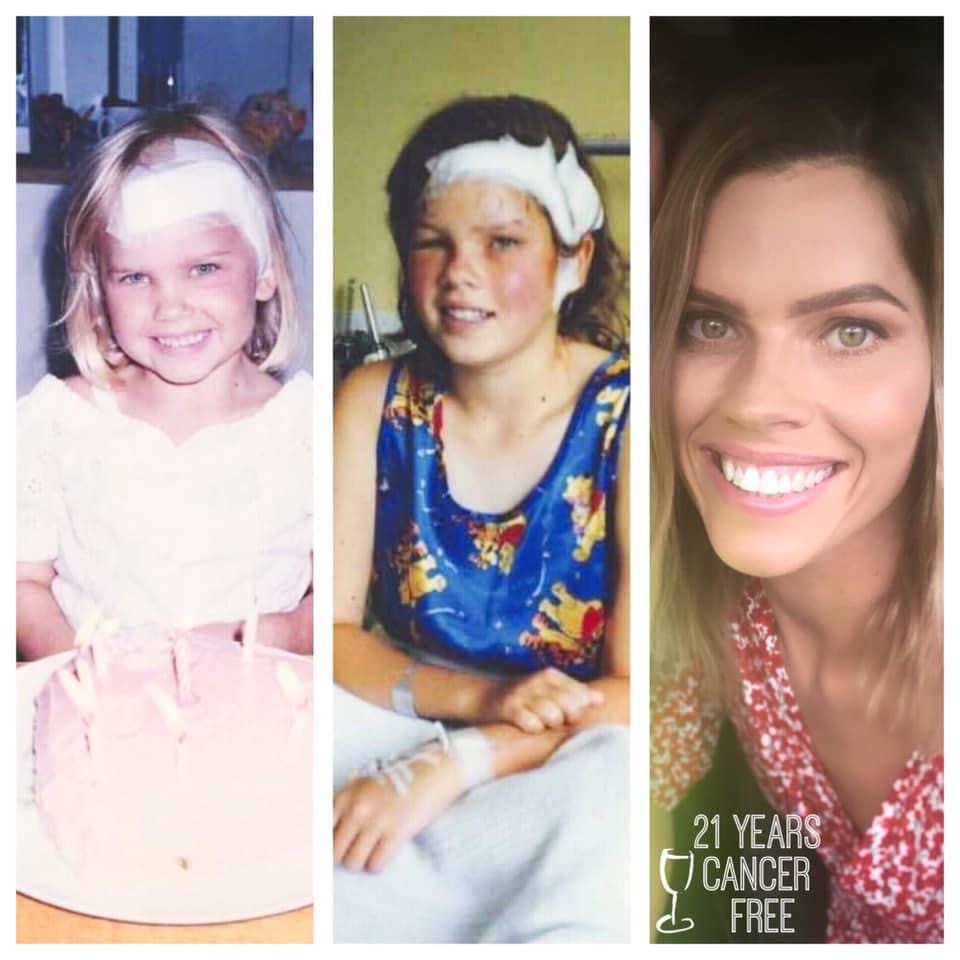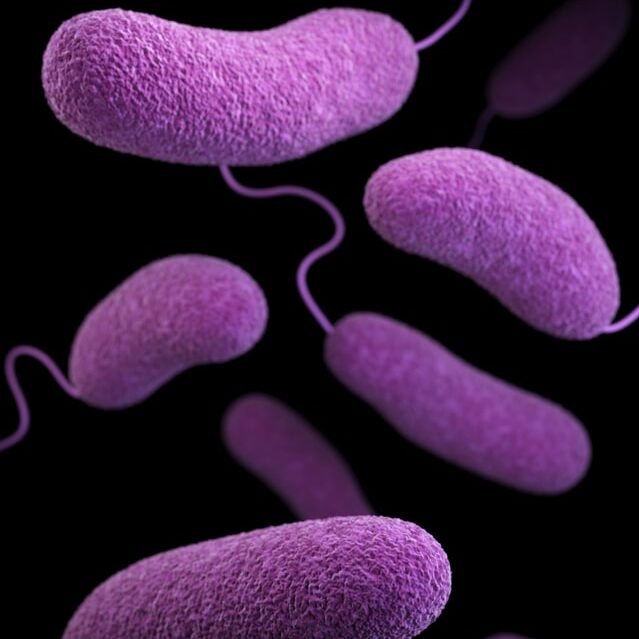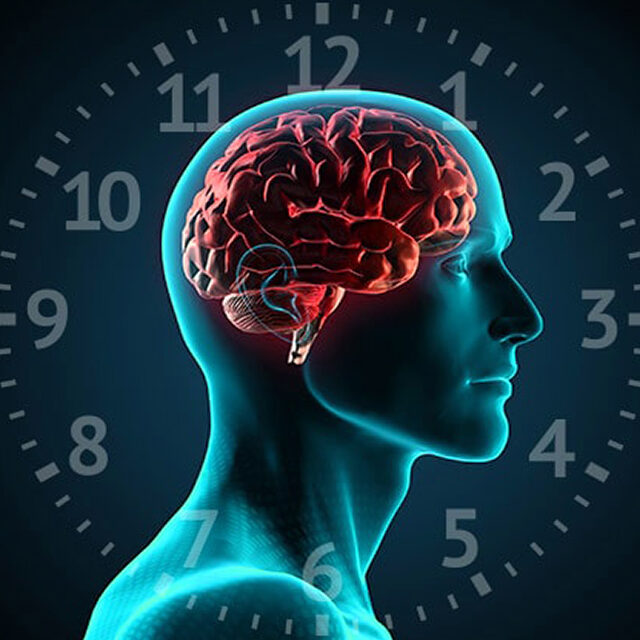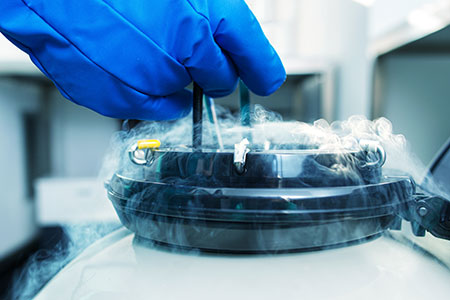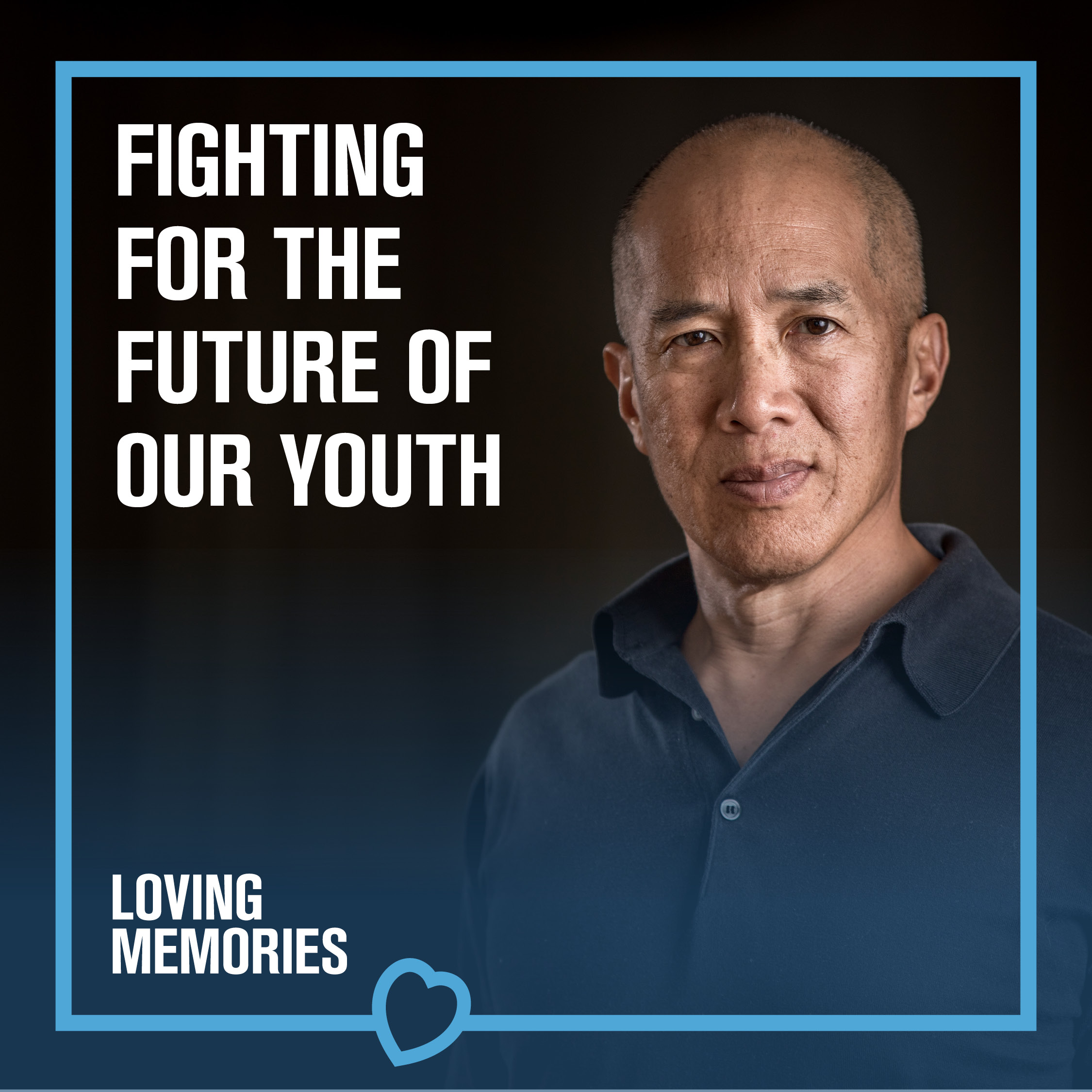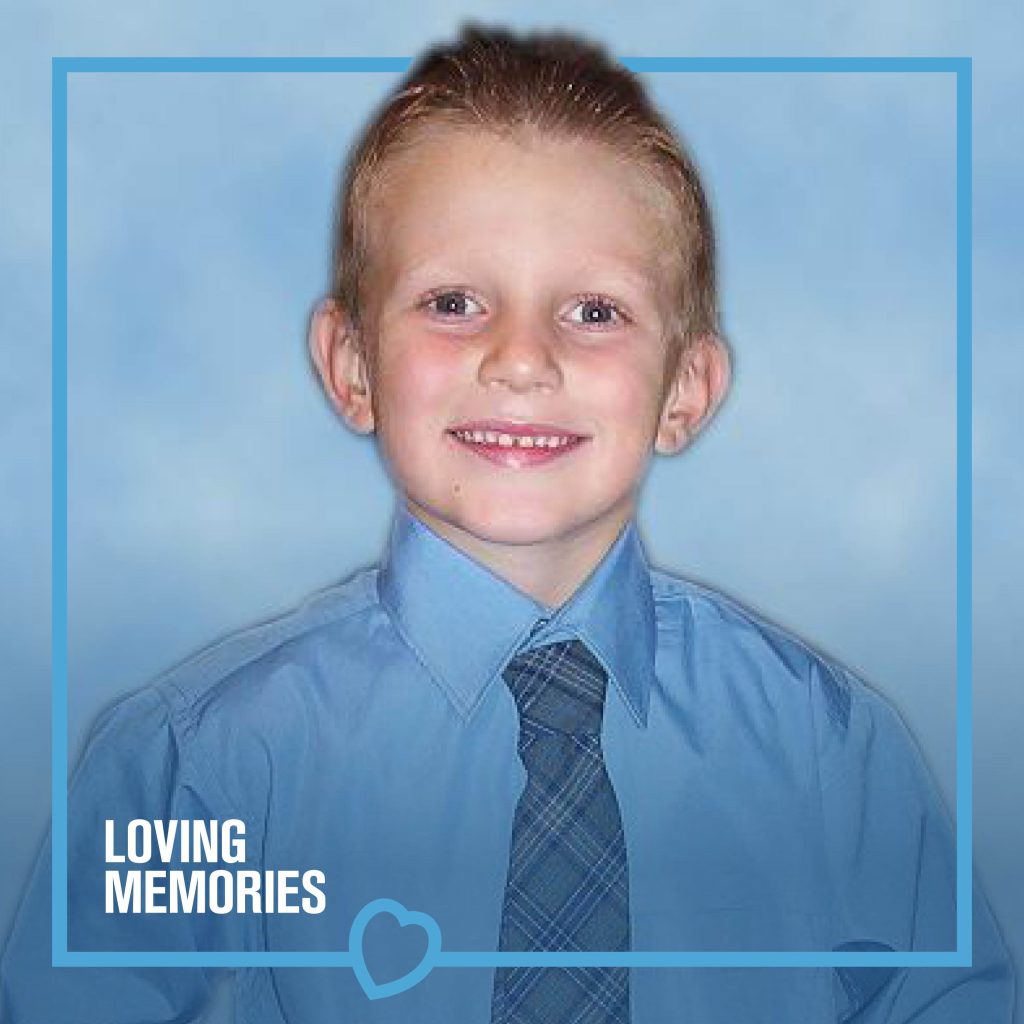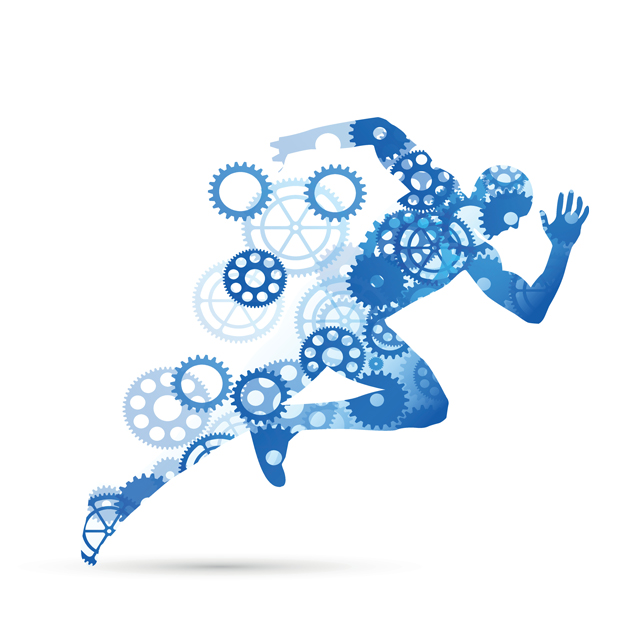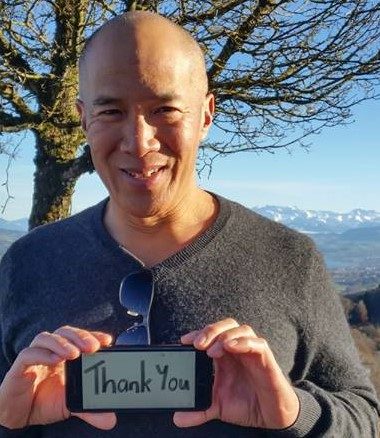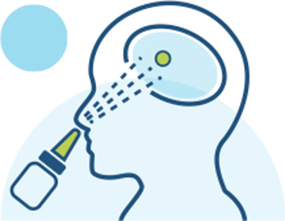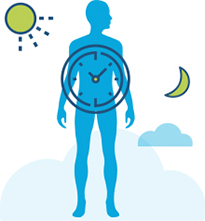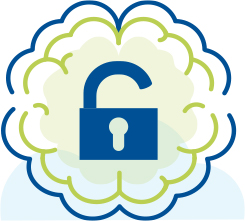WEBSITE TERMS OF USE
These terms and conditions (Terms) govern your use of this website located atwww.charlieteofoundation.org.au(Site). Throughout these Terms, when we mention ‘we’, ‘our’ or ‘us’, we mean Charlie Teo Foundation of Level 1, 605 Botany Rd, Rosebery NSW 2018.
Acceptance
Please read these Terms carefully before using this Site. By using this Site, you agree to be bound by these Terms. If you do not wish to be bound by these Terms, you should not use this Site and you should close this Site immediately.
We may revise these Terms from time to time. Revised Terms are effective immediately upon being posted onto this Site. Your continued use of this Site will mark your acceptance of any such revised Terms.
Use of Content
Unless otherwise indicated by us, we own all intellectual property rights, including copyright, in all text, graphics, images, artwork, photographs, pictures, trade marks, logos, computer code and other materials posted on this Site (Content), and the arrangement of this Content.
Occasionally, we may publish Content in which the copyright is not owned by us. When this is done, we make every effort to acknowledge the copyright owner.
The Content may only be used by you for personal, educational and non-commercial purposes. You agree not to:
(a) alter or remove any copyright, trade mark or other proprietary notice of ours or of any other company appearing on this Site;
(b) copy, sell, reproduce, republish, transmit or distribute, the Content or upload, post or display the Content on any other website or medium for publication or distribution or for any commercial enterprise;
(c) modify or edit the Content in any way; or
(d) to the maximum extent permitted by law, reverse engineer, translate, adapt or modify any software used in connection with this Site.
Our approval of any fundraising activity does not constitute permission to reproduce or modify any of the Content on this Site and all requests for such permission must be approved by us in writing.
The Content on this Site is for general information purposes only. We make no warranties or representations about the accuracy, reliability, currency or continuous supply of any of the Content on this Site. As a user of this Site, you are required to make your own enquiries before entering into any transaction on the basis of, or in reliance upon, the Content.
In the event that you find any inaccurate information on this Site, or have any complaint about what we have published, please emailinfo@charlieteofoundation.org.au. We will investigate the matter on receipt of your email and will take such further action as we consider appropriate.
Approved Instagram content terms and conditions
When accepting rights requests you are allowing the Charlie Teo Foundation to use your content in future marketing campaigns with no copyright.
Rights will be requested by the Charlie Teo Foundation via commenting on your Instagram or via a Tweet and require a response to approve use of your content. To agree to the Charlie Teo Foundation reusing your content simply reply using the hashtag #YesCharlieTeoFoundation
Copyright: Upon approval, photos become available for use by the Charlie Teo Foundation and each participant relinquishes any claims of ownership or rights therein upon approval of their content to be used.
Your Conduct
You must use this Site for lawful purposes only. You must not transmit via this Site any material which is illegal, threatening, abusive, defamatory, invasive of privacy rights, vulgar, obscene, profane or otherwise objectionable or inappropriate, or which violates or infringes in any way upon the rights of others.
Donations
Access to the Charlie Teo Foundation’s website including the “Donations” web page, is provided “as is” and “as available” and without warranty of any kind except those not able to be excluded by Australian law. Charlie Teo Foundation does not guarantee such access, particularly access by mobile phone, or that such access will be continuous, uninterrupted or secure. Mobile phone access to the website is subject to network limitations and availability as well as factors beyond the control of the Charlie Teo Foundation.
Other Terms and Conditions
Additional terms and conditions may apply to specific portions or features of this Site, including contests, promotions or other similar features, all of which terms are made a part of these Terms by this clause.
You agree to abide by such other terms and conditions, including (where applicable) representing that you are of sufficient legal age to use or participate in such service or feature. If there is a conflict between these Terms and the terms posted for, or applicable to, a specific portion of this Site or for any service offered on or through this Site, the latter terms will take precedence with respect to your use of that portion of this Site or the specific service.
Liability
Your access to and use of this Site is provided on an “as is” and “as available” basis.
To the full extent permitted by law, we disclaim all conditions, warranties or rights of any kind in relation to products, including, but not limited to, all implied warranties of merchantability, fitness for a particular purpose and non-infringement.
We are not responsible for any loss or damage caused by this Site (or a part of this Site) being suspended, terminated or your access to and use of this Site limited, or for late delivery or cancellation of an order of a product, except as set out expressly in these Terms.
While we exercise all due care, we cannot and do not guarantee or warrant that the Site will be free of infection, viruses, defects, harmful components or any other codes that may have contaminating or destructive properties. We recommend that you install up-to-date virus protection software on your computer prior to using this Site.
We also make no warranty that:
(a) the Site or products which you order through the Site will meet your requirements;
(b) the Site will be uninterrupted, timely, secure, or error-free; or
(c) the quality of any products, services, information, or other material purchased or obtained by you through the Site will meet your expectations.
Where any condition, warranty or right is implied by law and cannot be excluded, we limit our liability for breach of, or other act contrary to, that implied condition, warranty or right, at our option, to either:
(a) the re-supply of the products or services; or
(b) an amount equivalent to having the products or services re-supplied.
Except as expressly stated in these Terms and in respect of any liability that cannot be excluded by law, we will not be liable for any loss or damages of any kind (including any direct, indirect, incidental and consequential loss or damages) arising in connection with your access to, or use of, or inability to use this Site, the Content (including linked websites) or products which you order through this Site. The foregoing applies whether such loss or damages arise under contract, in tort, in negligence, under statute or otherwise.
Indemnity
We rely on you observing these Terms at all times. You agree to indemnify and hold us and our officers, employees and agents harmless from any claims of any nature whatsoever (including legal costs) by any third party arising out of or in connection with your access to and use of the Site. The indemnity is this clause extends to and covers your breach of these Terms.
Third Party Sites
We may link this Site to other websites which are not under the control of, or maintained by, us. We are providing these links to you only as a matter of convenience and, to the maximum extent permitted by law, we are not responsible for the content of such websites. We do not endorse or recommend any products, materials or services displayed or offered on any websites which may be linked to this Site.
Links from External Sites
We may grant you permission to create a hyperlink from any other website to this Site, upon request. You must receive our permission in writing prior to posting such a hyperlink.
All hyperlinks to this Site must point towww.charlieteofoundation.org.auand not to any internal page, and any text-only link must be identified as ‘Charlie Teo Foundation’. Any deviation from these Terms must be approved by us in writing.
Privacy
We are committed to respecting and protecting your personal information. Please refer to our Privacy Policy available on our website to learn more about how we handle personal information. Should you have any questions in relation to our Privacy Policy please email info@charlieteofoundation.org.au
General
These Terms between you and us will be governed by the laws of New South Wales, Australia. You agree that any dispute or legal proceeding in relation to this Site shall be brought exclusively in the courts of New South Wales, Australia.
Although this Site can be accessed throughout Australia and overseas, we do not represent that the content of this Site complies with the laws (including the intellectual property laws) of countries outside Australia. If you access this Site from outside Australia, you do this at your own risk and are responsible for ensuring compliance with all laws in the place where you are located.
If any provision or part of a provision of these Terms is held by a court of competent jurisdiction to be contrary to law, all other provisions shall remain in full force and effect.
These Terms comprise the entire agreement between you and us in respect to your use of this Site.
Last updated December 2019

